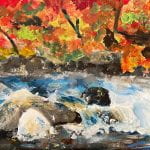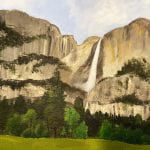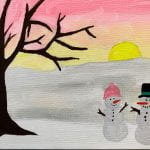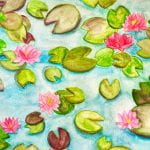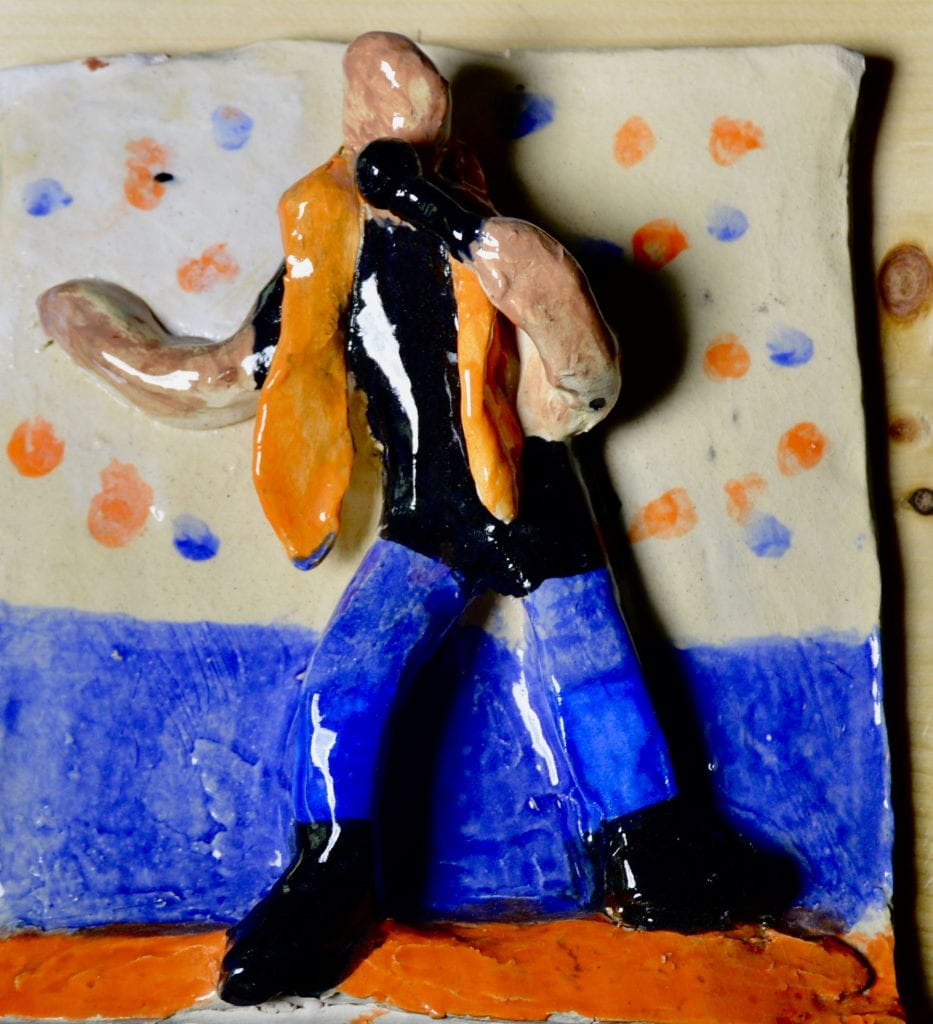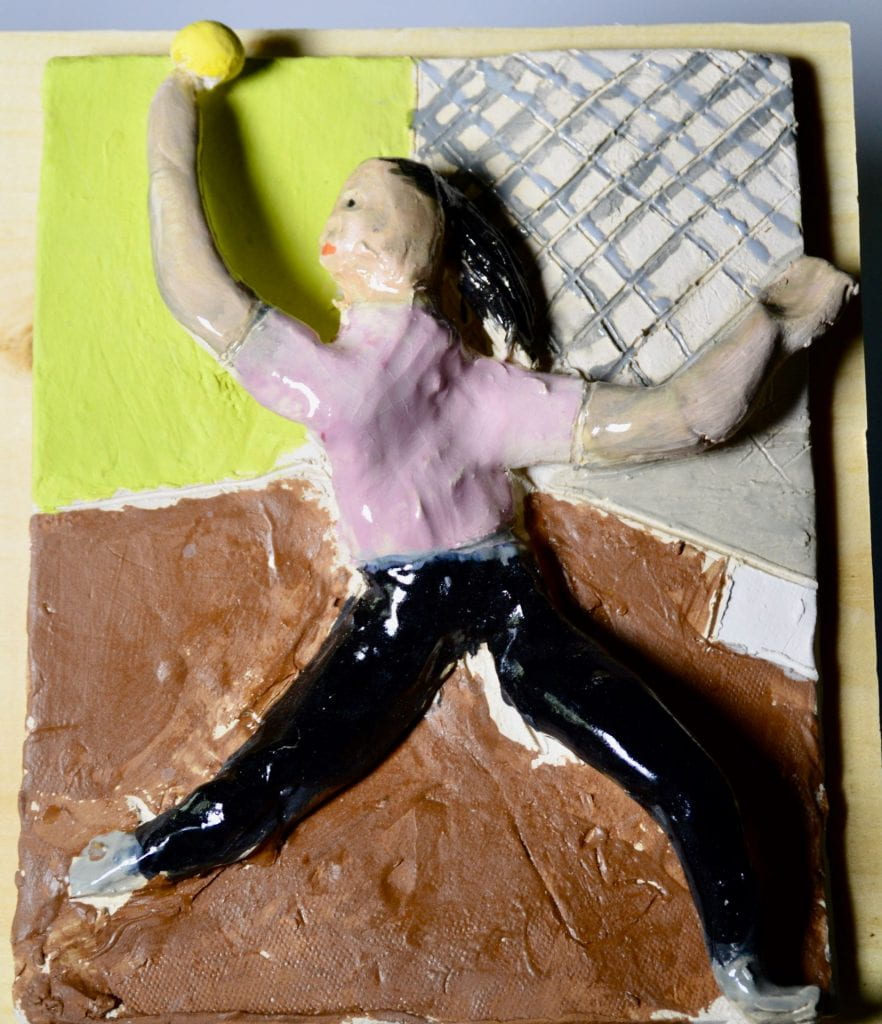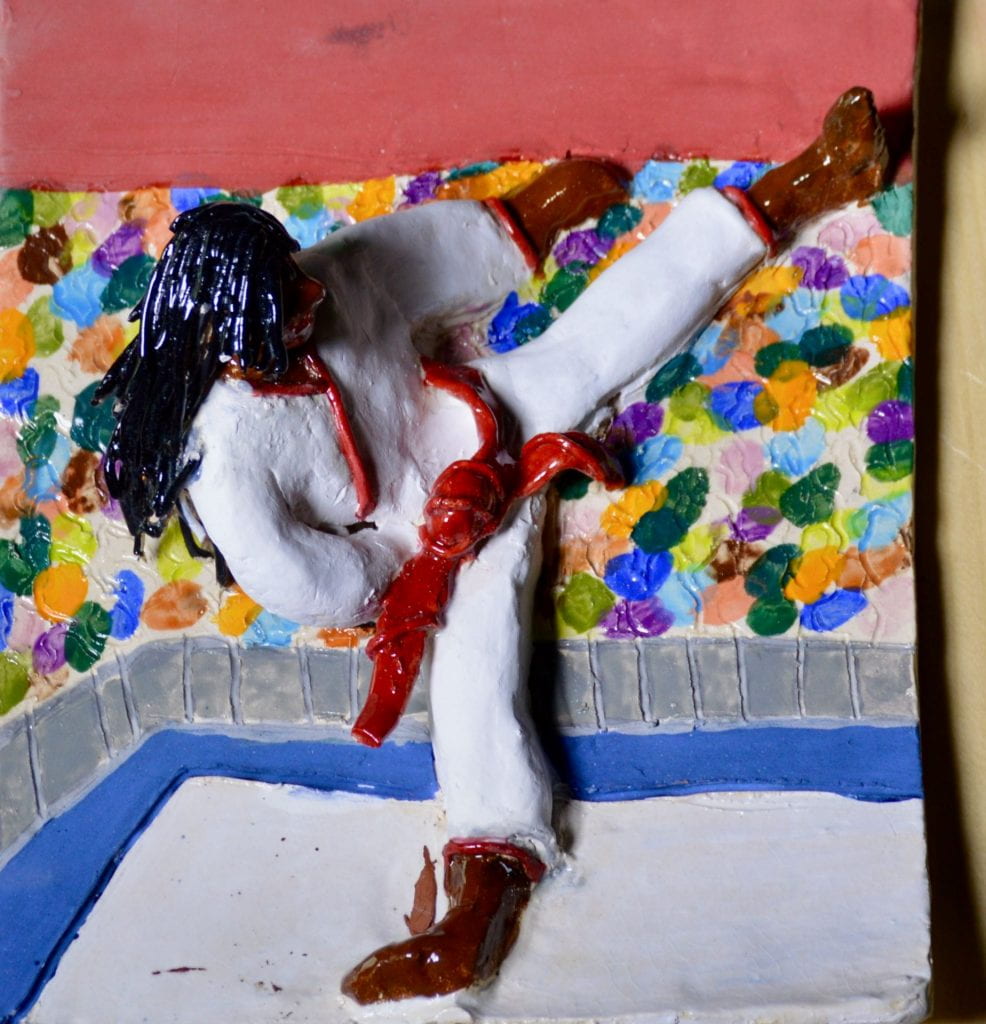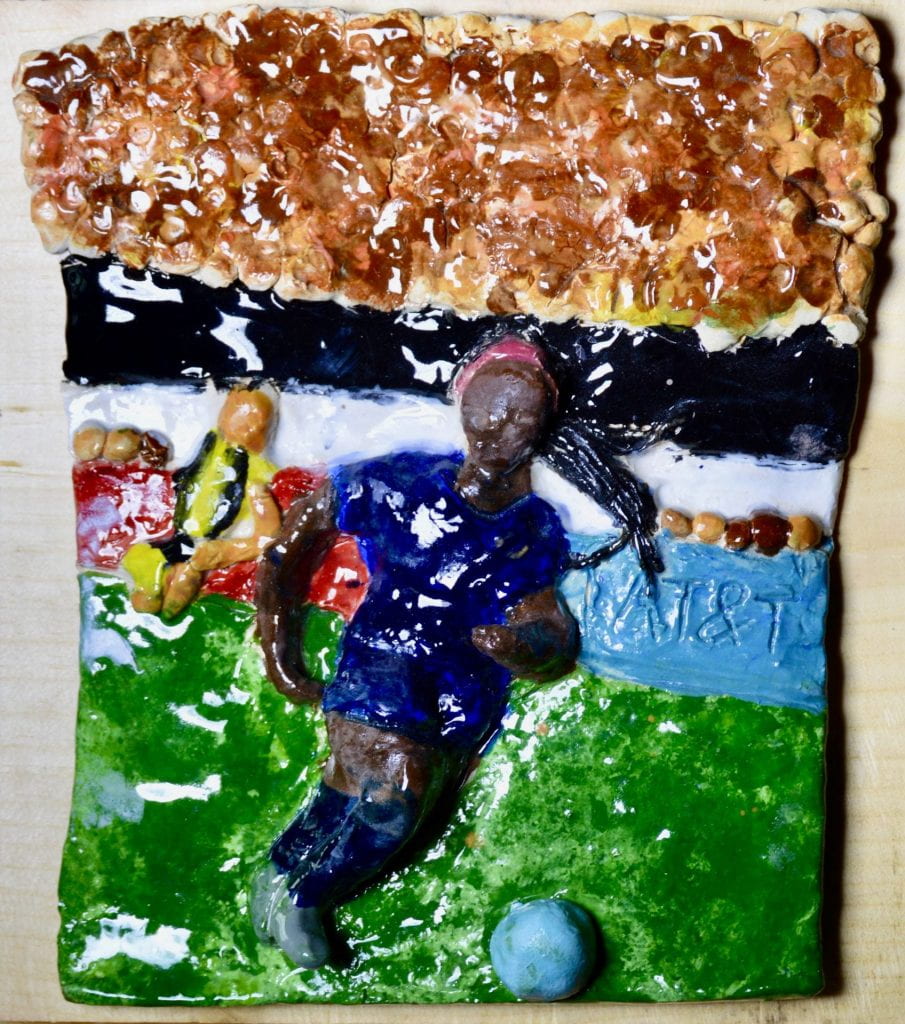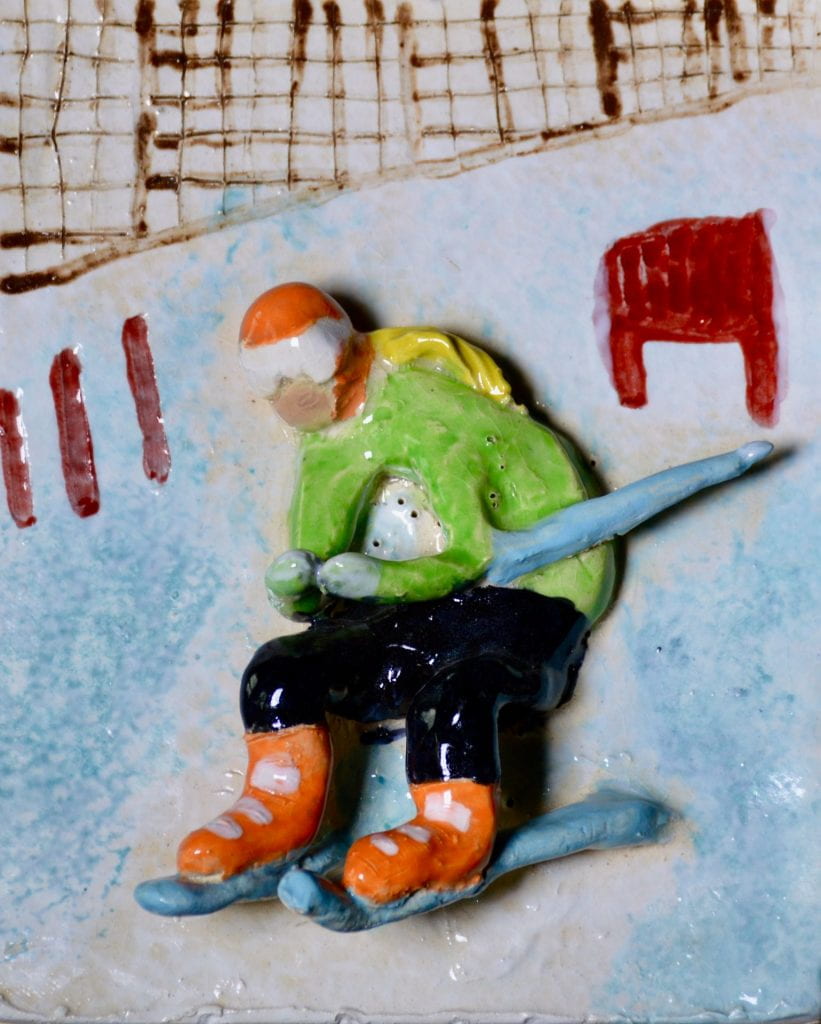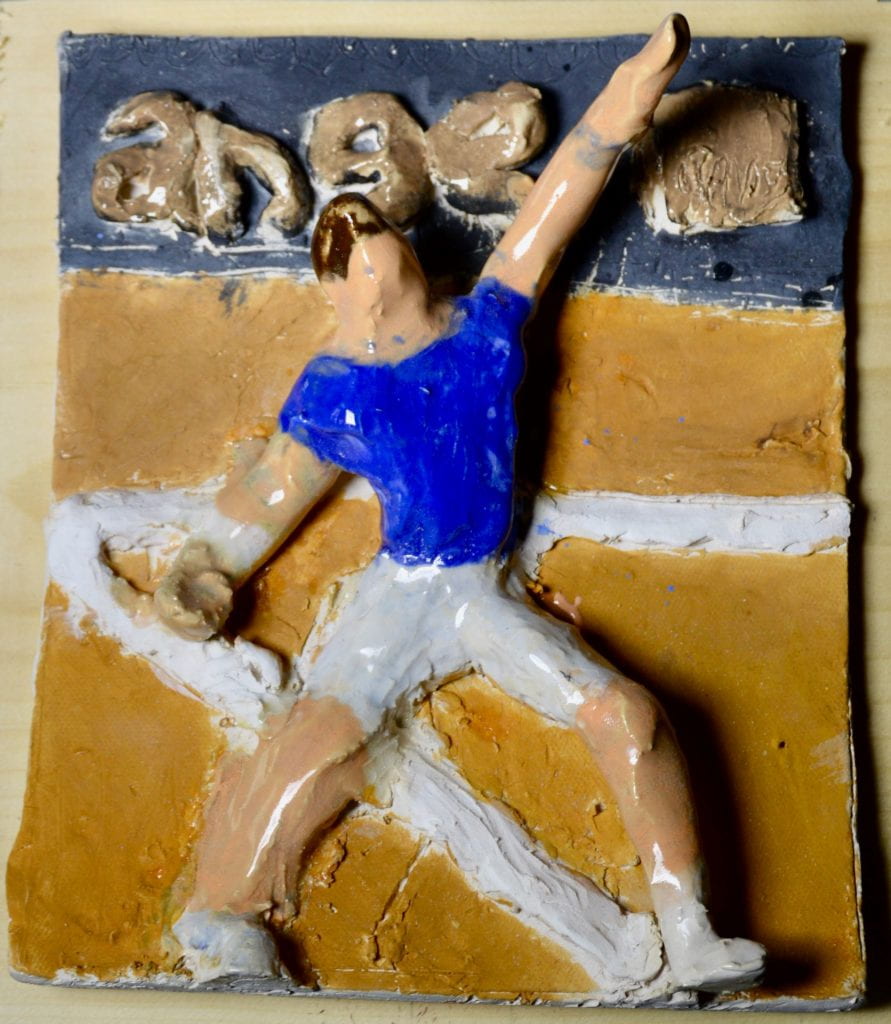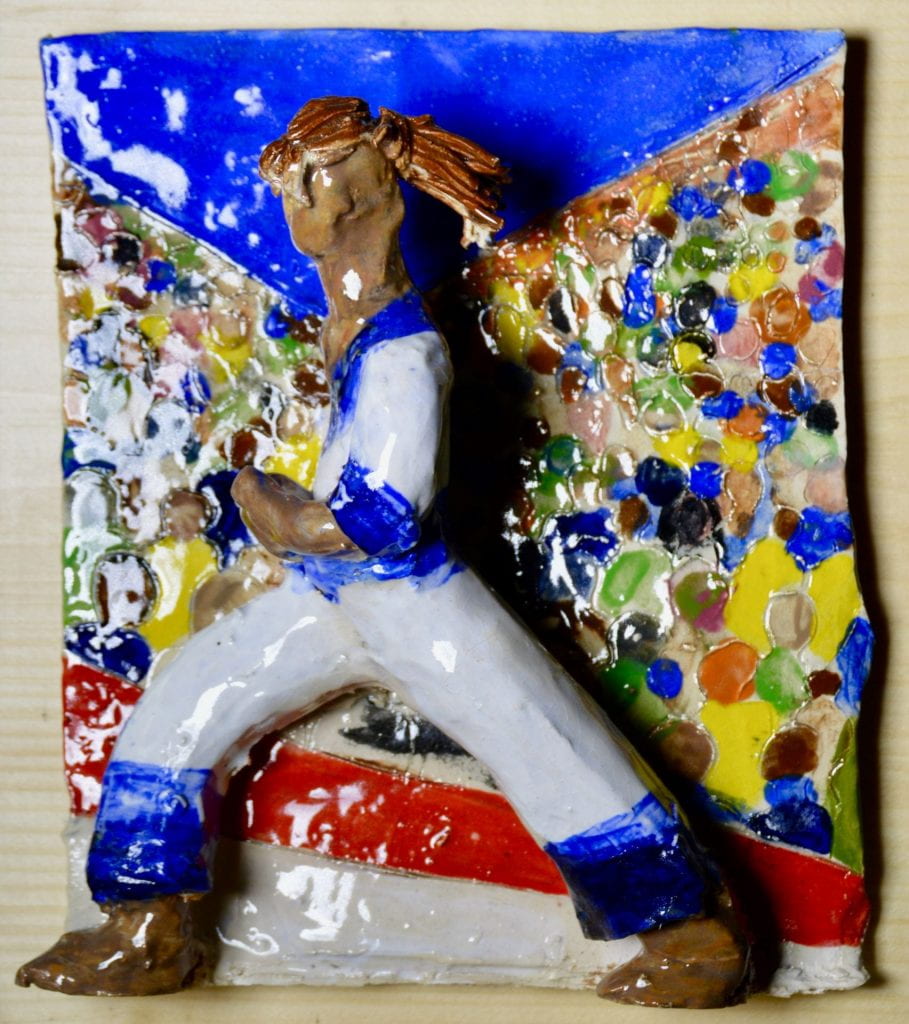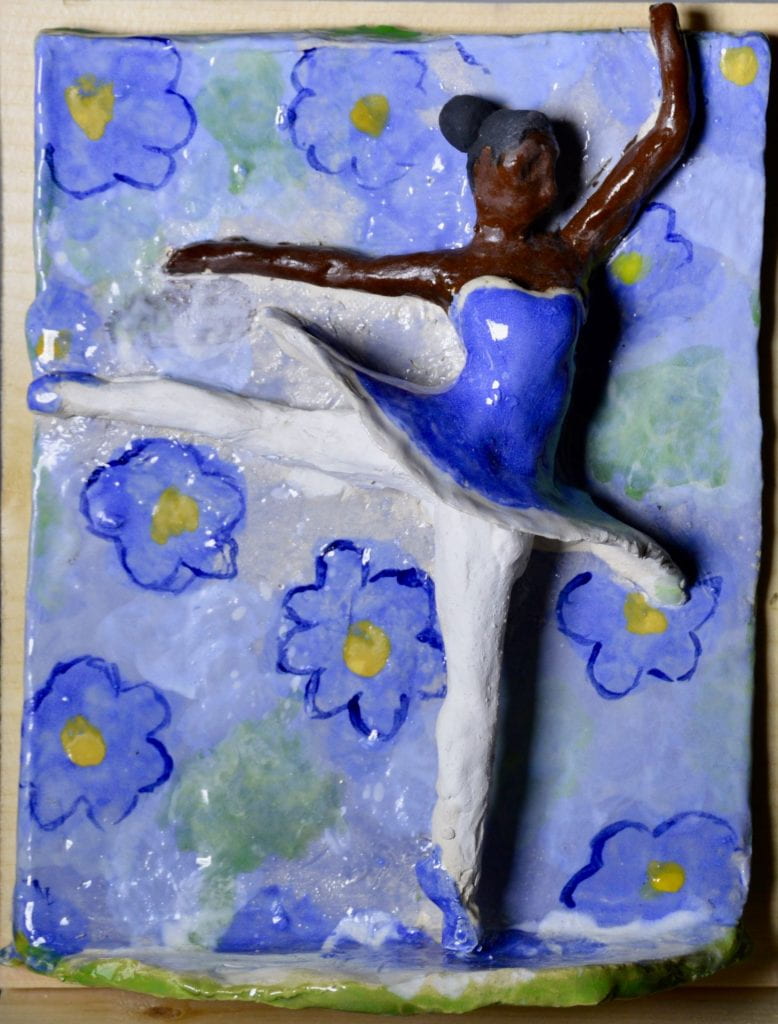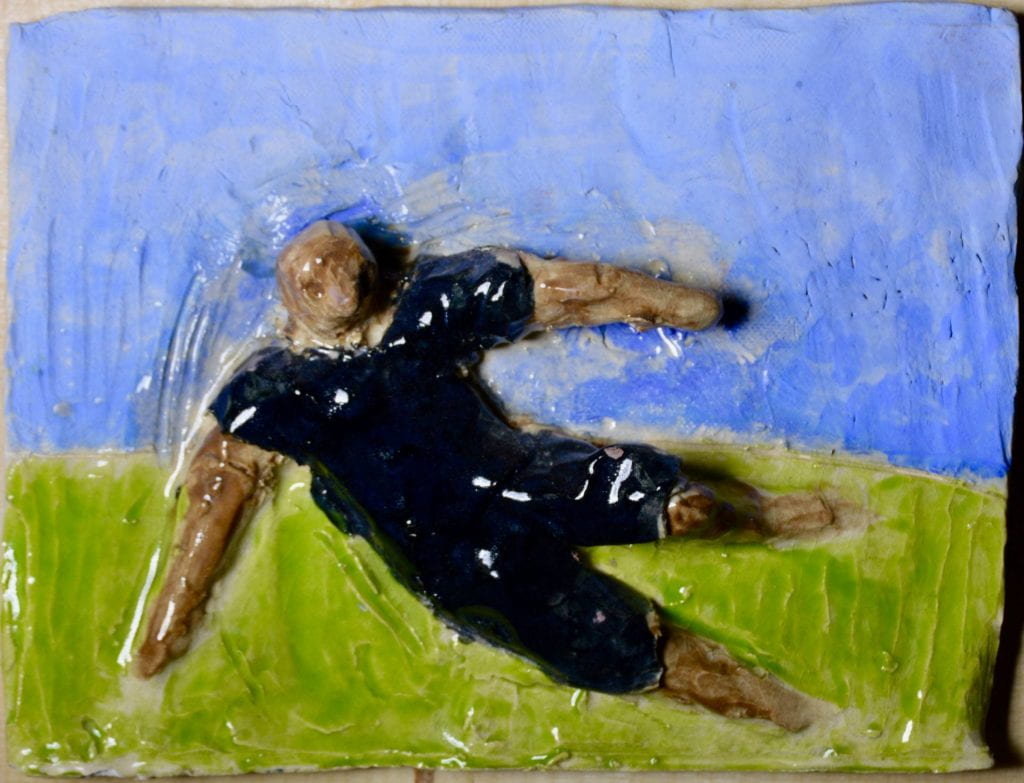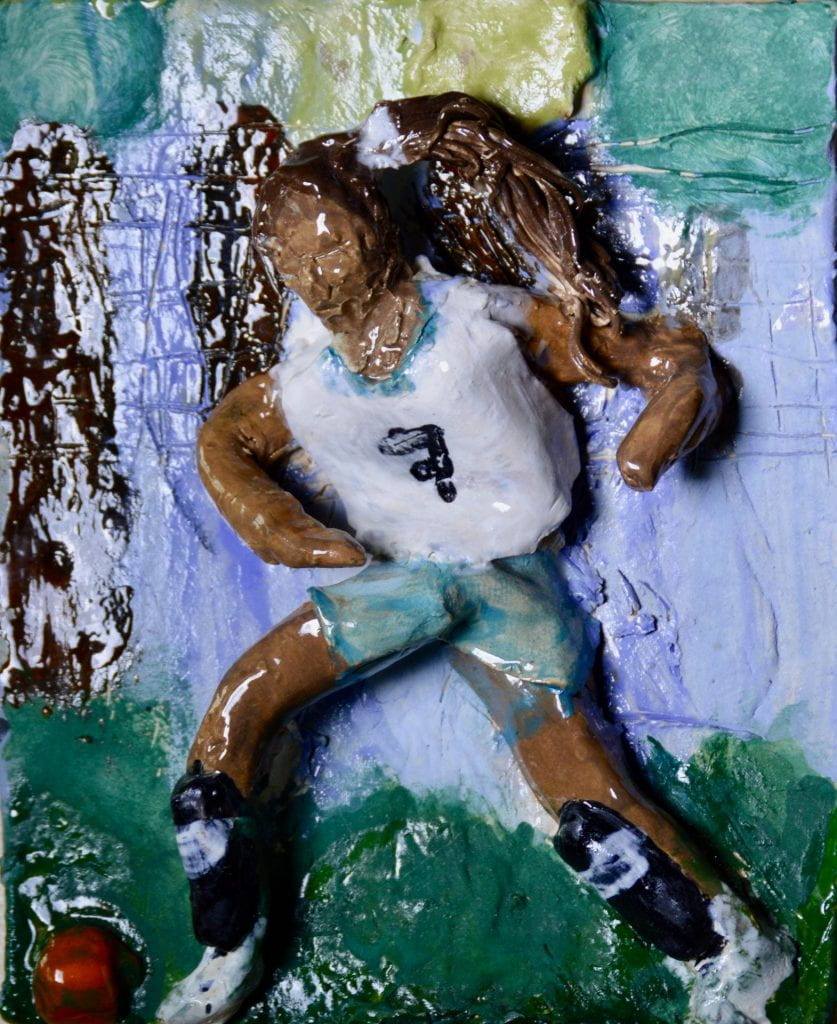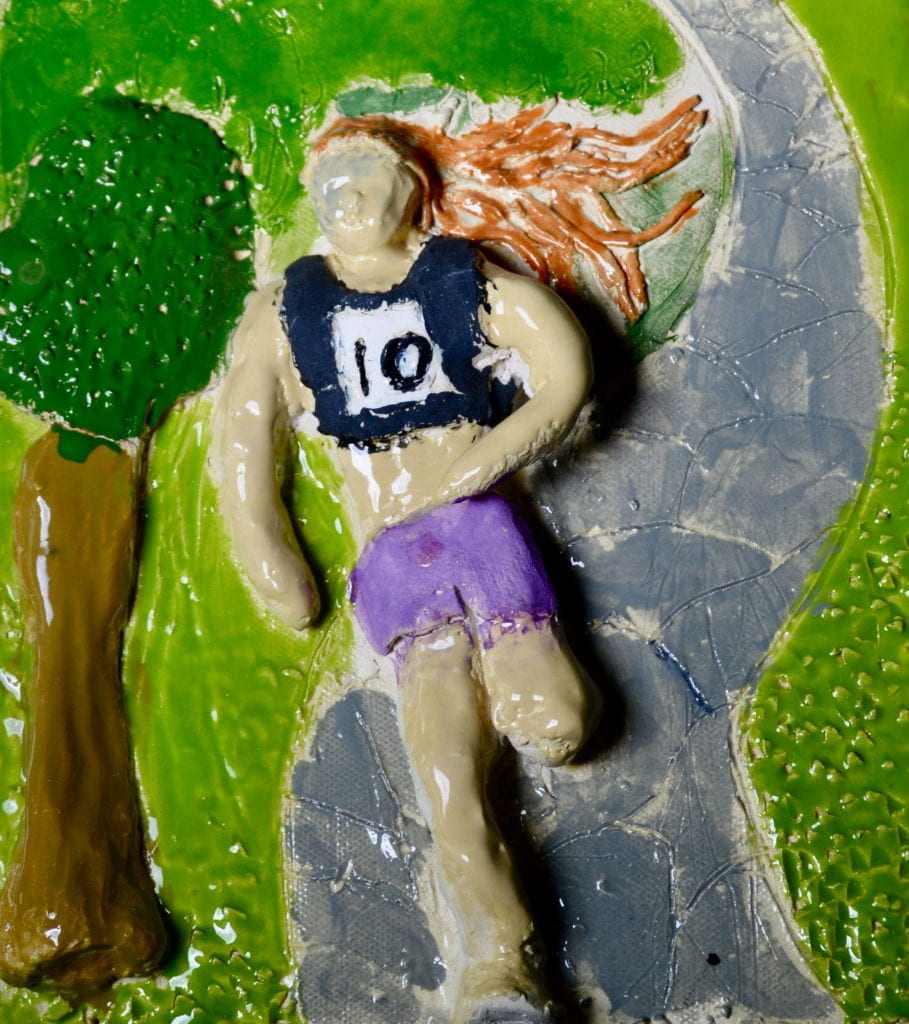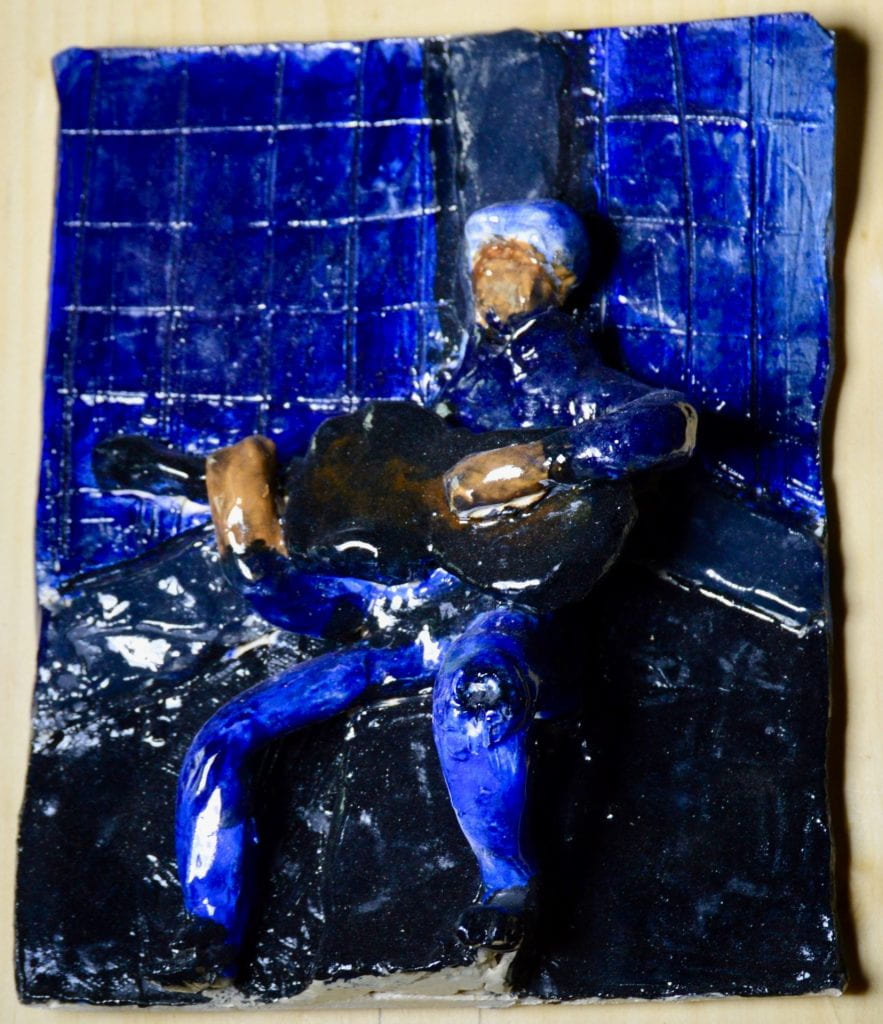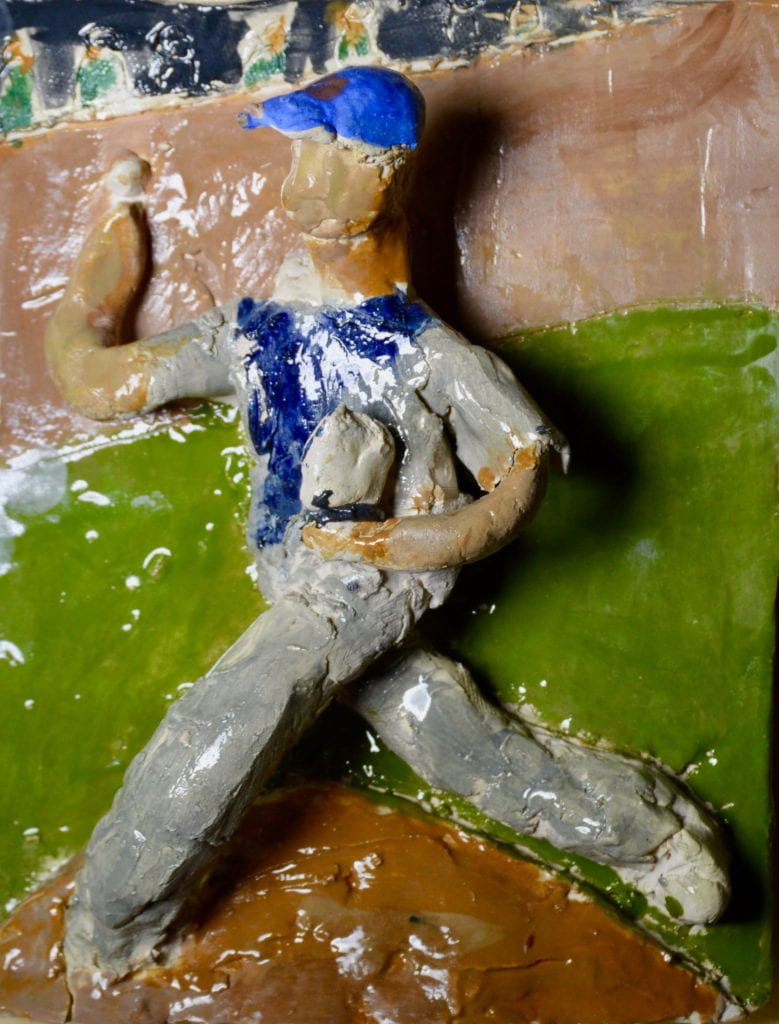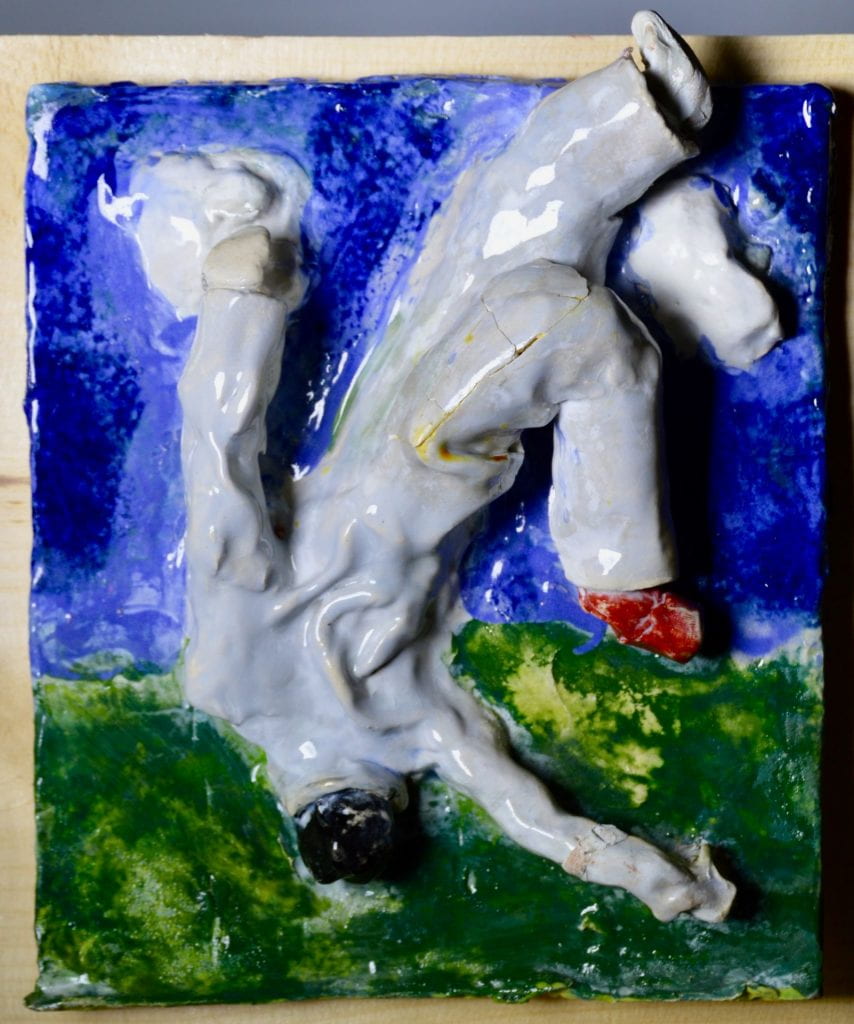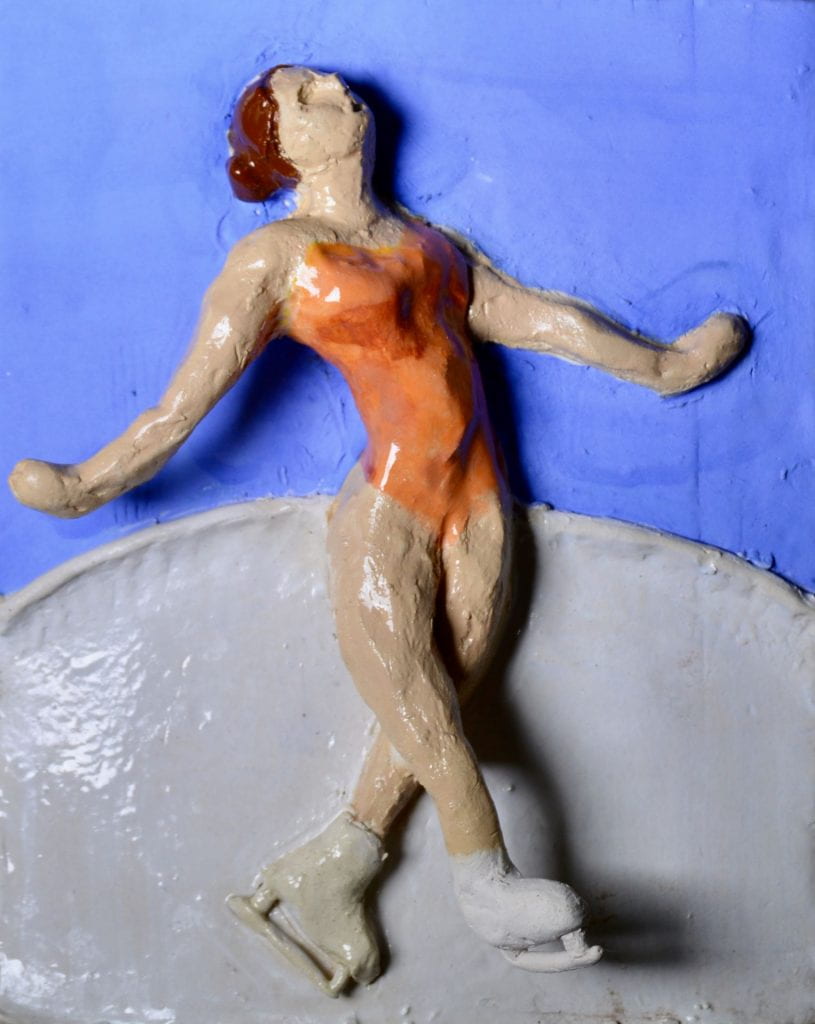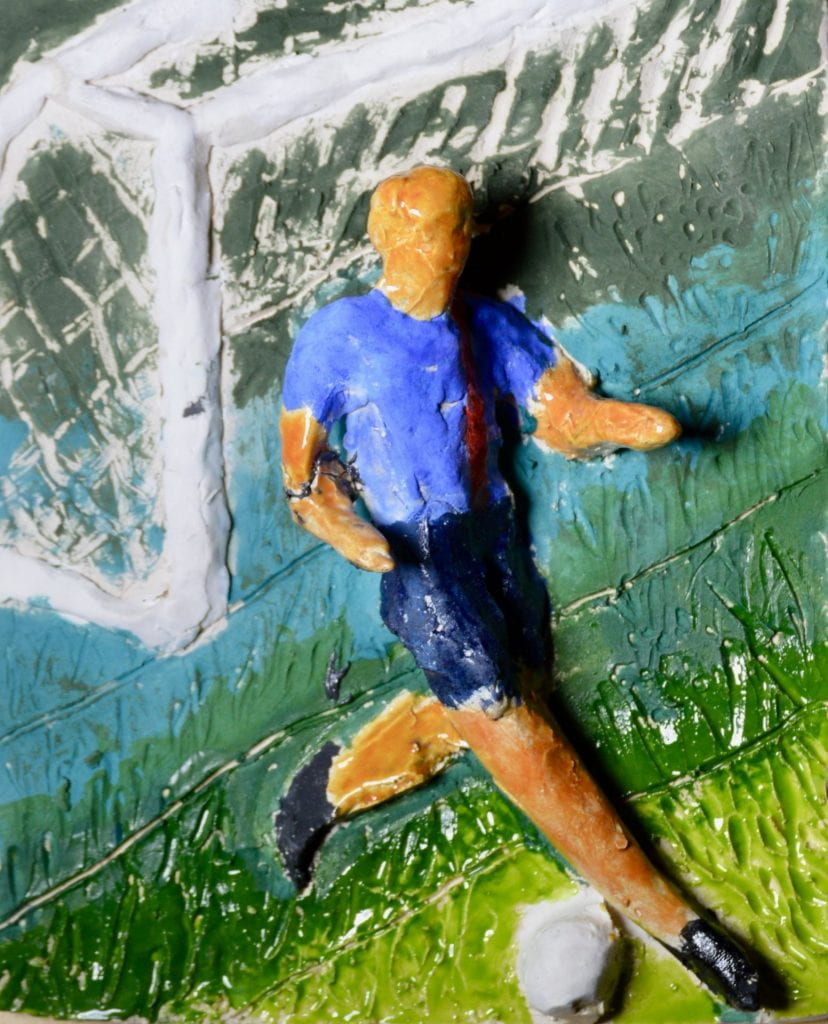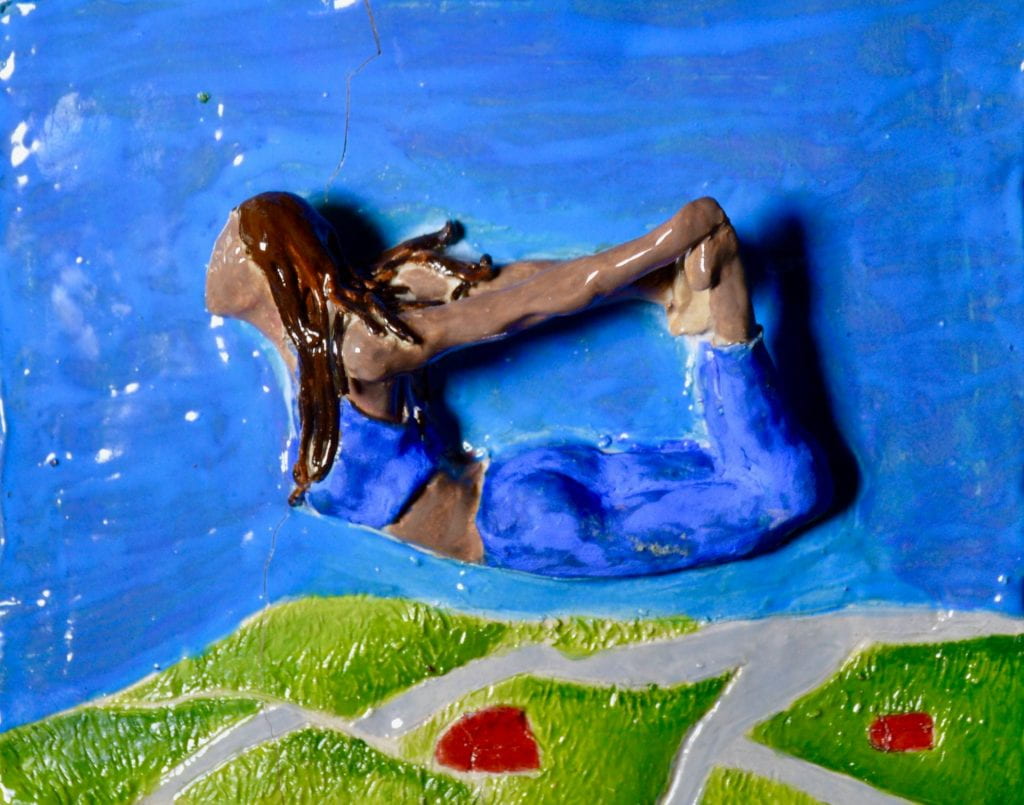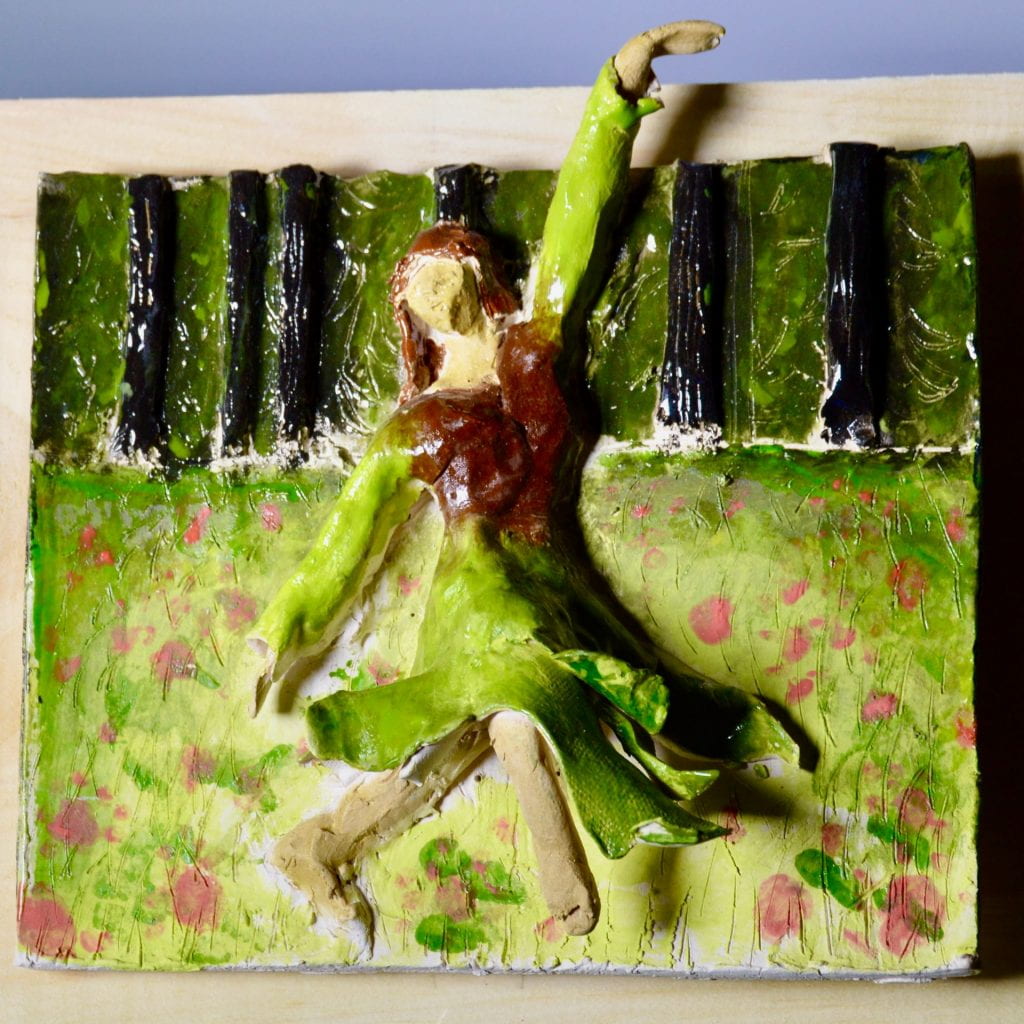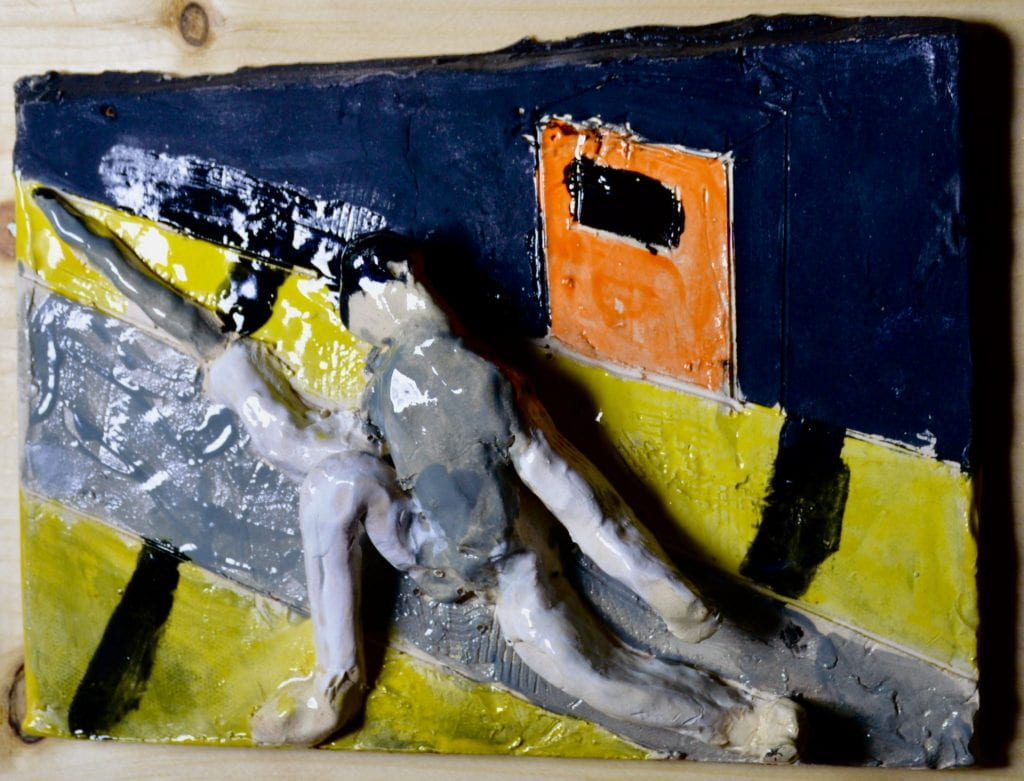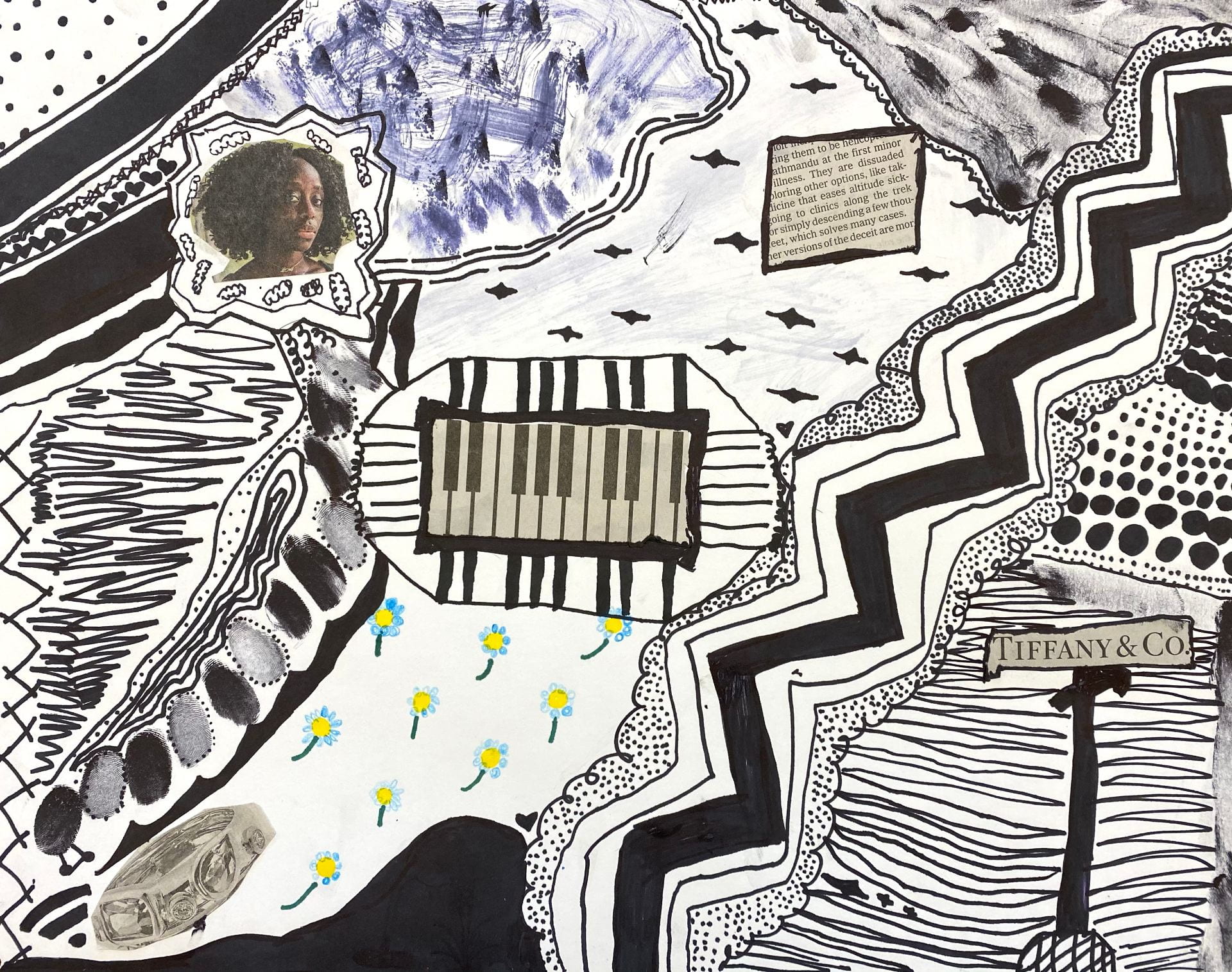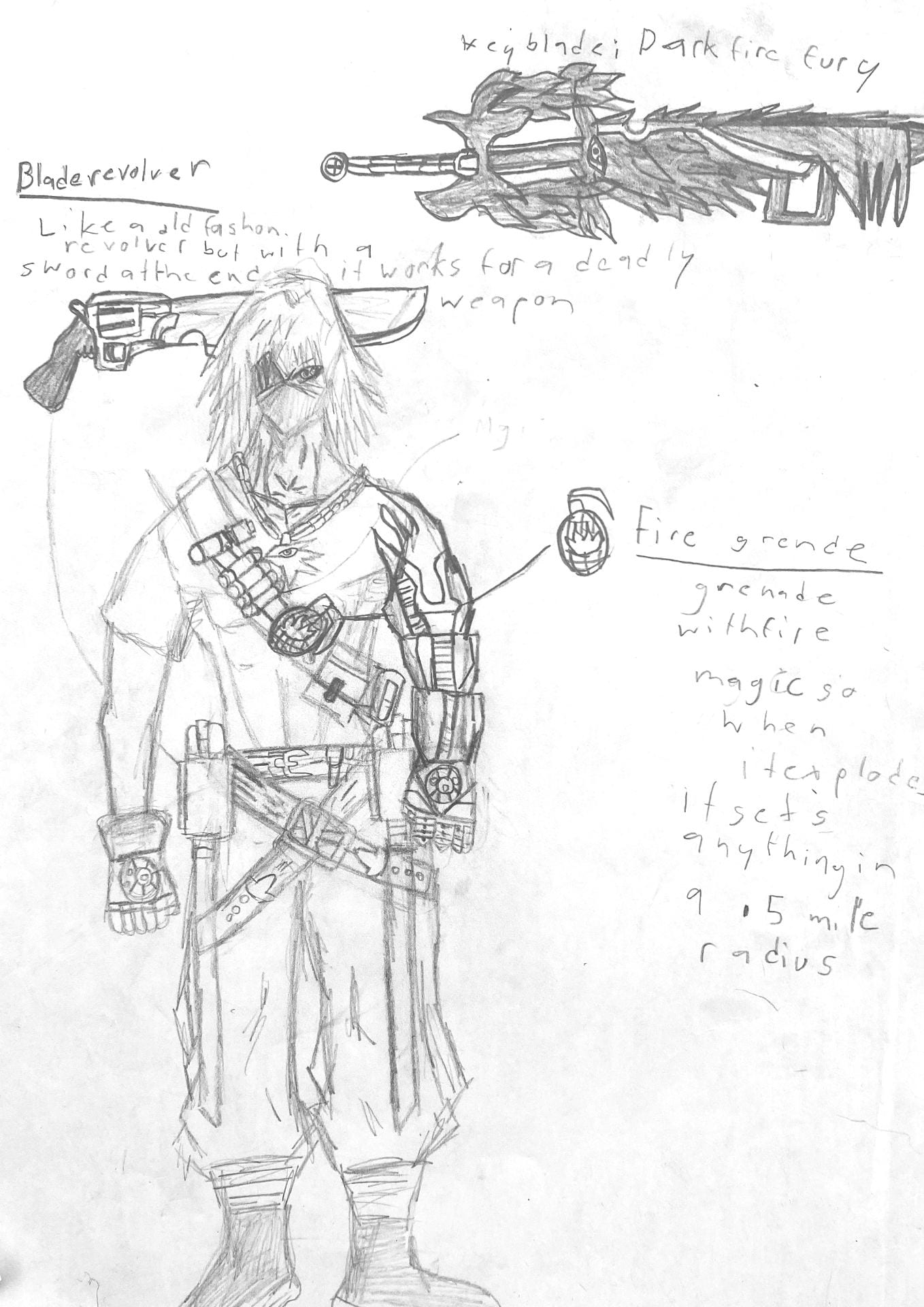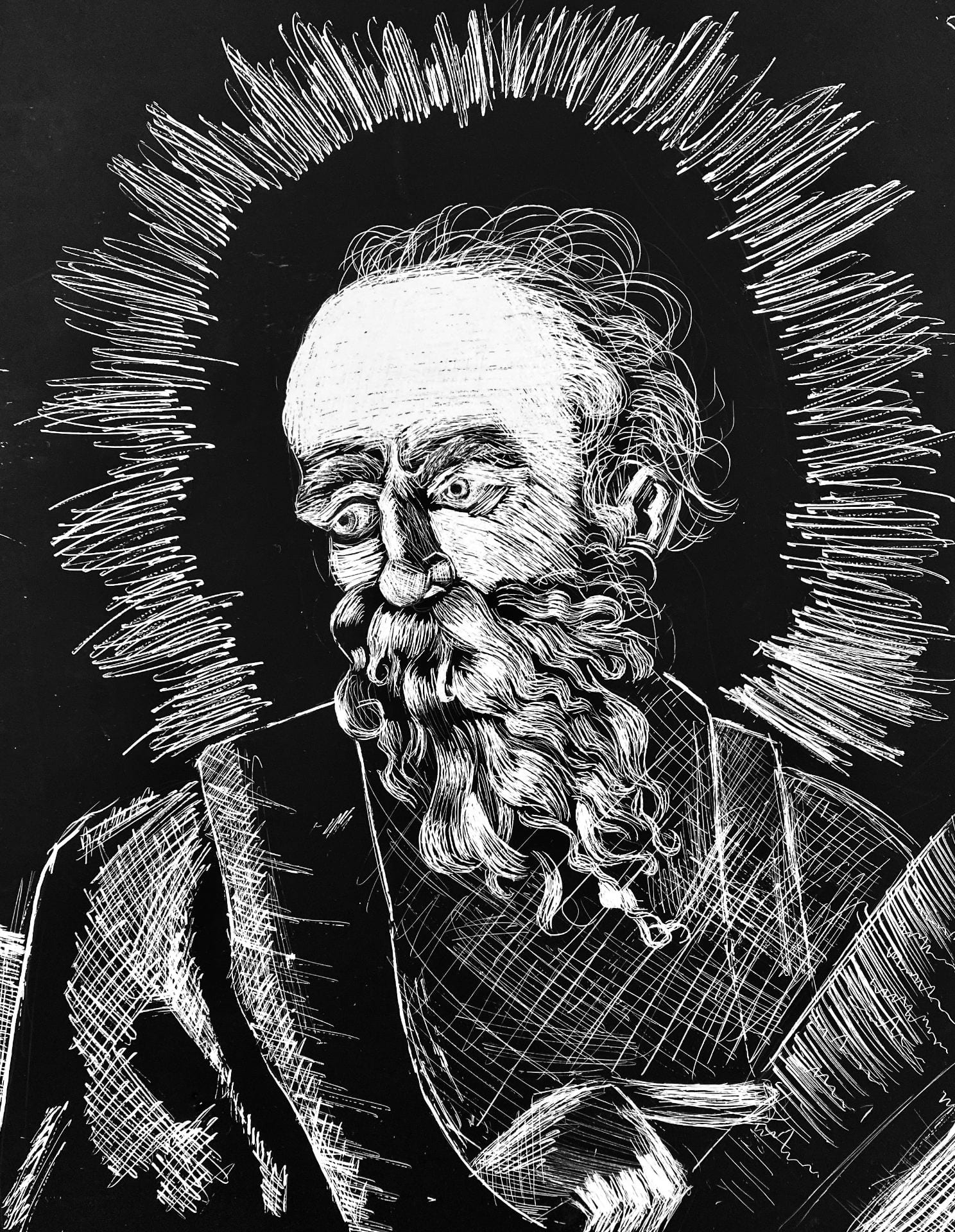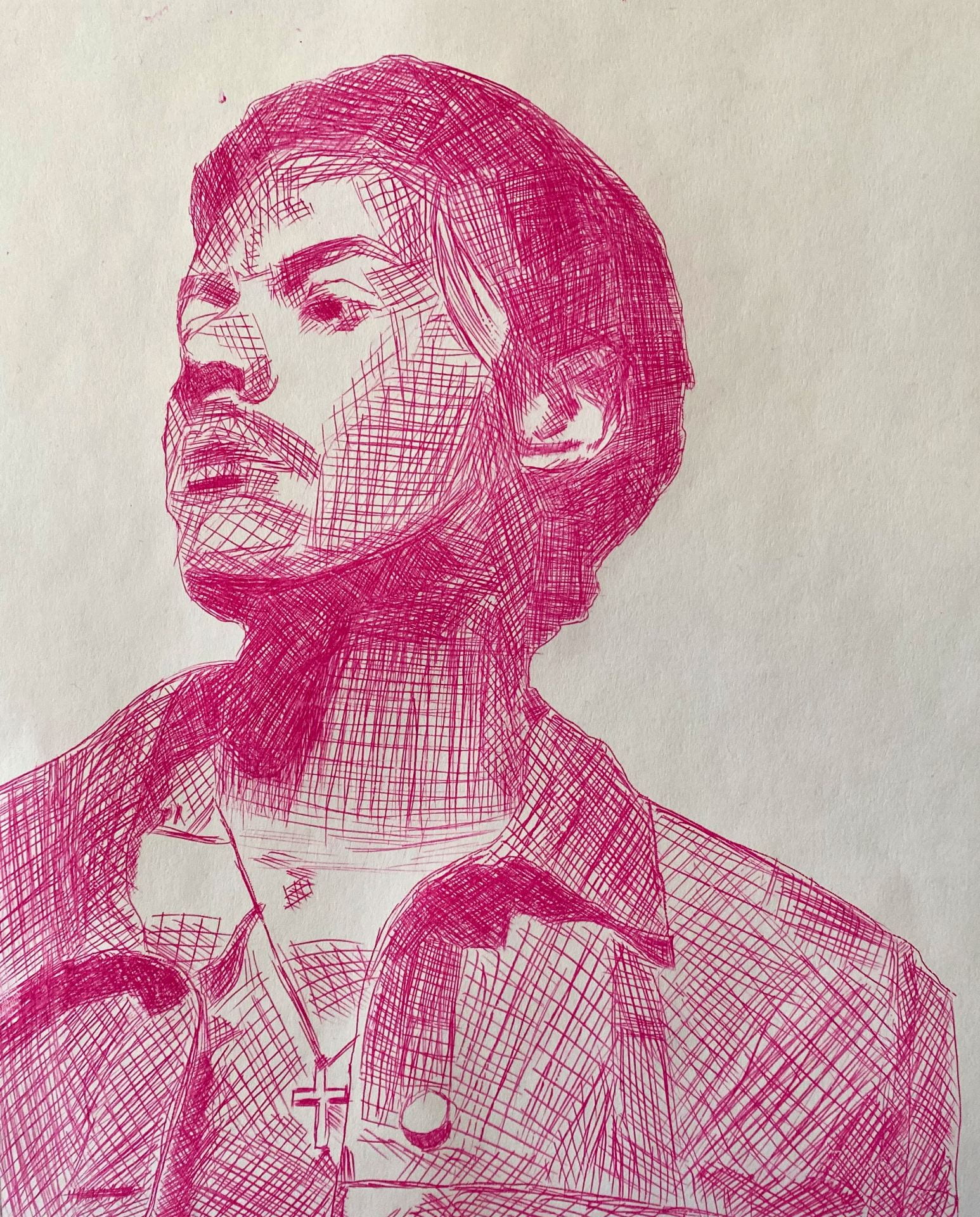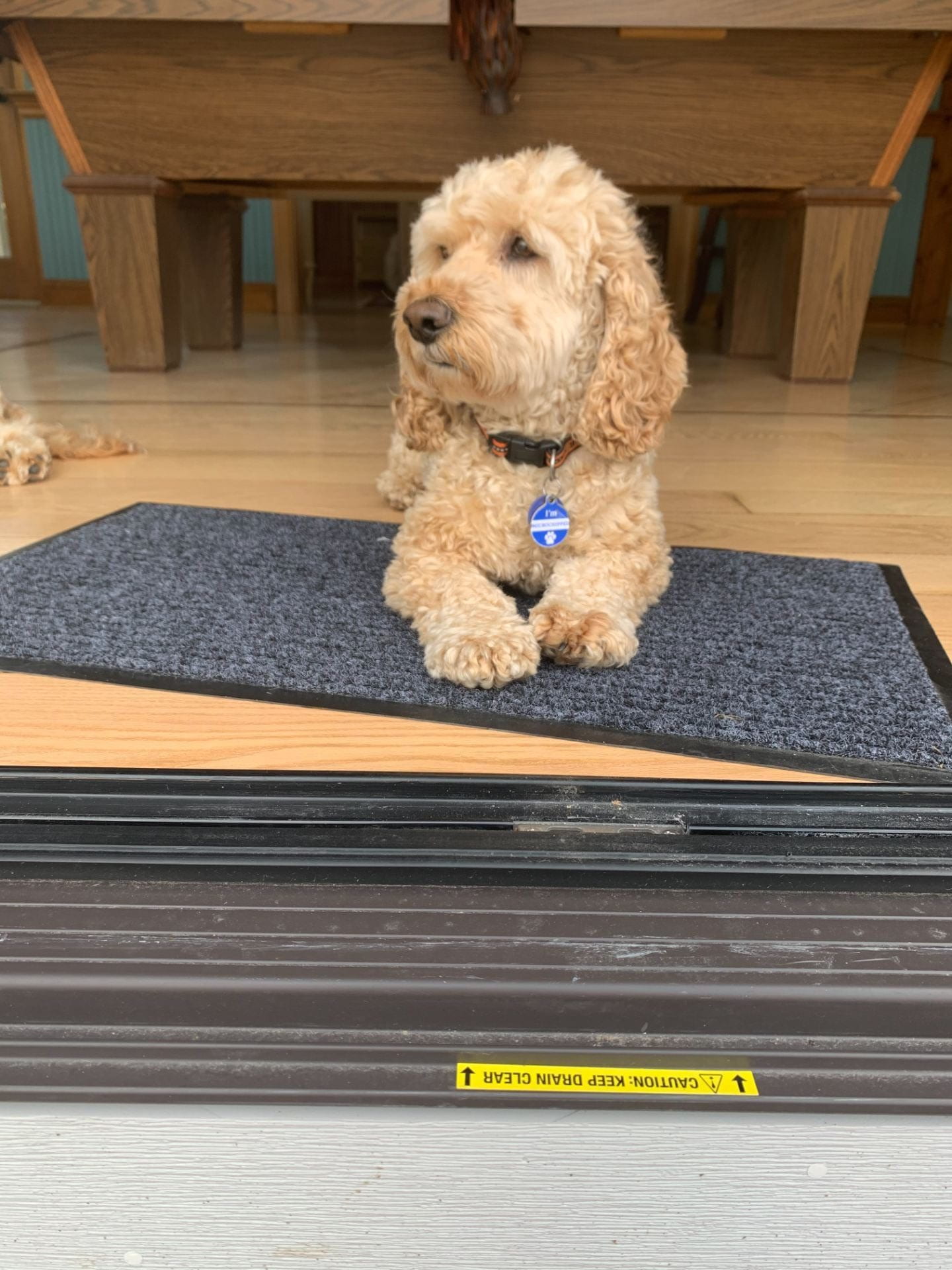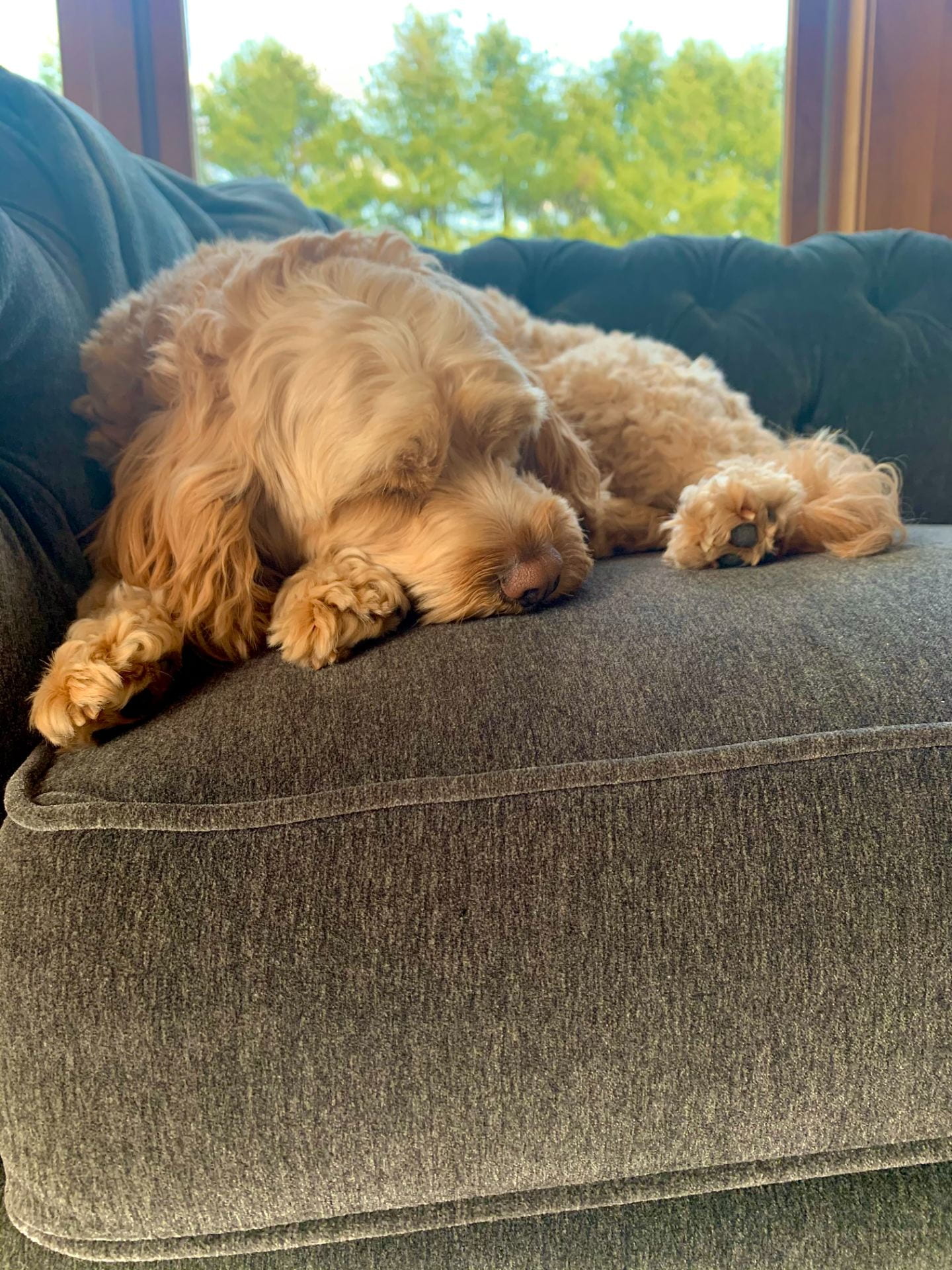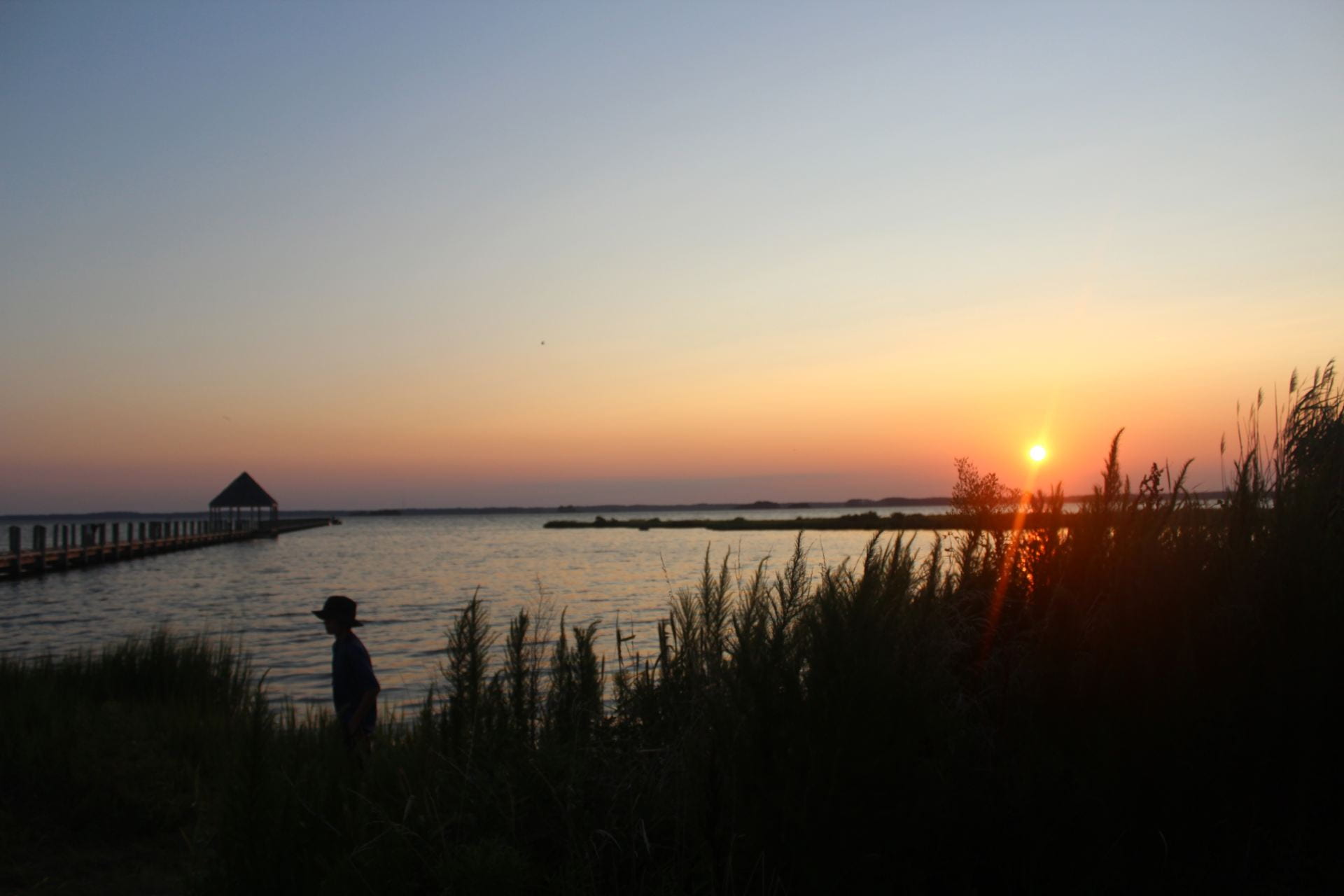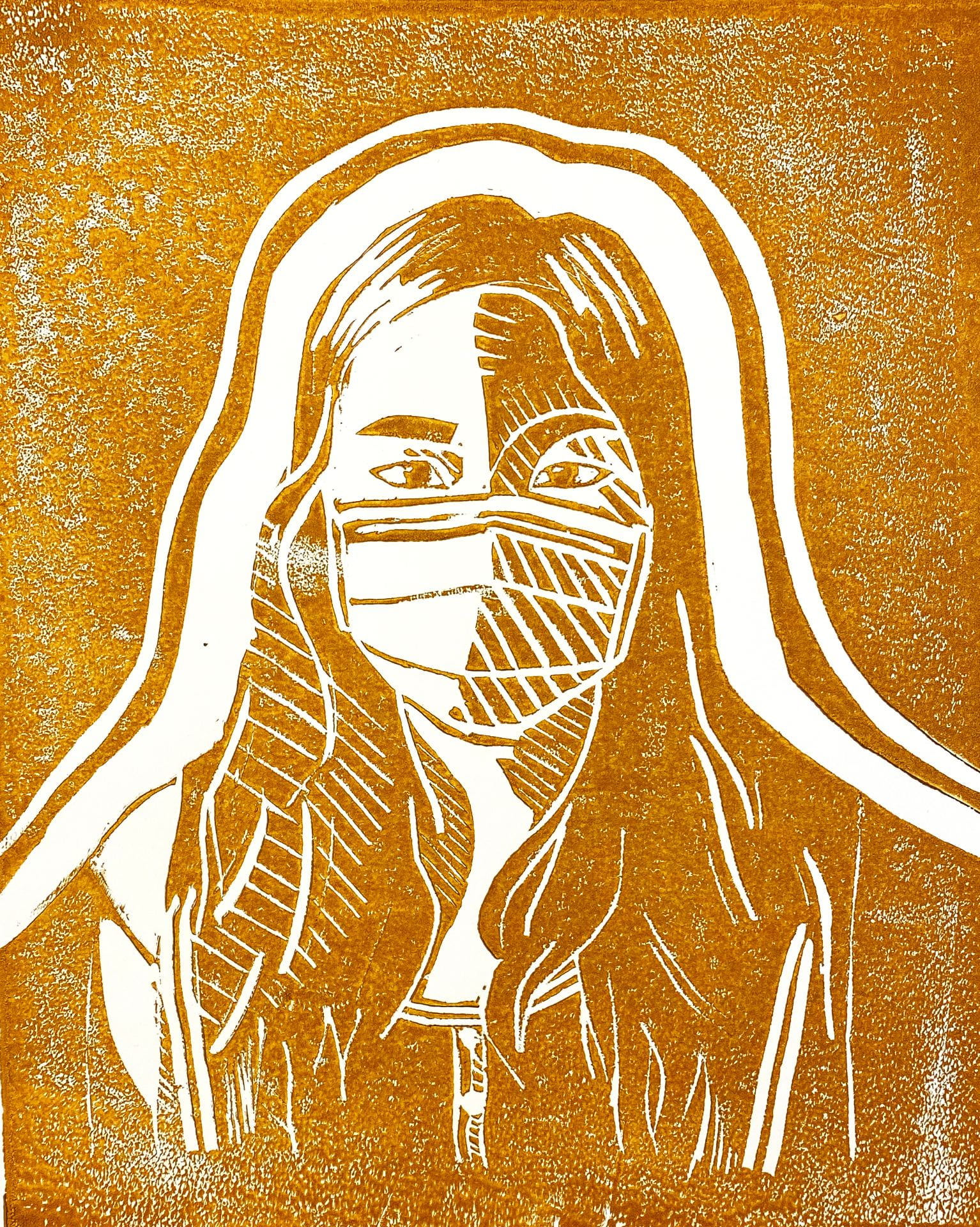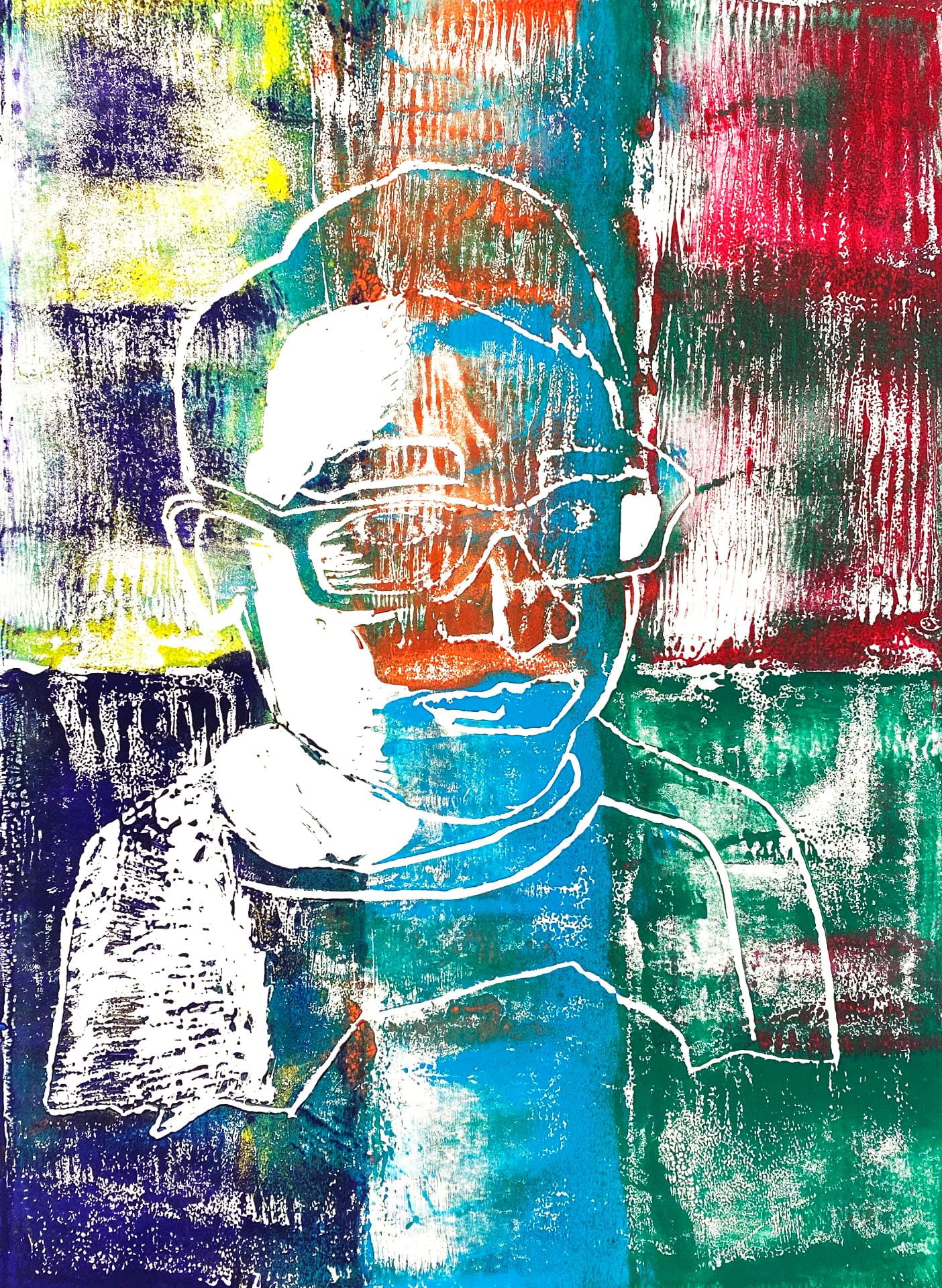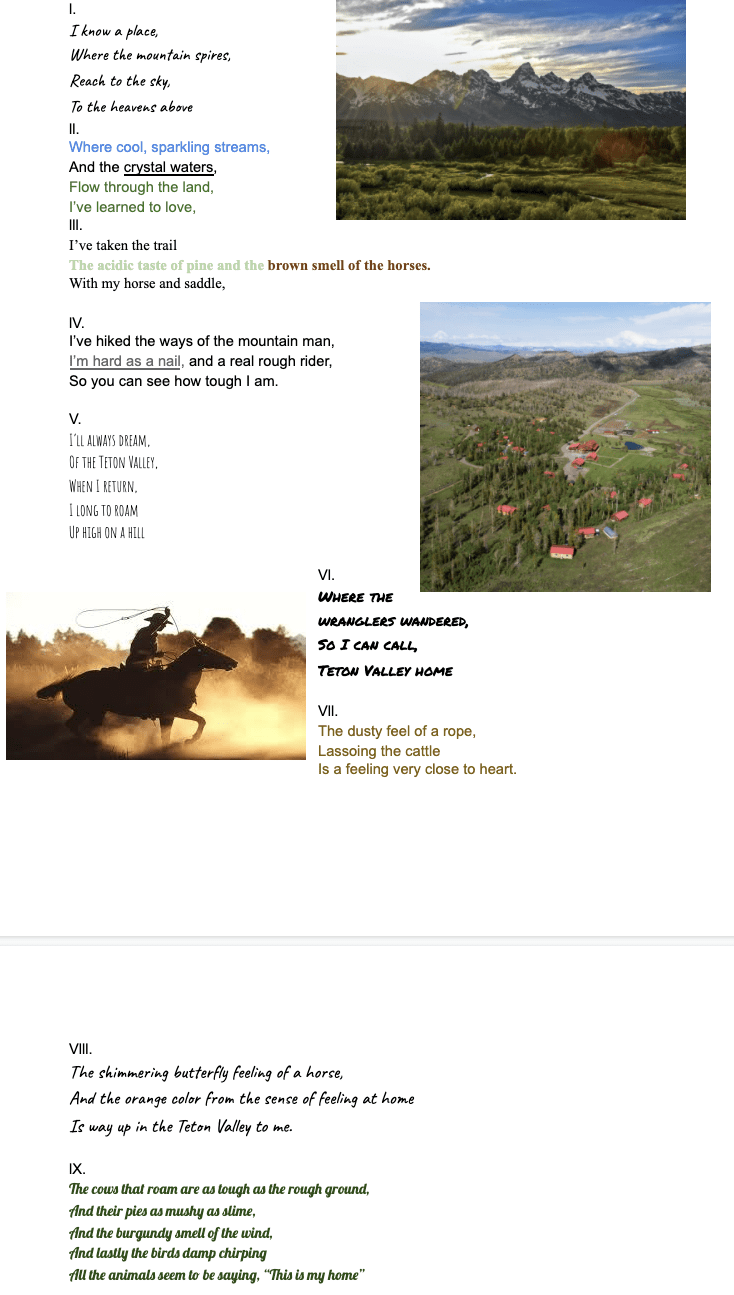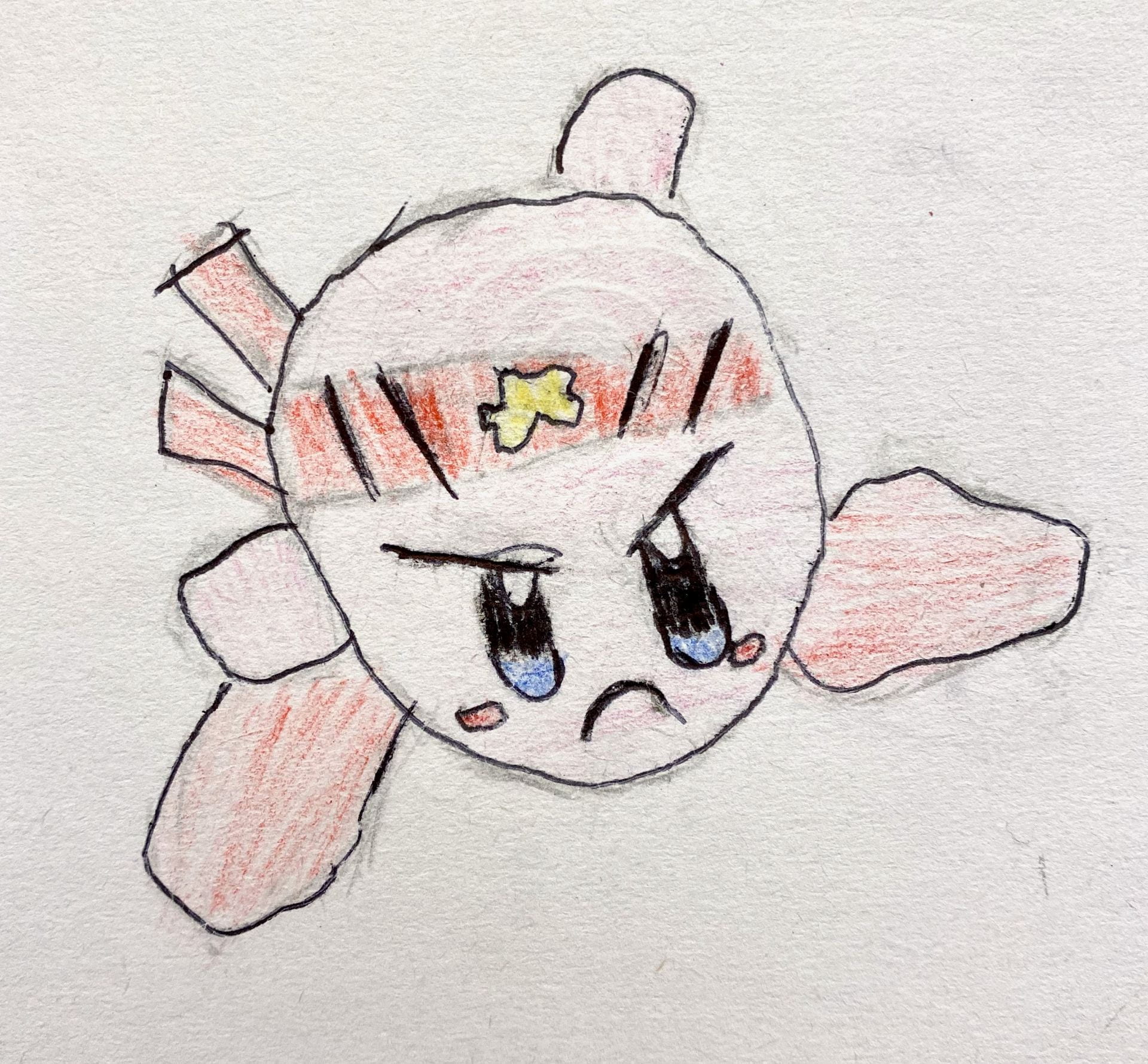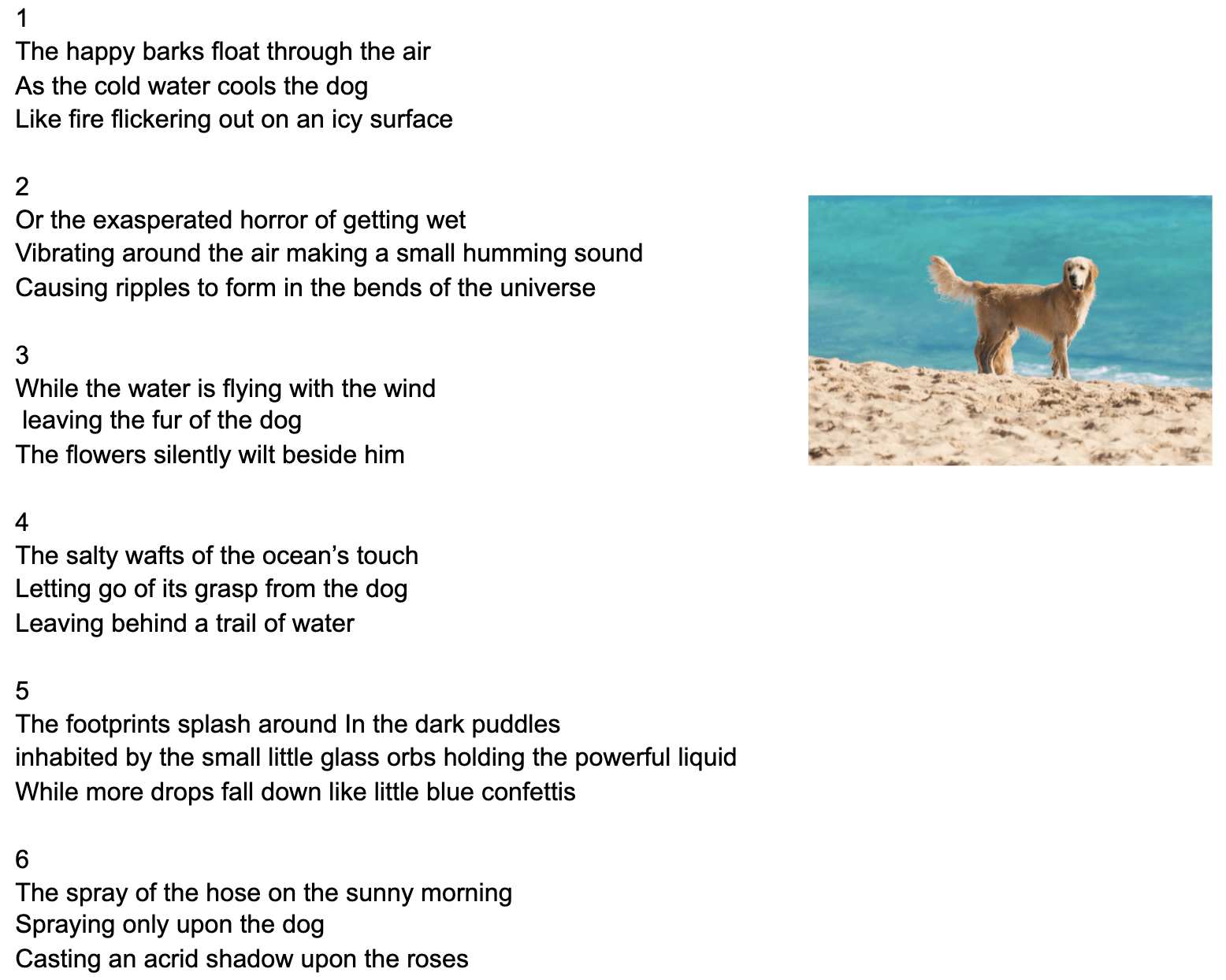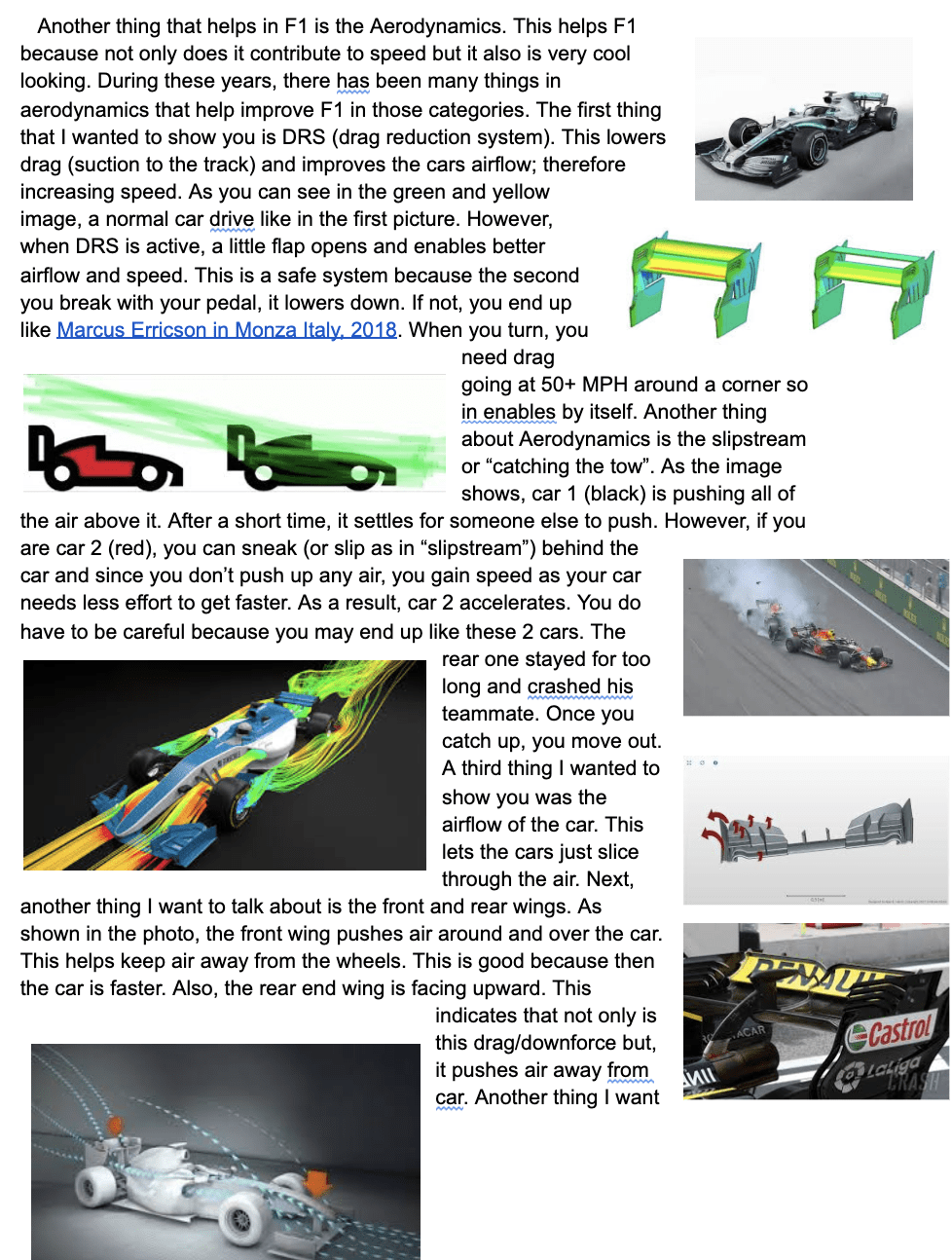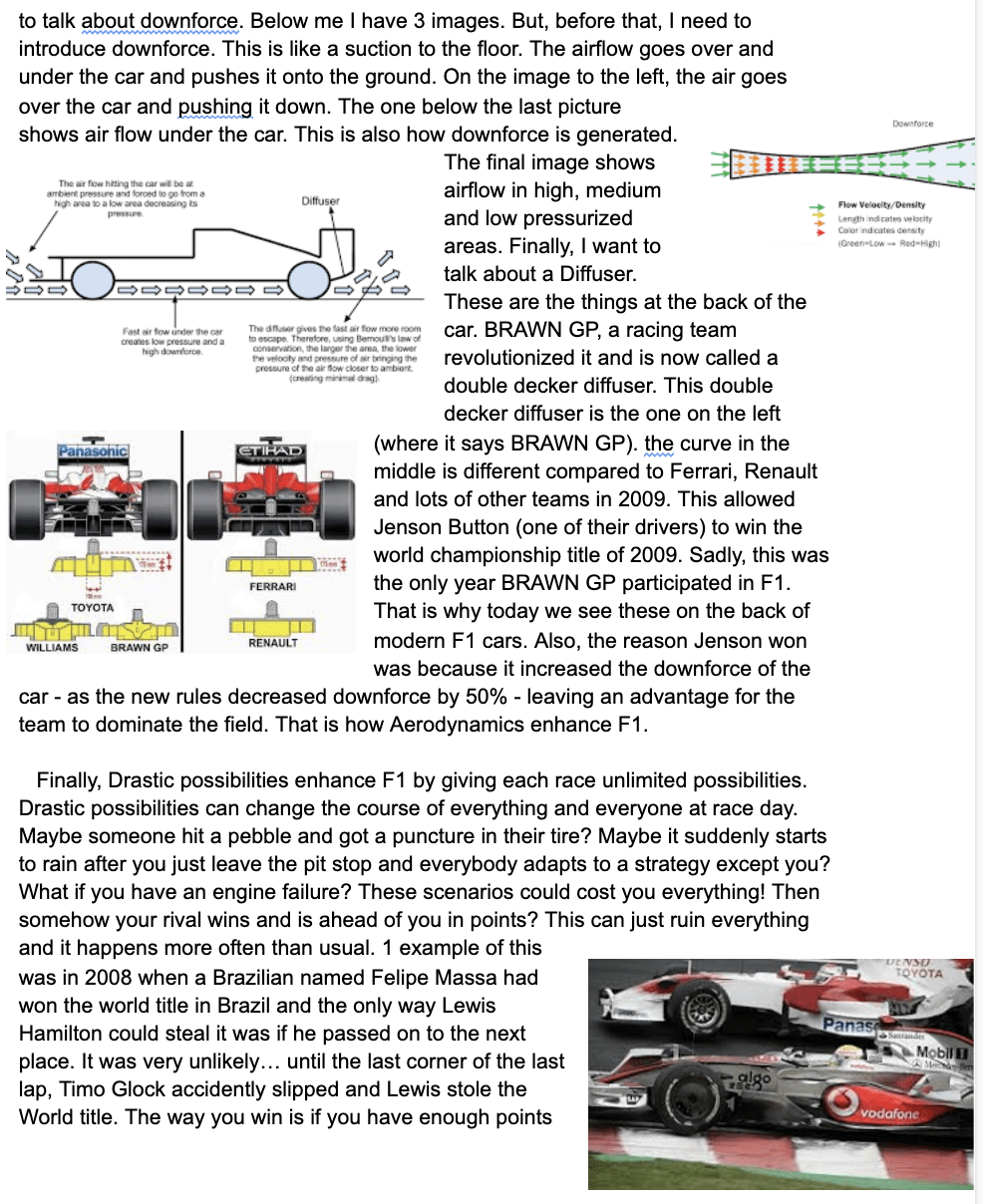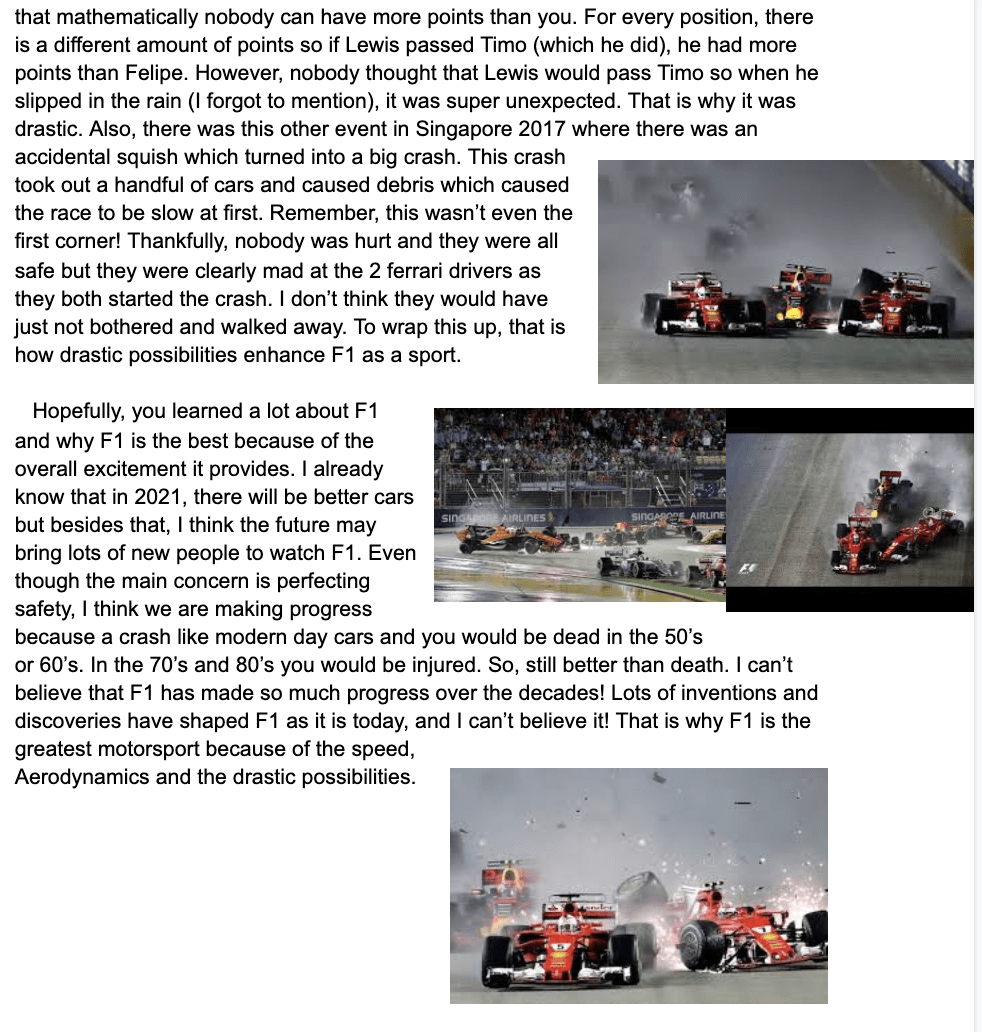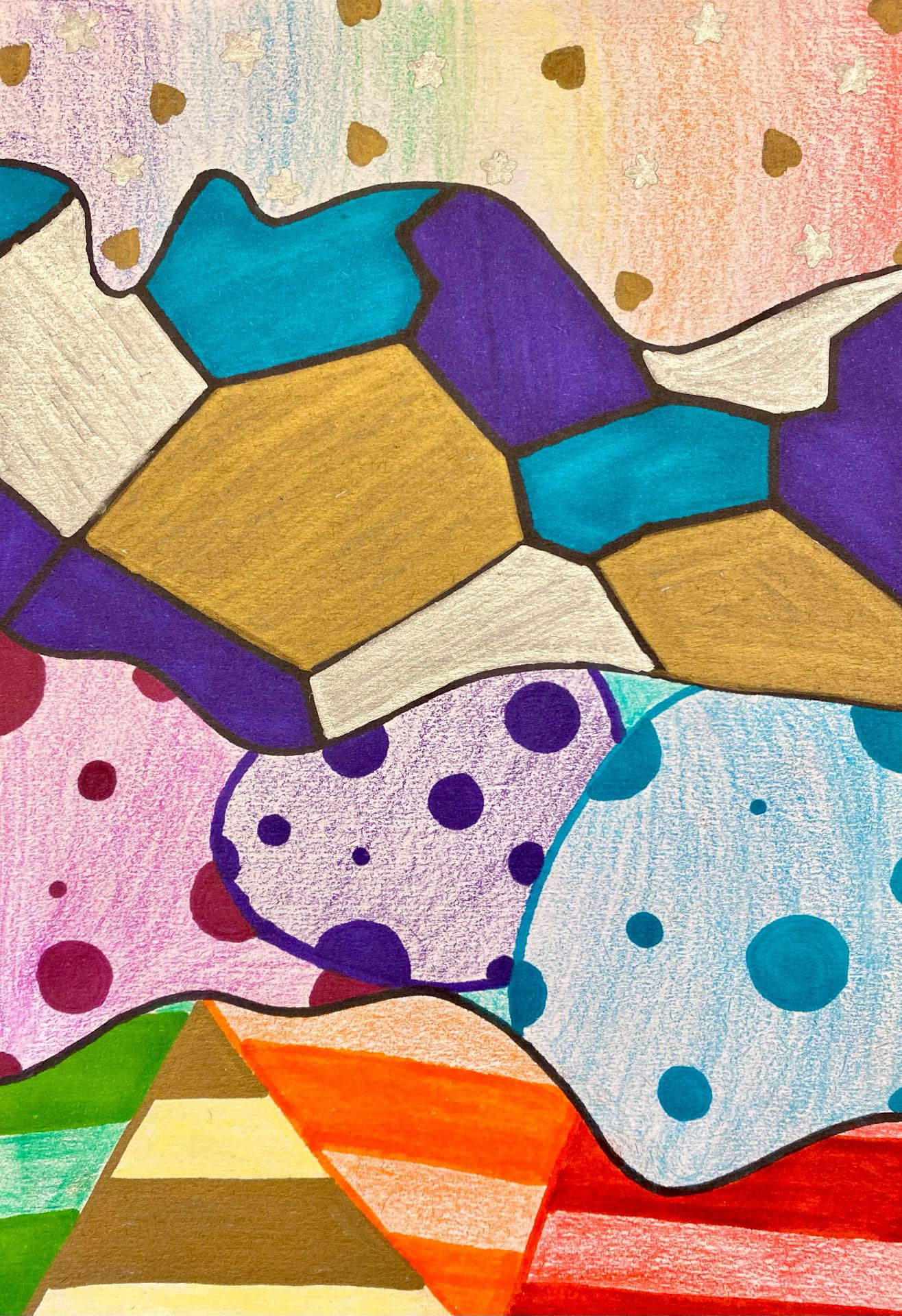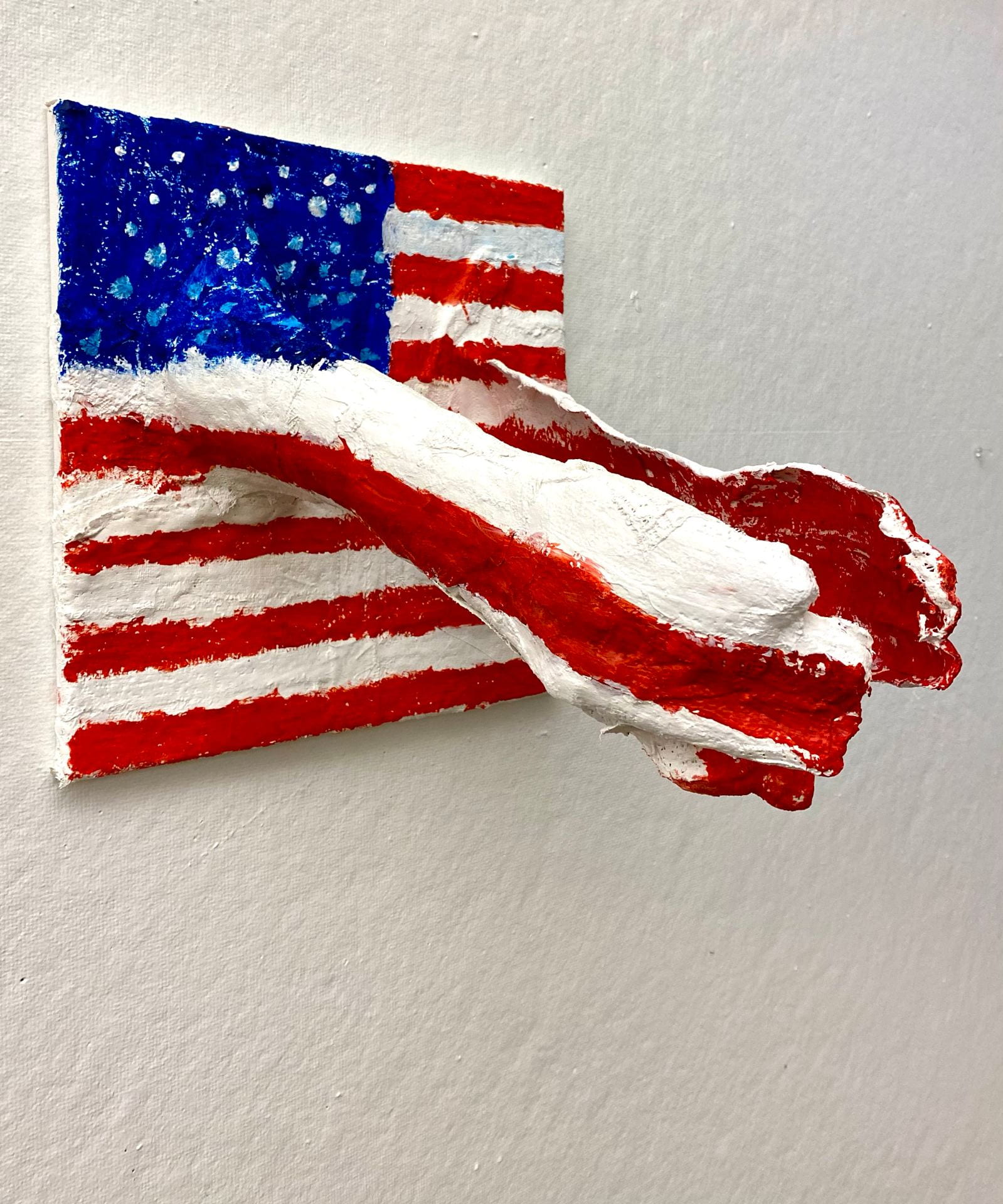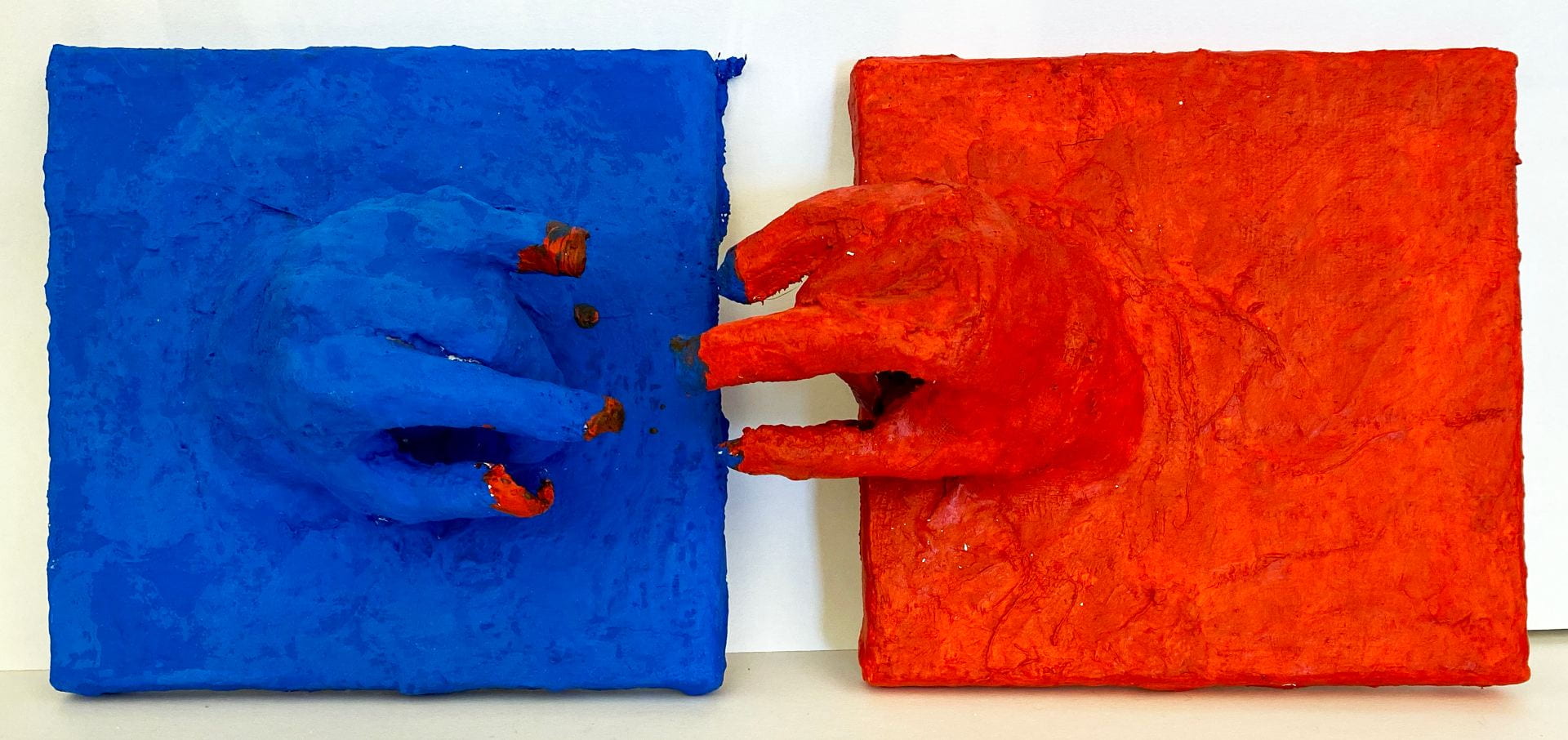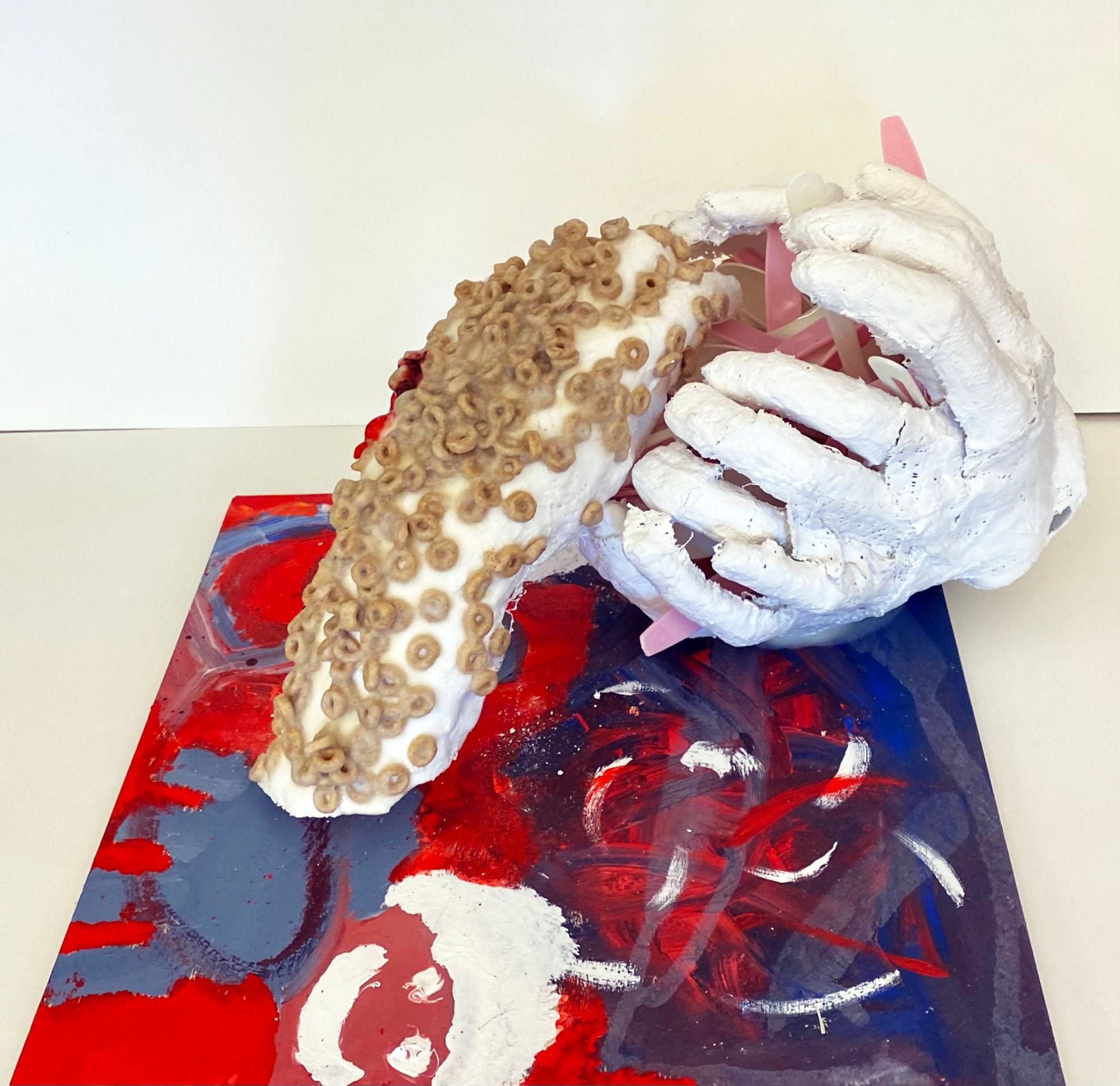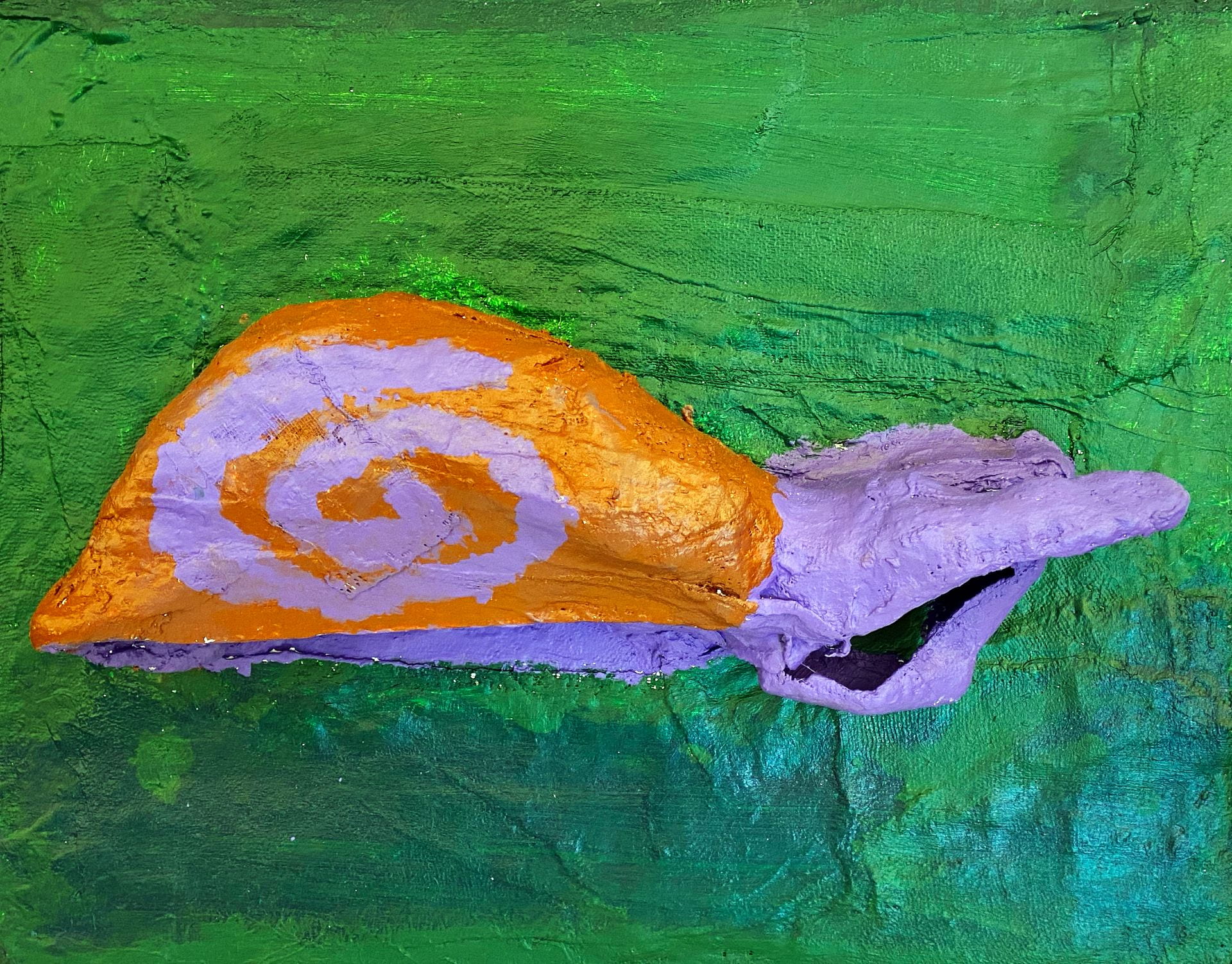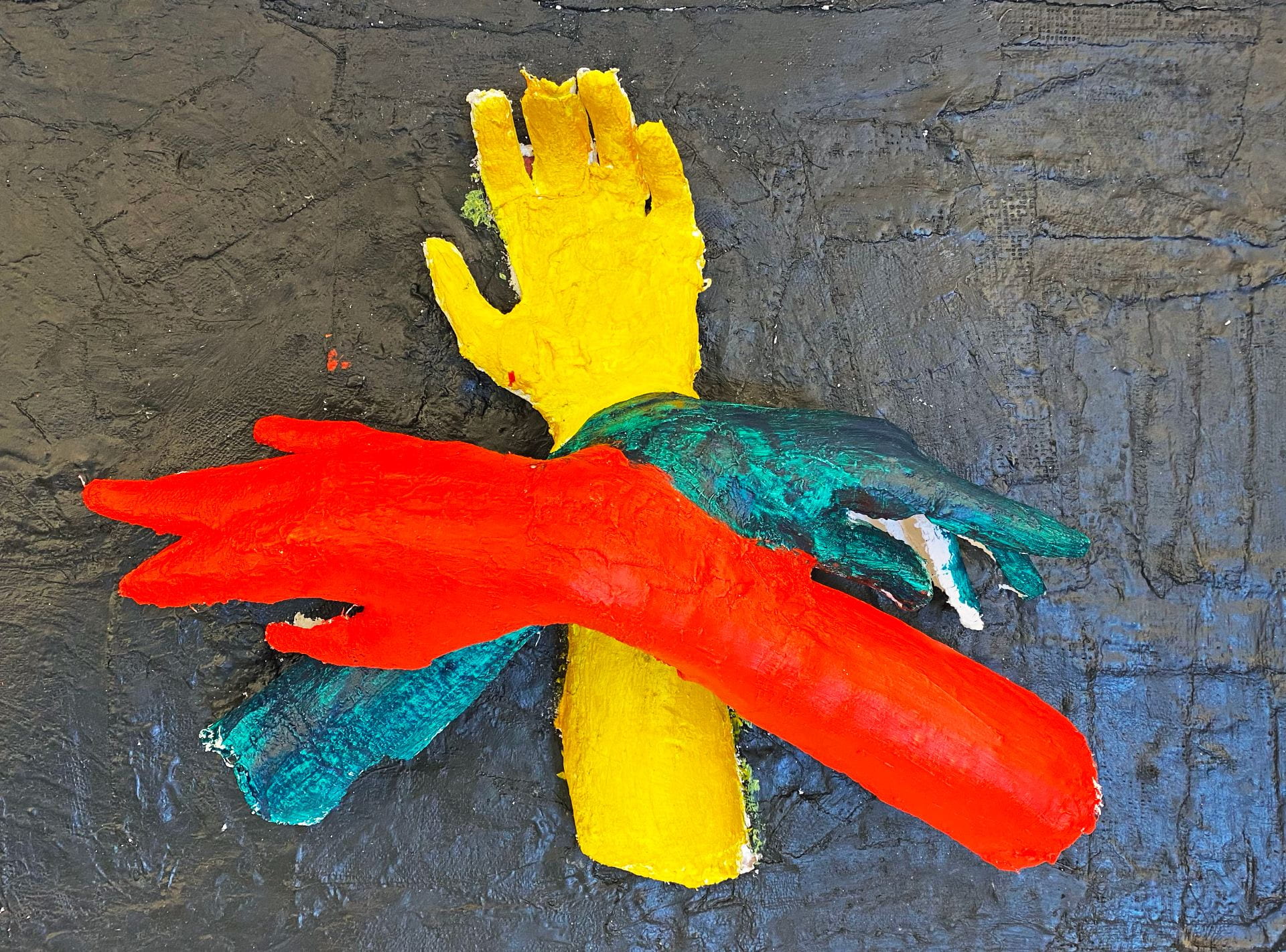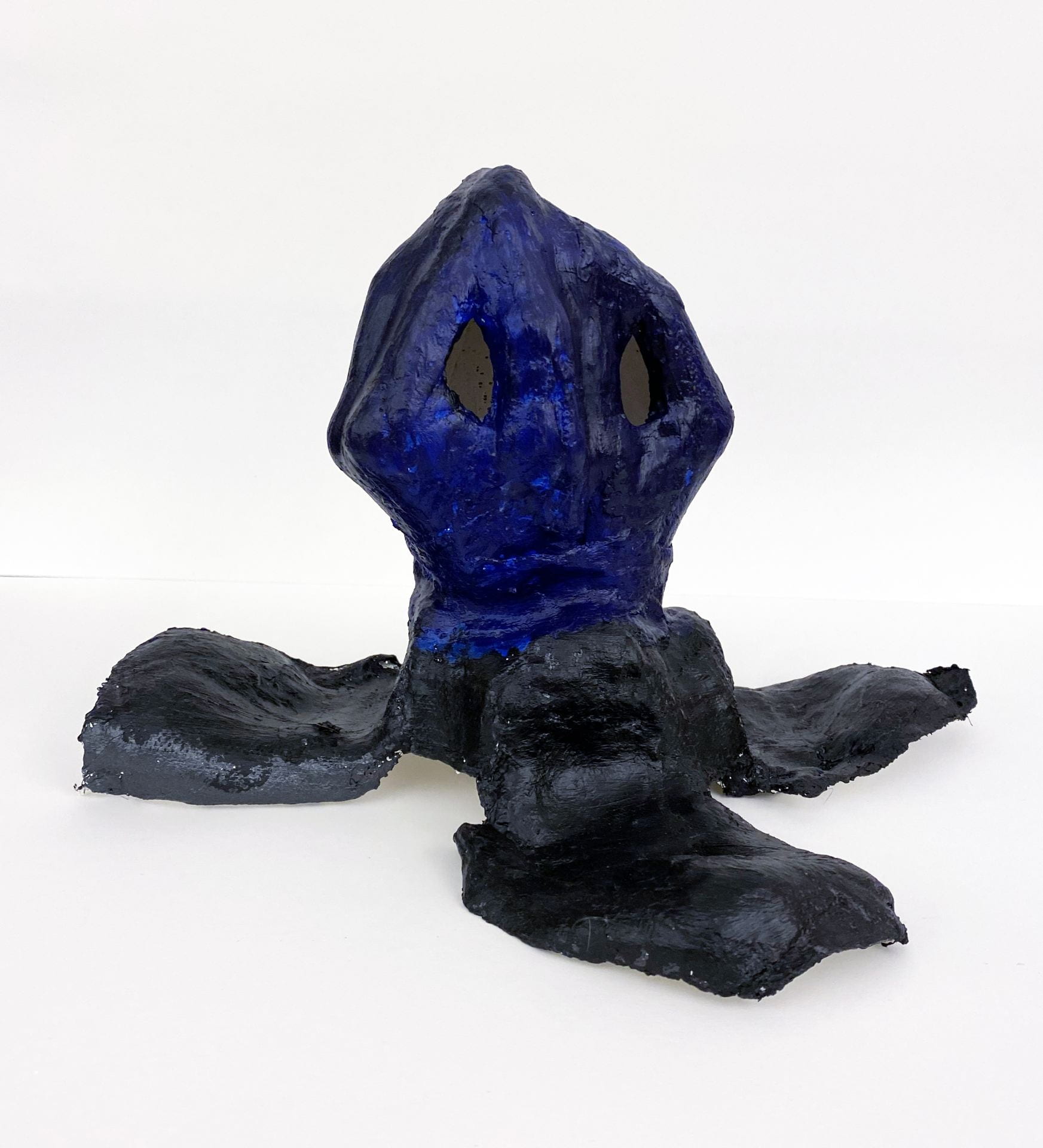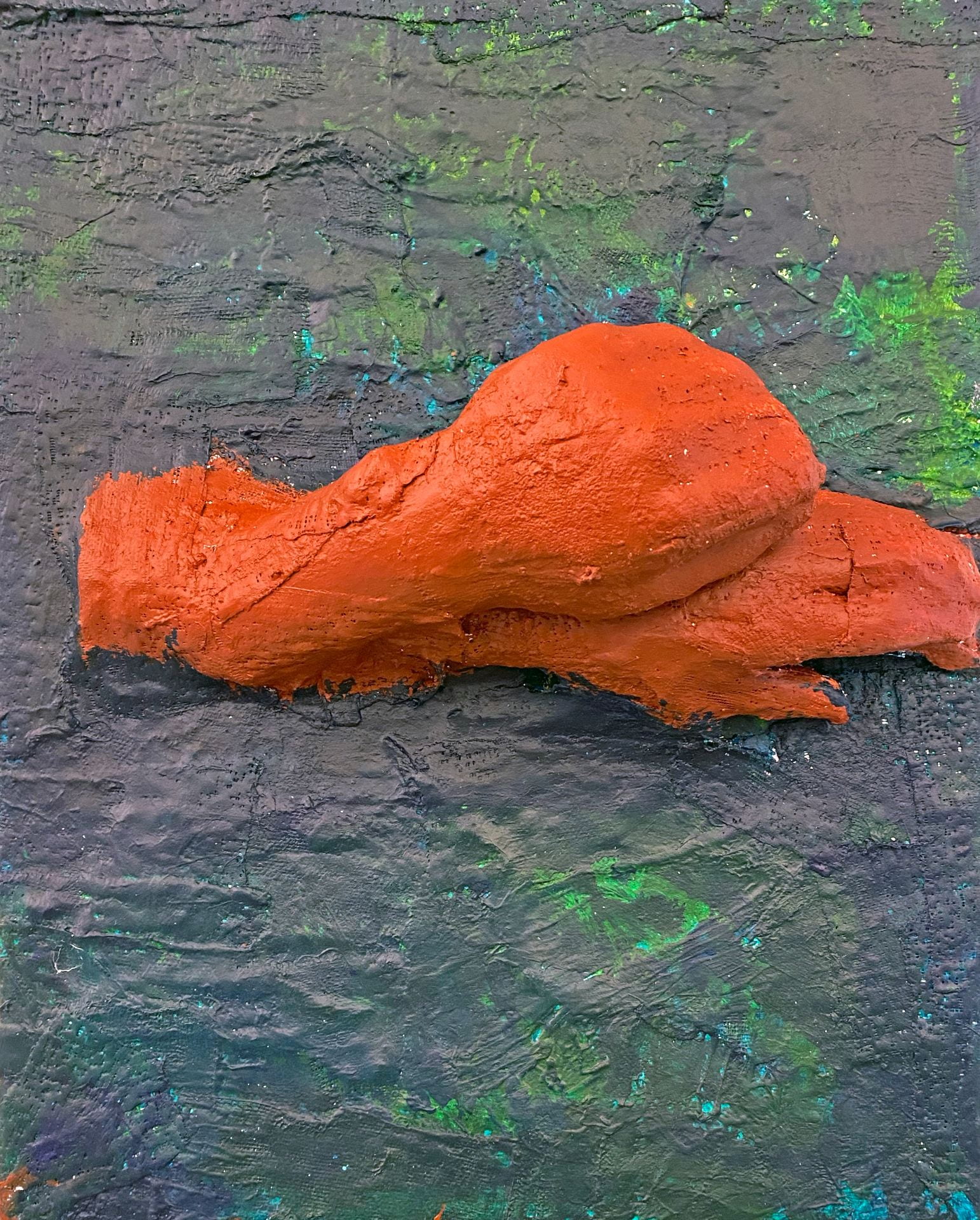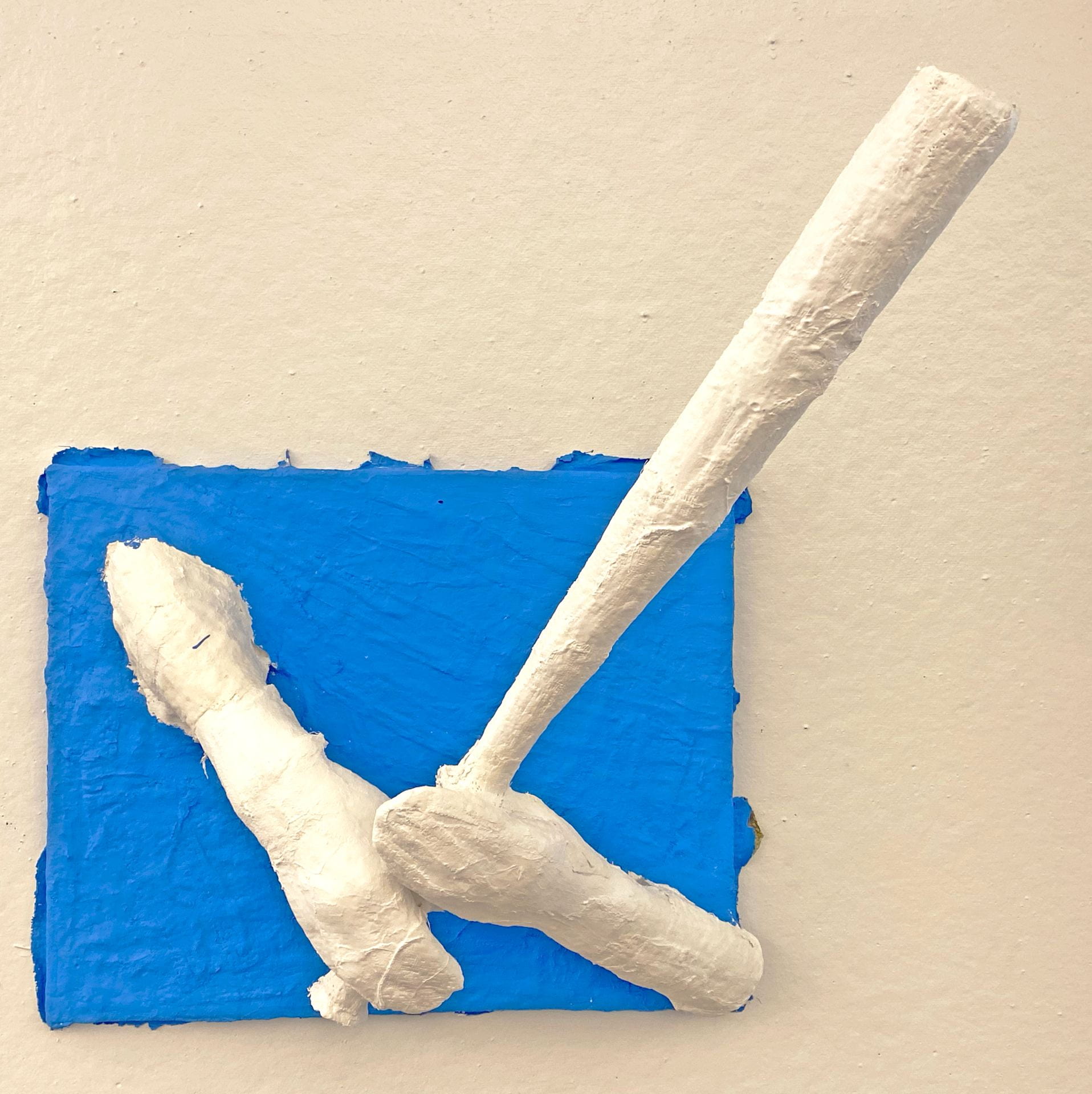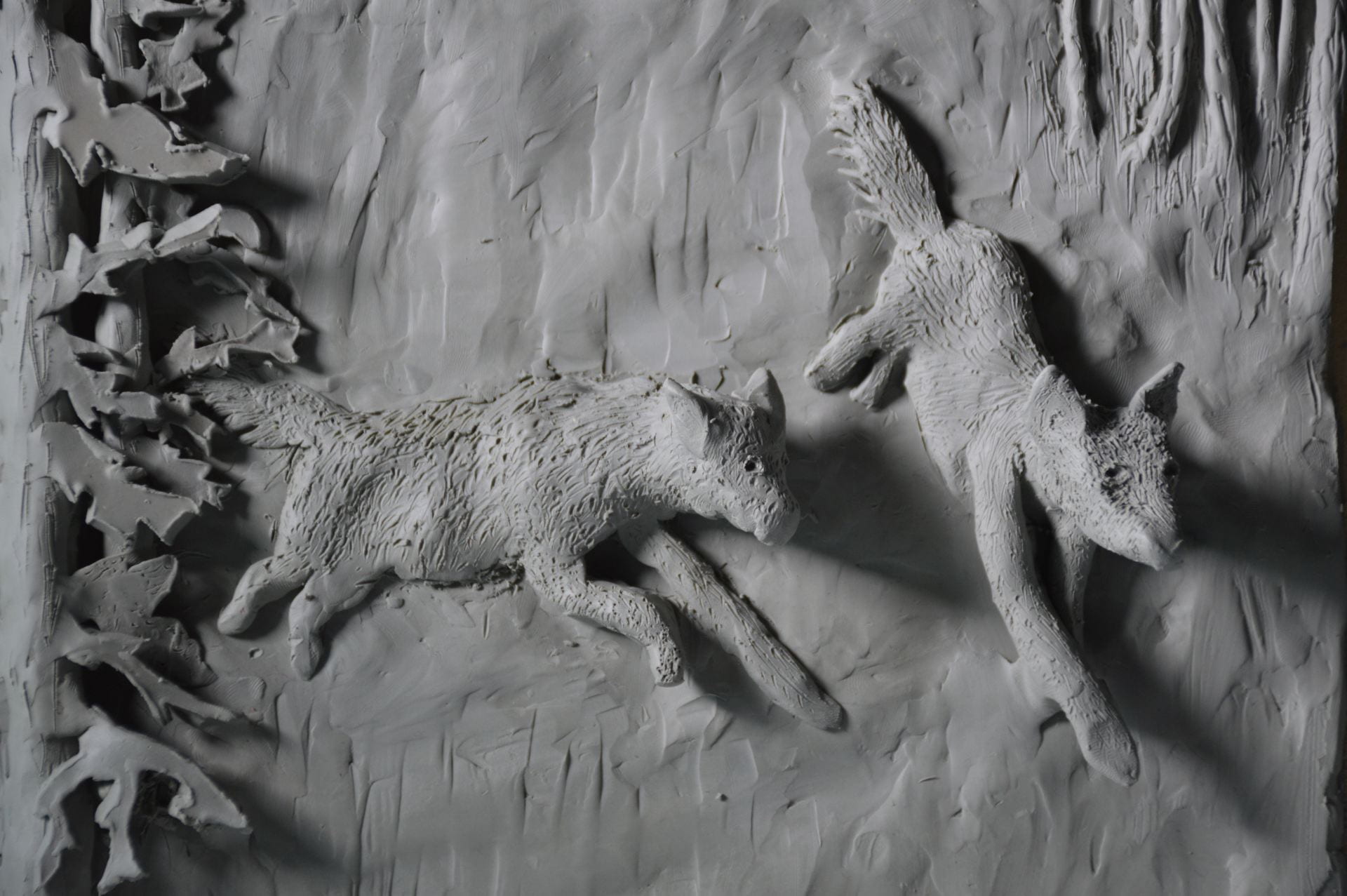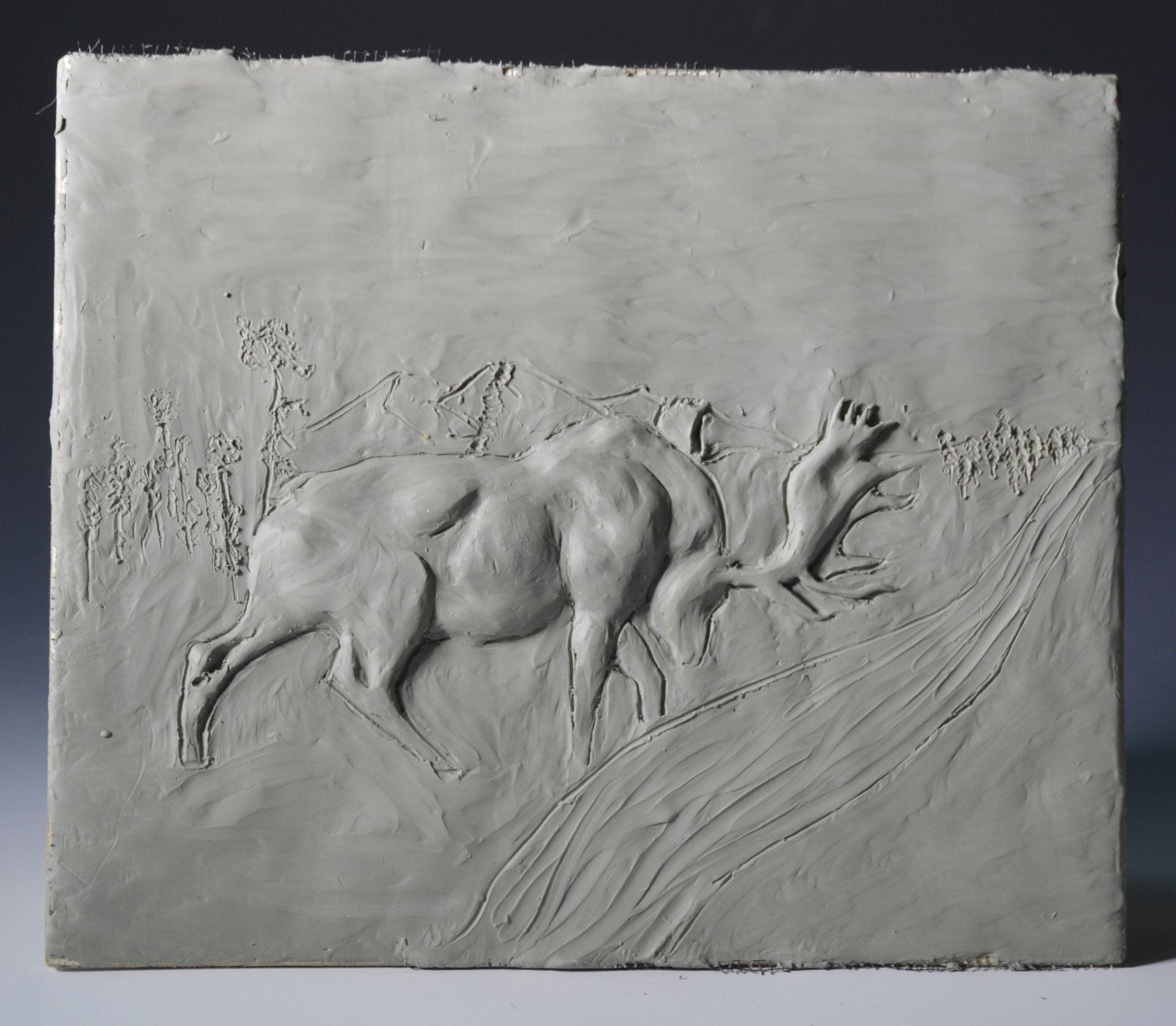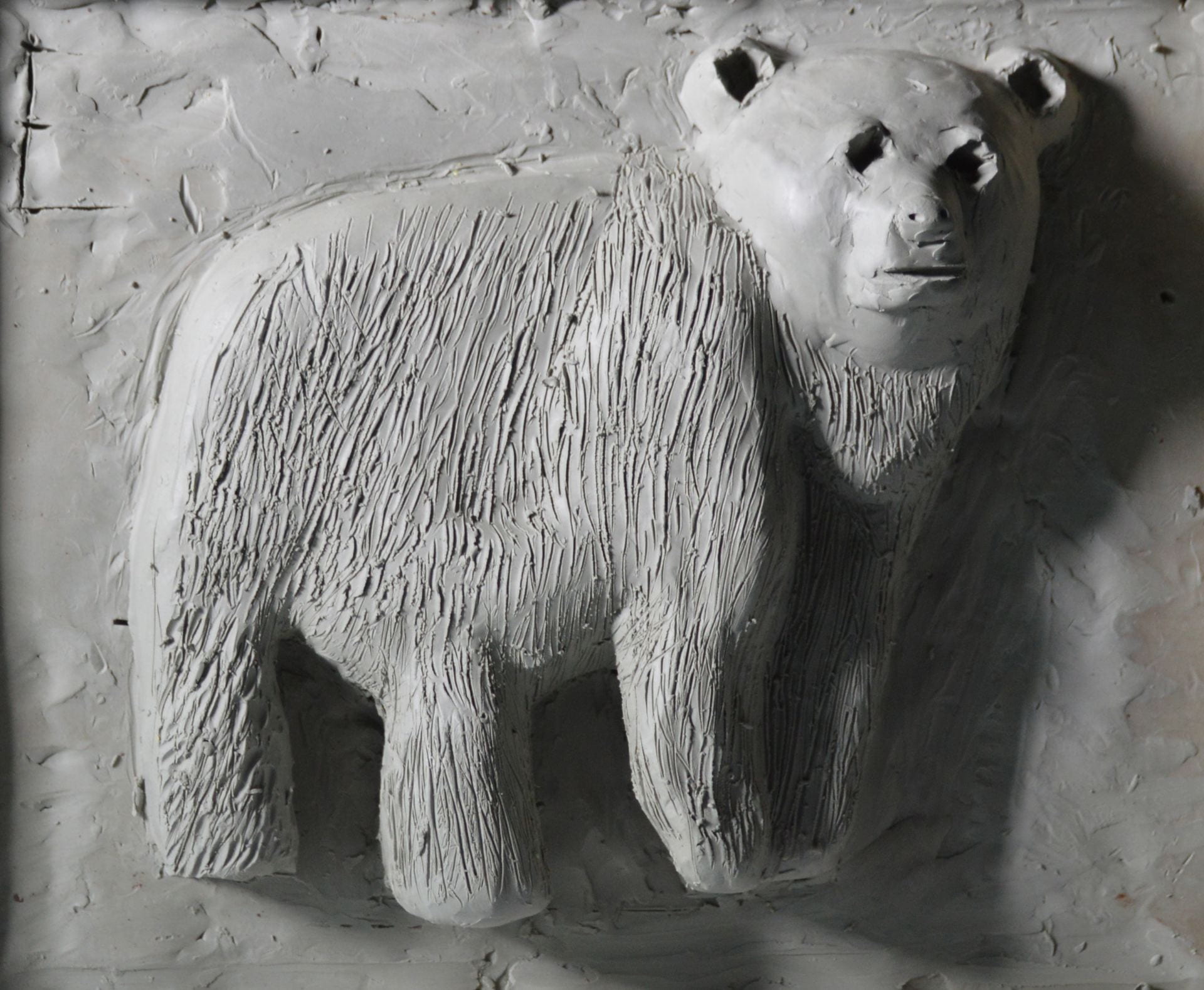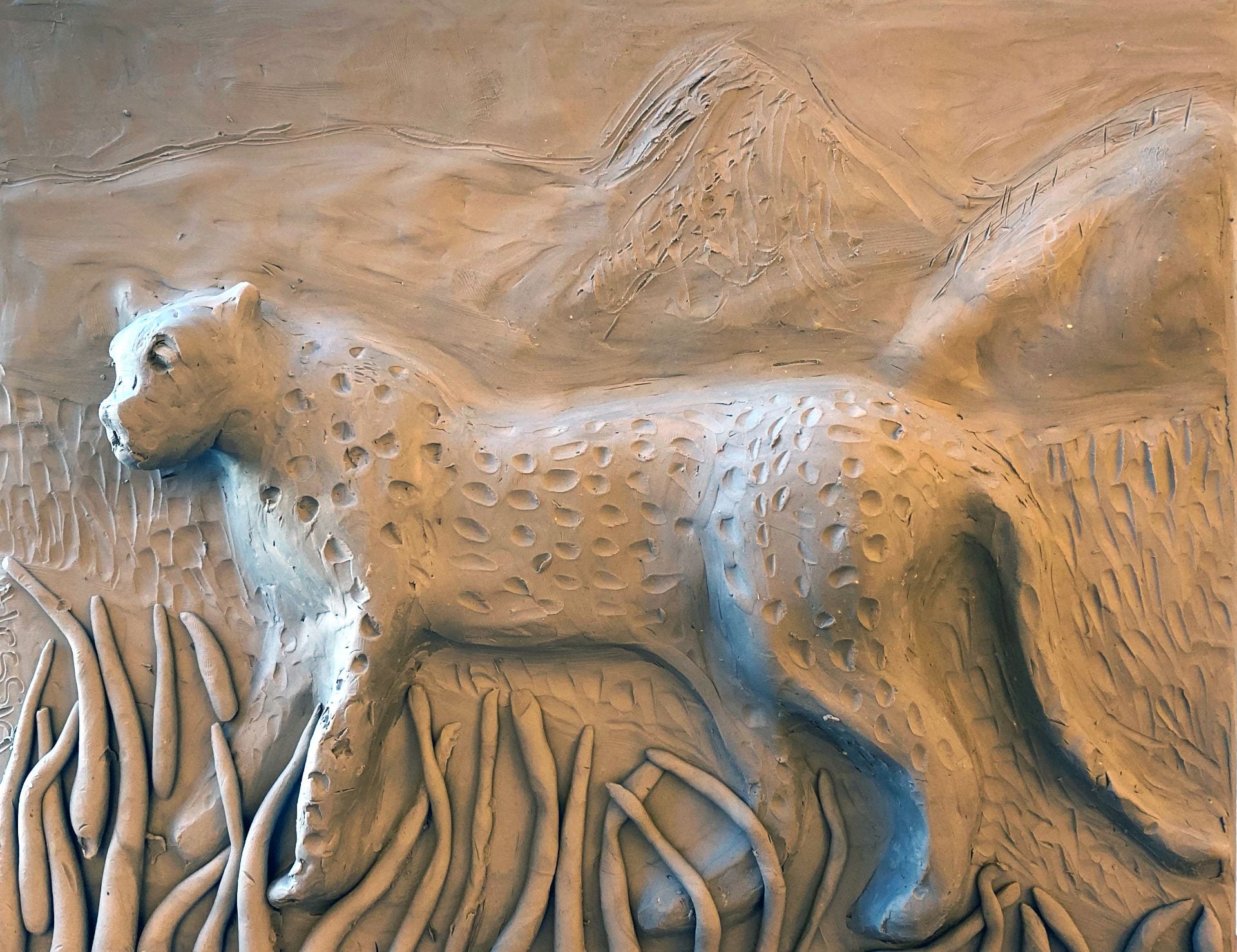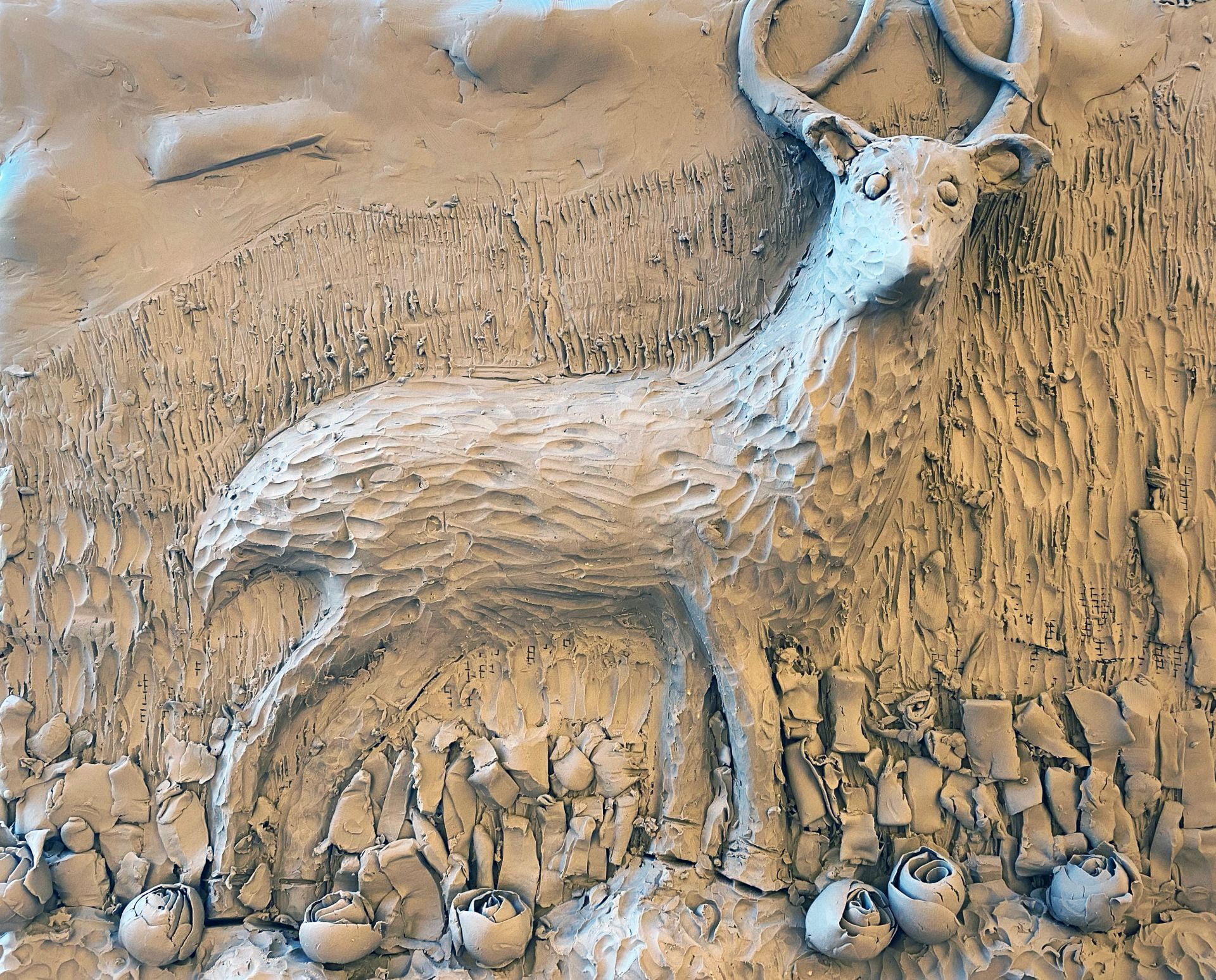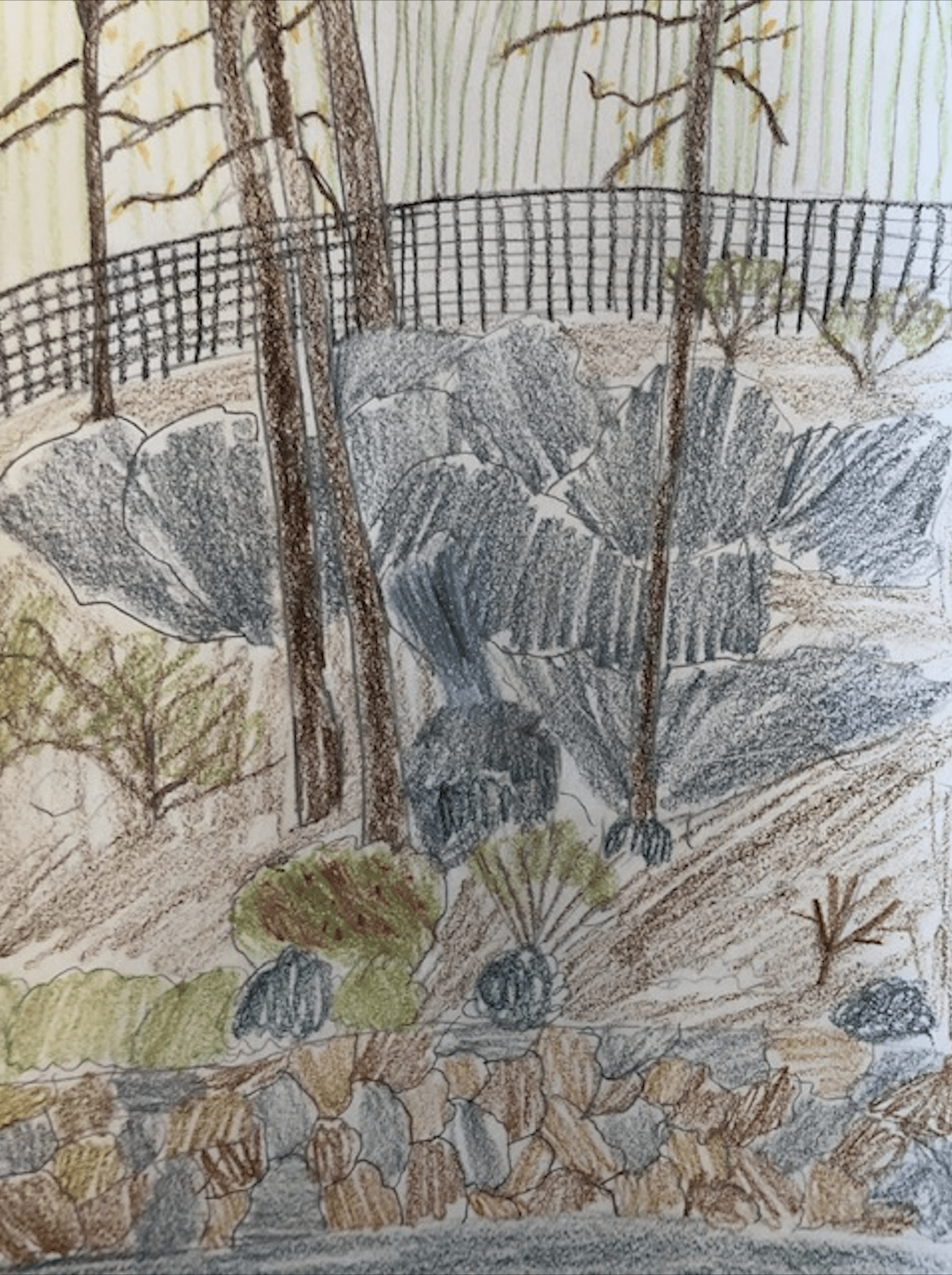
Sadie G. ’27
Switch
by: Fiona P. ’26
I wasn’t supposed to remember.
That was the whole point. I played the Switch card, and it didn’t work. Well, it did. But there were holes.
Memories came like consciousness, so when I was a baby I of course couldn’t recall them. When I was seven most slowly came back, dripping into my brain like dirty pipe water. Imagine if you were given a second chance at a test, but were constantly reminded about the failing grade you made that caused you to get the redo? That’s what it was like for me. But a hundred times worse.
So, of course, I played one of my two Forget cards. That didn’t work, either.
At that point, I was extremely unsettled. The cards never, ever made mistakes like this, no matter who they belonged to.
My older sister, Miranda, was baking a cake. Matilda Grace or Tilly, the youngest, was “helping” Miranda in the kitchen. My younger brother, Blake, had his friend George over and were playing cricket in the garden. Mum and Dad were at work and would be home soon.
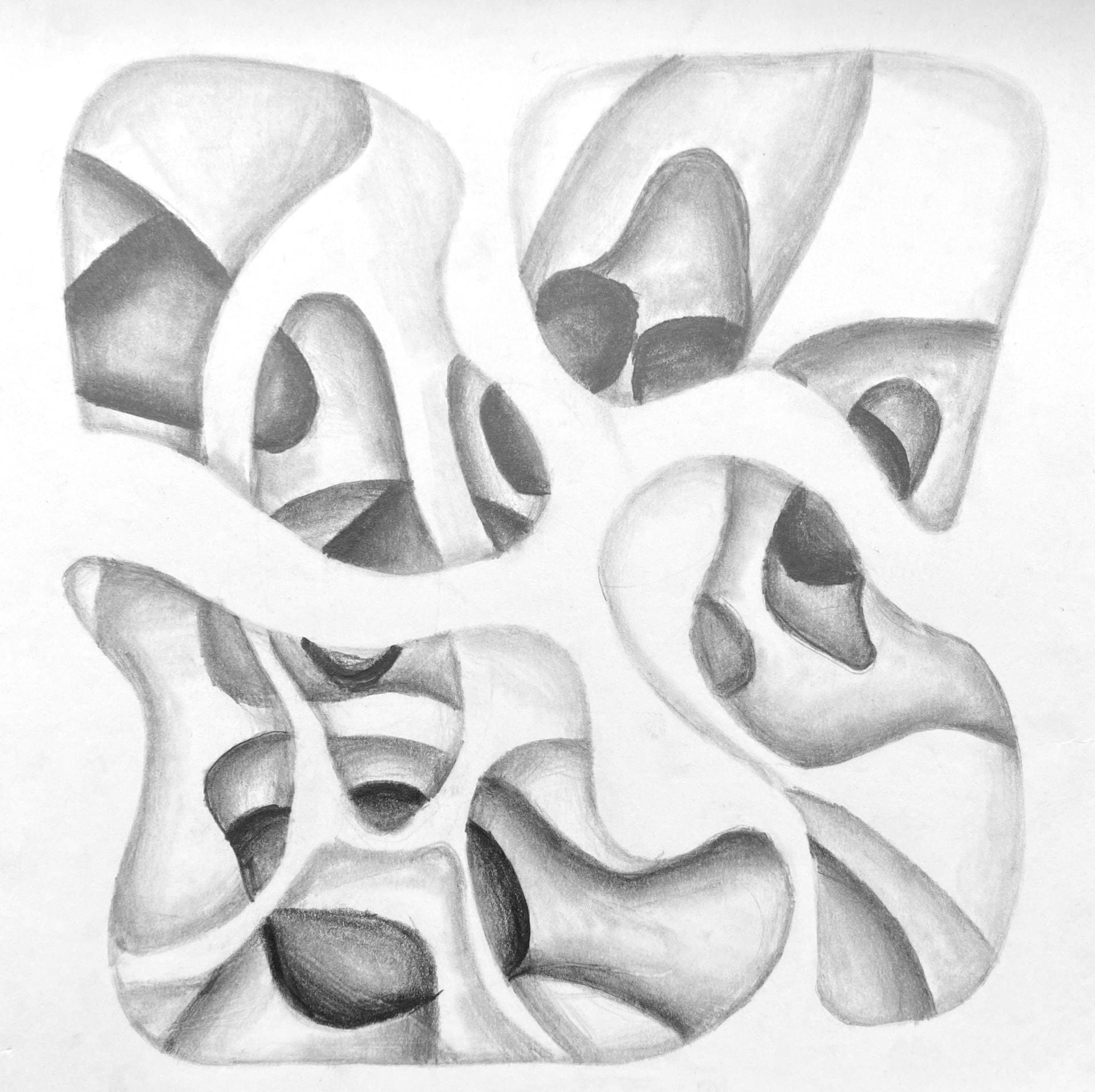
Zora T. ’25
It was a perfect spring Saturday in the Caldwell home, and I should have been happy to have no homework, no school, and time to do as I pleased.
Fate had given me the best of best families, but the card had made it so I could never escape my past. That was the point, no? Why give us the cards when they only work half way? I kept it secret for years. Not even my parents knew. The government doesn’t tell anyone, not even the person who switched, that they switched because then they’d be treated differently. Switching gave you a fresh start, a clean slate. A chance to forget and have a new life from the beginning. You even get a second Switch card and a new Do-over, Perfection, Forget, and Free Pass cards, but to you it’s not another, it’s your first. That’s what I had wanted.
Only Aurora, my best friend, knew. She knew about the Rodgers and Caroline and Ledgerville, Alabama, every detail I could recall I told her. She knew how I felt cheated, and how it was hard for me to enjoy this life when it just felt like a fake one.
Miranda’s sixteen birthday had passed without much fanfare last month, just the usual relatives coming and cake baking. I, along with everyone else in the family, would have been shocked, hurt if Miranda had chosen to play her card. I would have missed her terribly, even though the card would have wiped Miranda from our memory. She was never moody or rude; she was patient and played with Tilly; she volunteered at the local animal shelter; she made cakes. Miranda leaving was preposterous. She thought so too. Why would anyone want to leave your picture-perfect English family?
After lunch, I took the tube to Aurora’s flat. I went up the steps and knocked on her door. Her mother, Adele, answered it in her David’s Pub waitresses apron.
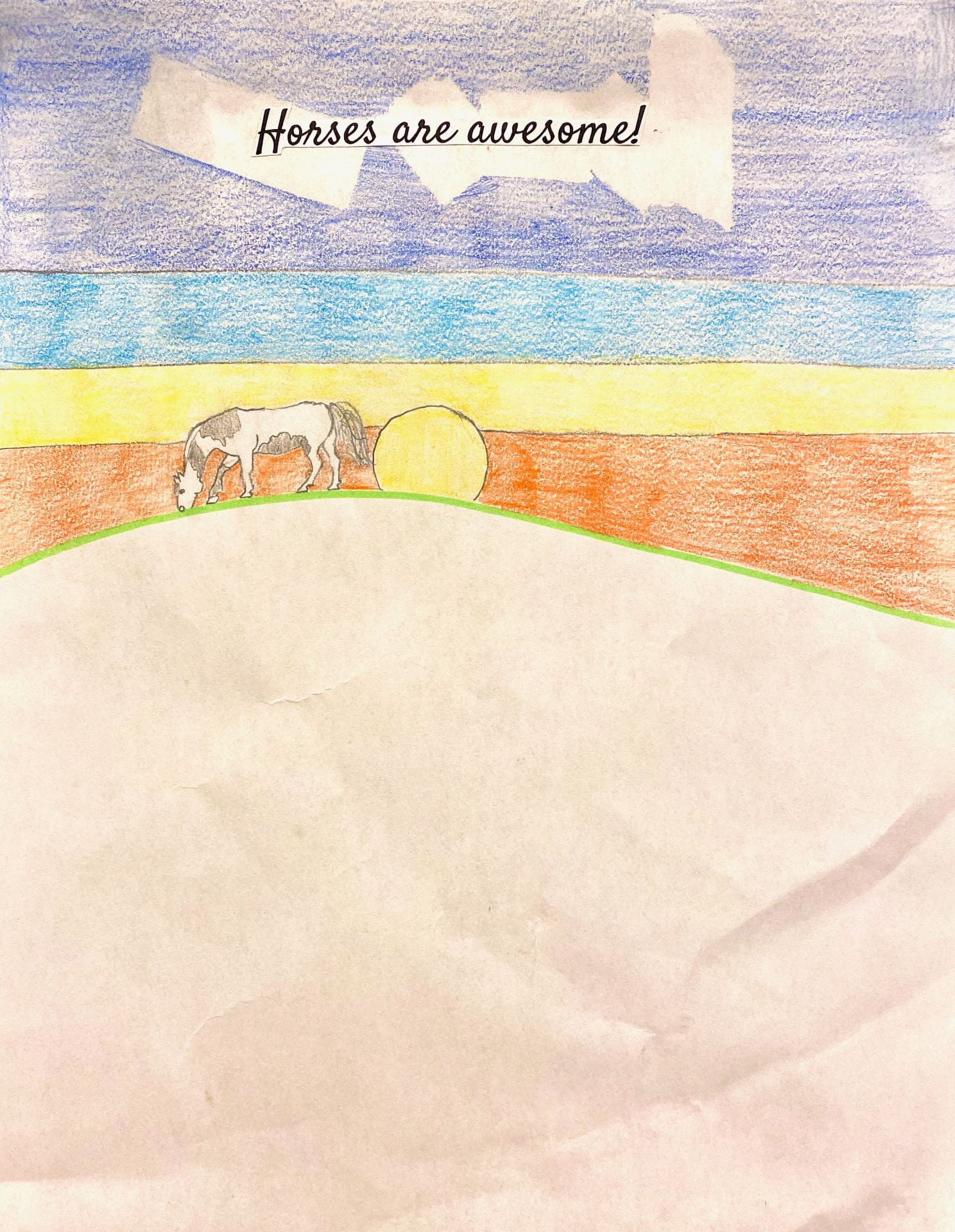
Sophia G. ’28
“Hi, Porter!” She said. Unlike most of the mothers at St. Paul’s, she had a south London accent.
“Hi, Ms. Webb. Is Aurora home?”
“Porter, for the last time call me Adele, dear. Aurora’s in her bedroom, sweetheart. Tell Aurora my lunch break is over and I’m heading down to the pub. Would you like a snack before I go?”
“No, thank you, Ms. Webb.” I walked down the hall to Aurora’s room and knocked.
“Come in,” she said. I opened the door. She was sitting on her bed in a ribbed lilac tee and jeans, reading a book.
Aurora had been my friend since Year Two. We met on the playground, when this boy Henry was bullying me and she stepped on his foot and told him off. Whenever I get mad at her she reminds me that I still owe her for saving me. Aurora was slender, with toffee brown hair that fell to the middle of her back and tapered at the end like a flame. Whenever her hair was blown in the wind, it reminded me of Caroline’s, the way it would whip around lightly and tie itself in small nots. Her eyes were a grey-blue, round, with a thin purple outline like an atmosphere around the iris. When she was in a swimsuit, you could see her ribs in her back.
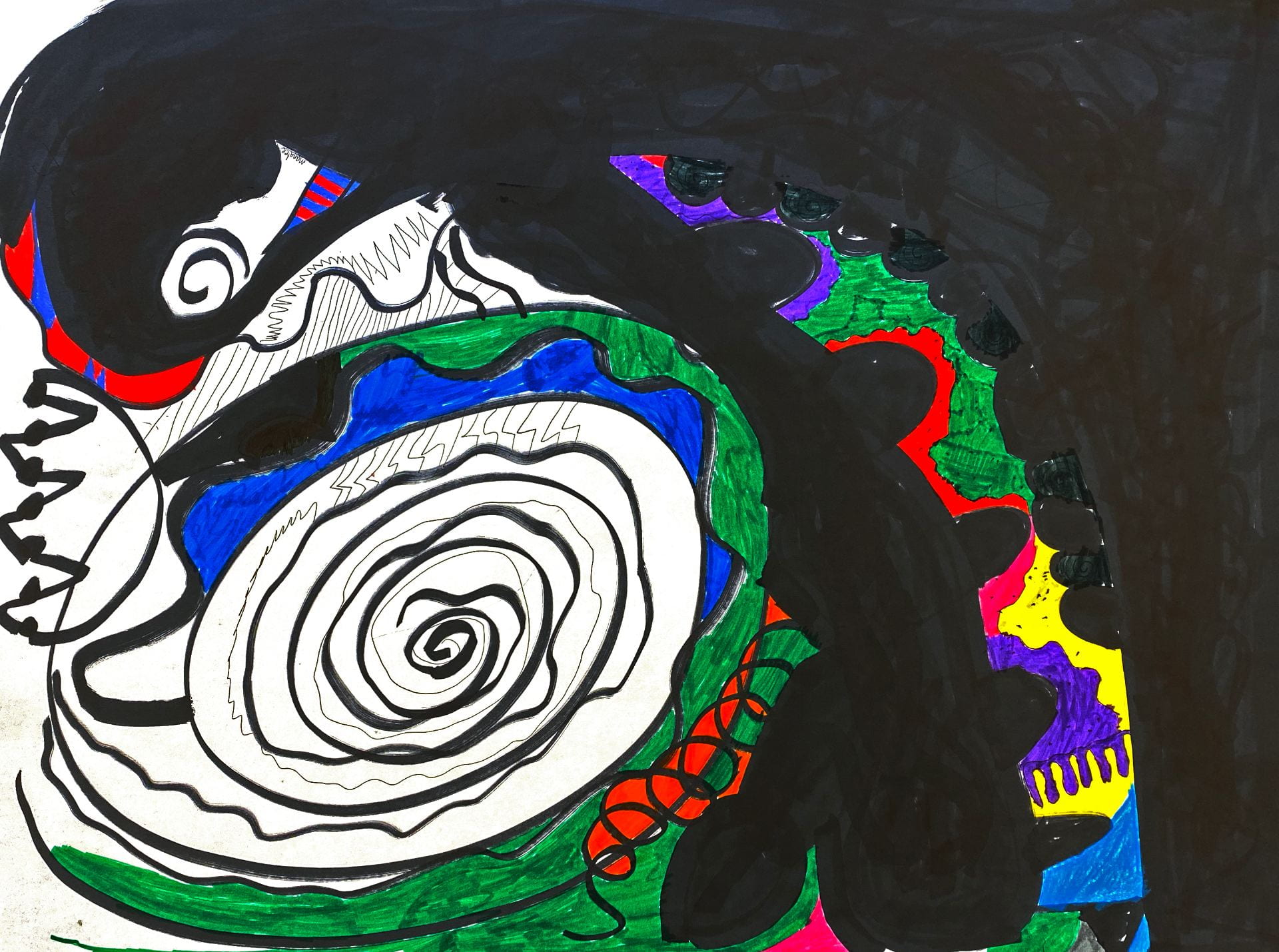
Jack M. ’28
She looked up. “Oh. It’s just you,” she said, then went back to reading her book.
“Want to go to the park? Your mum just left for her shift.” Aurora was an only child, and was used to being home alone while her mum worked long into the night waitressing. Her dad left when she was three, so Ms. Webb did all she could to keep Aurora in St Paul’s. I’d grown accustomed to having Mum home by three, then Dad by five.
“Eh.”
“Please? It’s important.”
“Fine.” She slipped on her sneakers and a blue and yellow St Paul’ Basketball sweatshirt and we took the elevator down to the street. Once at the park, we found a bench with a dedication plaque under the shade of a leafy oak tree.
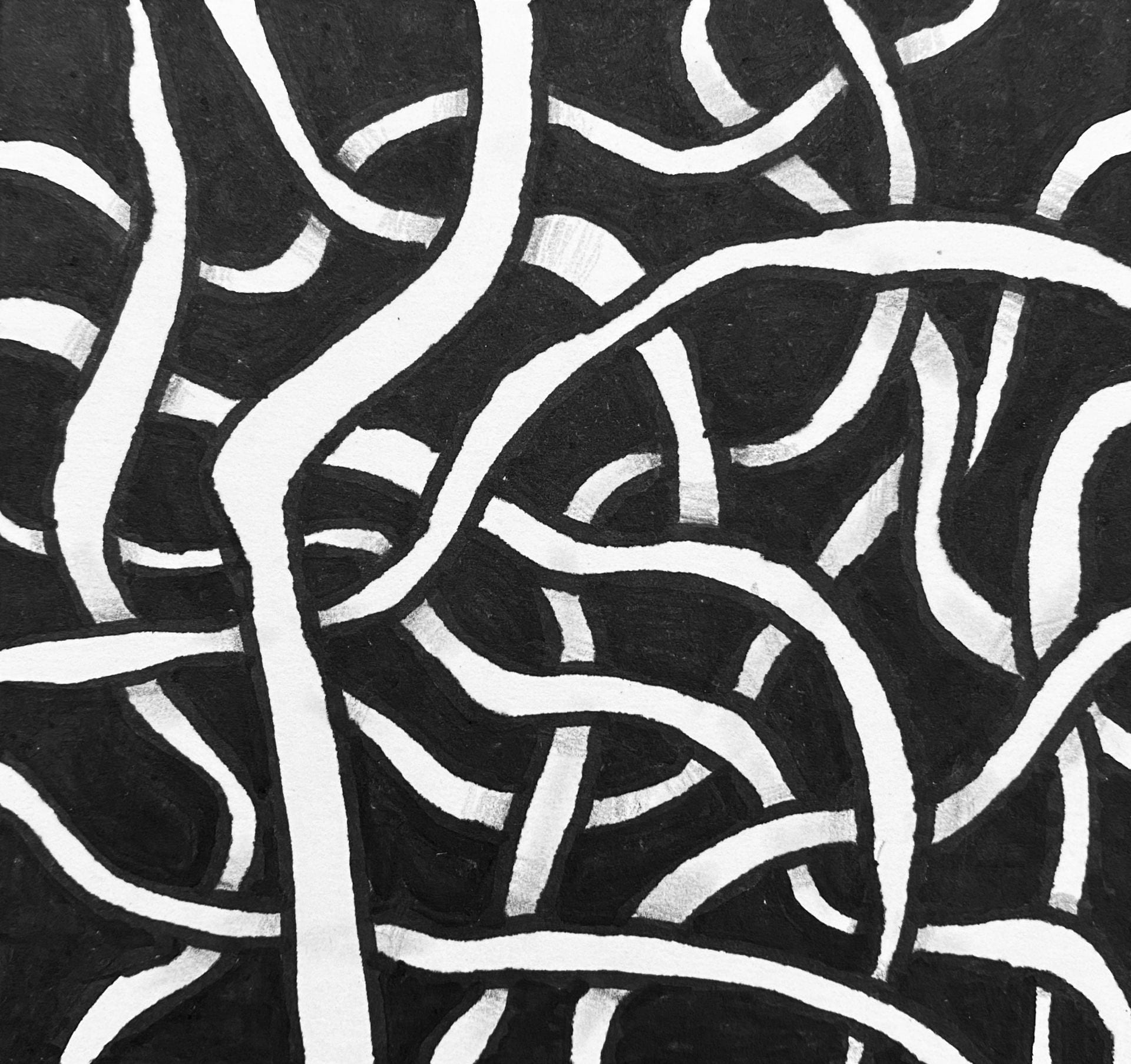
Philip M. ’25
“What is it that’s so important?” She stretched out the so several seconds too long.
“I need your help.”
“Why?”
“I need to get help.”
“With what? Stop being so elusive here, Porter,” she snapped, to the point as always.
“I need help. With the memories. And my cards. I need a new set.”
“Porter!” She shouted. A flock of pigeons beat their wings in a hustle and flew up to the nearest rooftop.
“What?” I asked innocently.
“You know you can’t do that!”
“Why? It’s not my fault.”
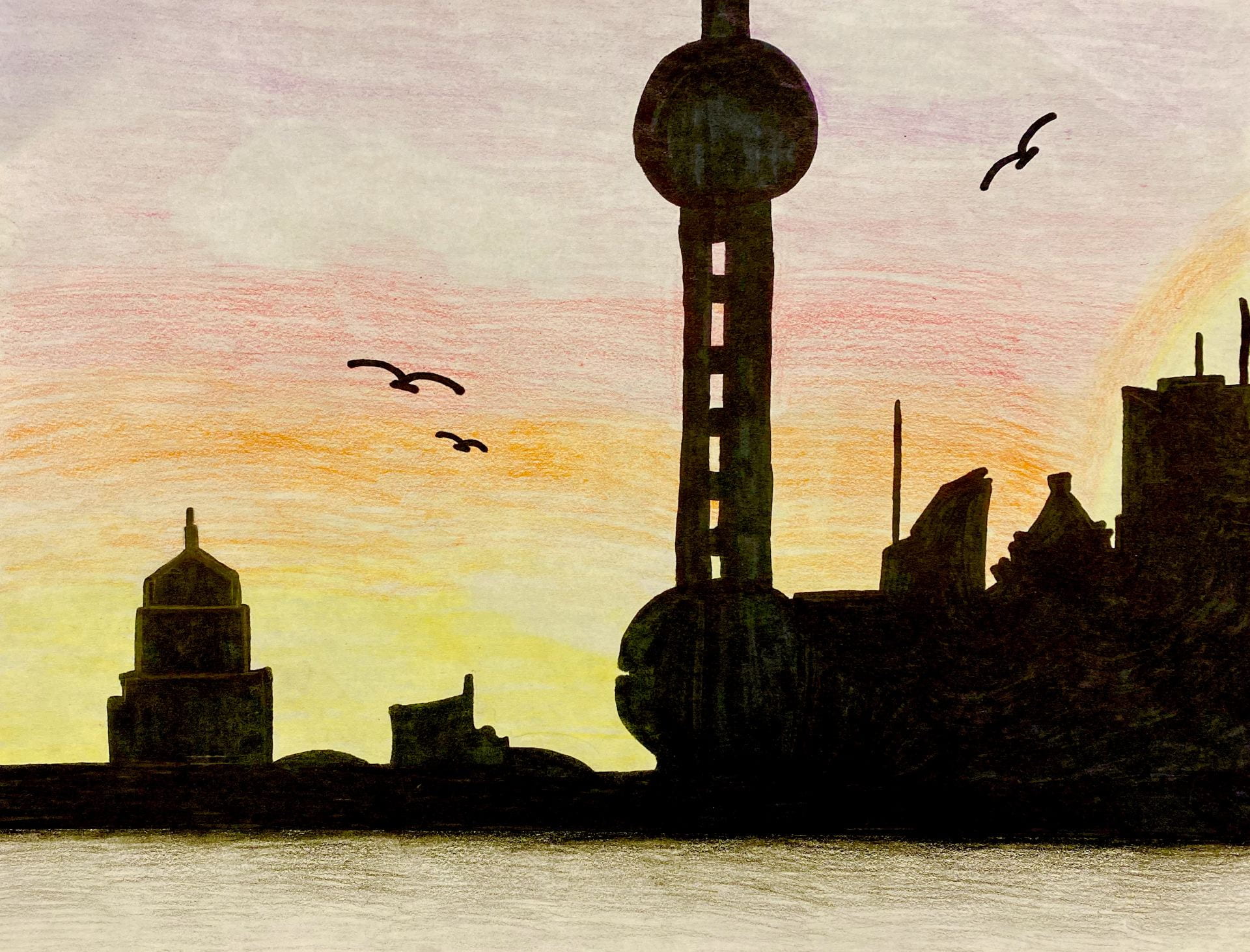
Evelyn W. ’28
“If they find out you’re screwed, Porter. You’ll become some scientific experiment or something!”
“I just need new cards, that’s all.”
“And what are you going to say when they ask why you need new cards?”
“What else? Mine aren’t working. It’s the truth.”
“And then…” she prodded.
“And then they’ll hand me a fresh set.”
“No! First they’ll check to see if you switched, and since you said your cards aren’t working that meant the switch wouldn’t work, either.”
“I’ll just say the less powerful ones aren’t working.”
She sighed, exasperated. “They’ll figure you out, Porter. C’mon, I’m just looking out for you.”
“They won’t ‘figure me out’. It’s not illegal or anything.”
“Who knows?”
“Please, Aurora, come with me to the Department of Public Health?”
Aurora sighed. “Where is it?” I smiled and pulled up Google Maps.
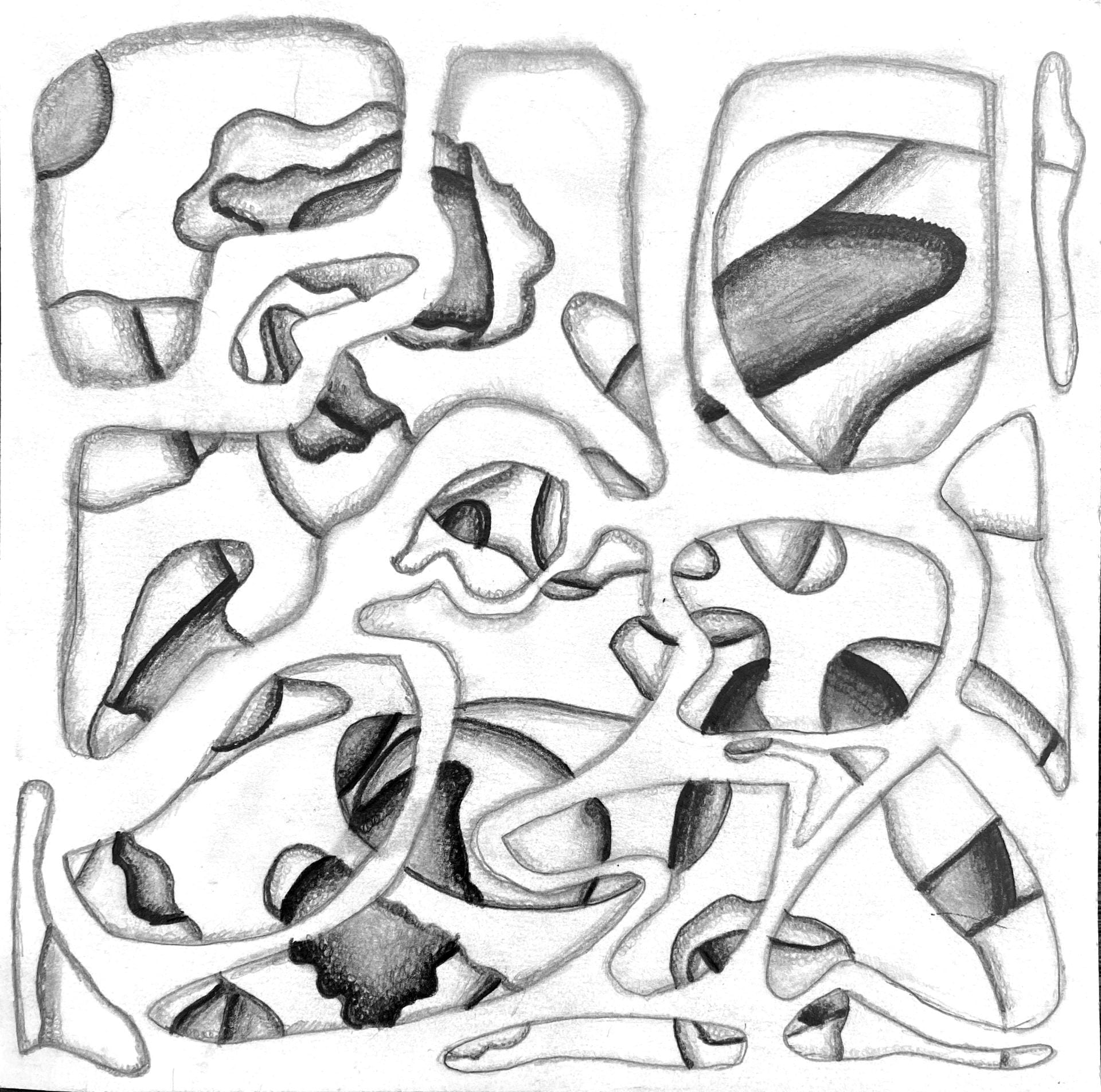
Suka N. ’25
We pushed heavy revolving doors open and stepped through, greeted by a blast of cool air. The Department of Public Health was located near the rest of the government buildings in Westminster on a broad, busy street. We had taken the tube from Greenwich, where Aurora lived. The central hall of the DPH was quite grand, with a tall vaulted ceiling and a marble floor. A wide staircase led up to the second level. Officers dressed in navy blue uniforms strode purposefully. At a circular desk with the sign, Check In For Appointments Here hanging from the ceiling above, several secretaries clacked away on computers.
I glanced at the circle table of secretary desks, searching for an open spot. A flash of vibrant red hair caught my eye.
“Caroline?” I murmured, picking up speed as my heart rate rose – but no, it was just another secretary. My gaze dropped to her silver nametag.
“Welcome to the Department of Public Health London, how can I help you today,” ‘Amelia’ said. Though middle aged, her wavy red hair, still vibrant, was pulled back into a thick, large ponytail and a bright red lipstick was smeared thickly on her lips. Her mouth was twisted in an amused smirk. Even though she was sitting and thus below me, it looked as though she was looking down at me.
“I would like to schedule an appointment with a card specialist, please.”
“And why is that?”
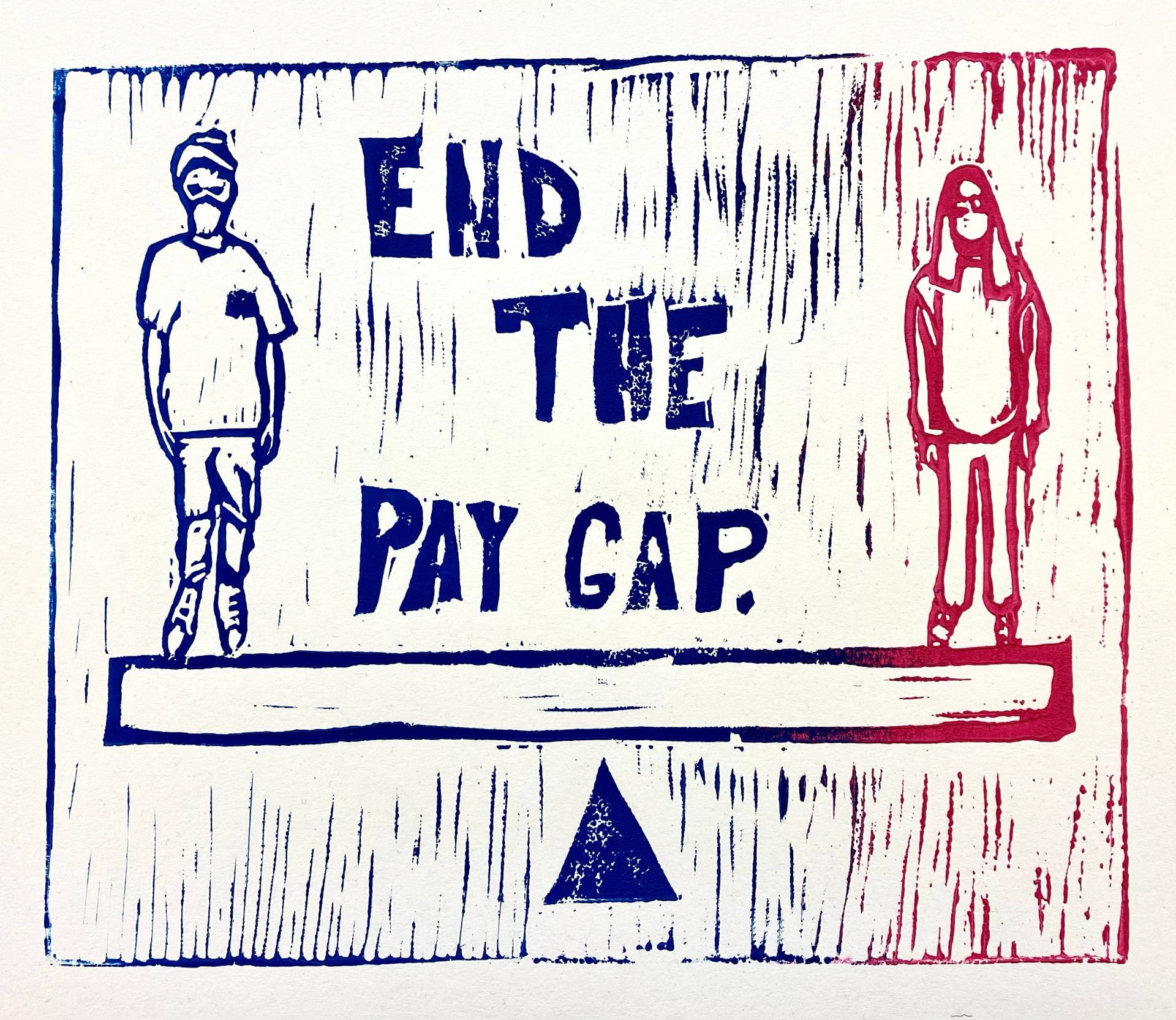
Zora T. ’25
“I have an issue with my cards.”
She looked at me skeptically. “How old are you?”
“Thirteen.”
“And do you have a parent or guardian with you that is able to sign your form?”
“Um… no.”
“You have to be sixteen years of age or older in order to schedule an appointment without a parent or guardian.”
I hadn’t planned on coming here, but now that I was here it felt capable to solve my problem. I wanted it more than anything. “But please, I need to talk to a specialist.”
“I’m sorry, but you are not permitted to speak with a specialist without an appointment. They are very busy.”
“Can I just phone one? Please?”
Amelia sighed, clearly exasperated with me. “The telephones are over there.” She pointed to the wall across the way with a few phones hooked up to the wall. “The cards department is number 7.”
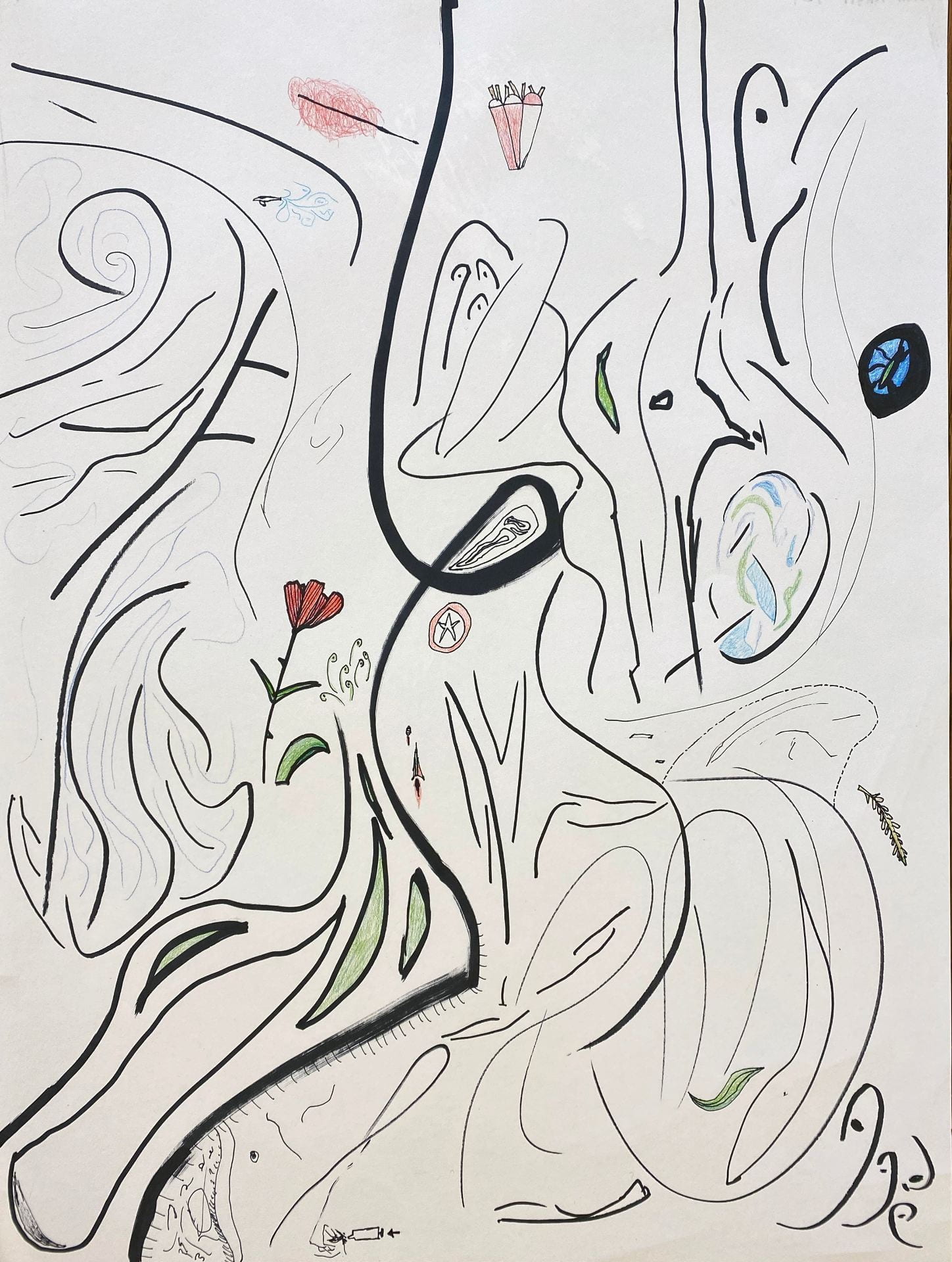
Steven S. ’28
“Thank you!” I rushed over to the booths and quickly dialed 7. A recording answered with, “Thank you for calling the London card department. To schedule an appointment, press one. To inquire about the London card department policies, press two. To speak with a specialist, press three. To file-” I pressed three.
“London card department, how may I help you today,” said a woman.
“I would like to speak with a specialist, please.”
“May I take a message?”
“Am I able to speak to them in person? This is important.”
“They are all very busy.”
“Please? I must.”
“Alright, one moment please.” Muffled noises came from the line. “Dr. Seif, there’s a boy who wishes to speak with a specialist.” I strained to hear Dr. Seif’s response.
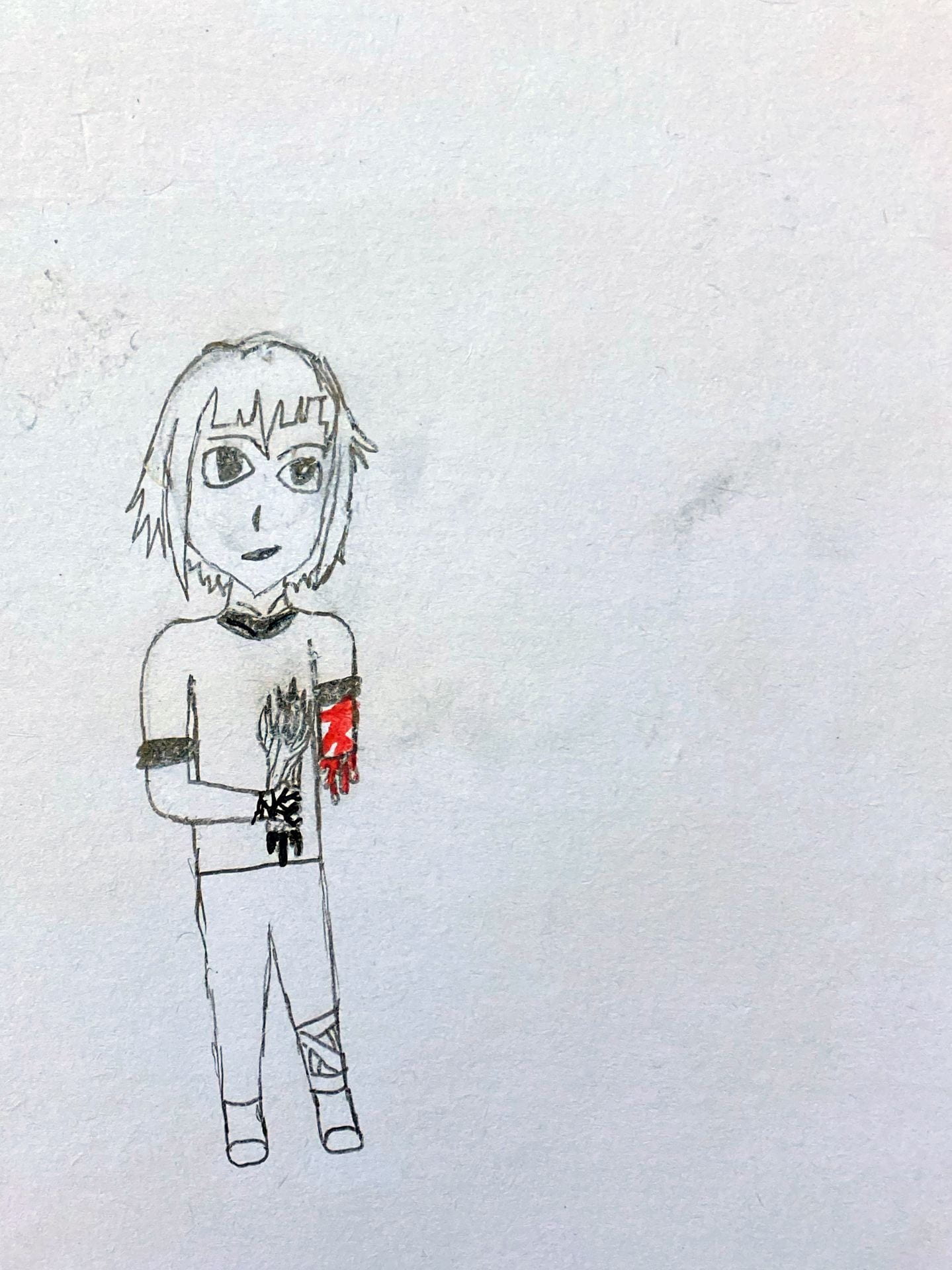
Kayla R. ’28
“Oh. Here, can I have the phone?”
“Sure
“Hello, this is Dr. Alison Seif,” said someone on the other end.
“Hello Dr. Seif!” I exclaimed. I sounded over-energetic I know, but I was ecstatic to finally be able to talk to someone who could help me. “My name is Porter Caldwell, and I have an issue with my cards.”
“Ah. Of what manner?”
I suddenly realized that they needed to know my problem. “Umm… I’m in the lobby…” I asked tentatively. “I- I-”
“Are you in the lobby?”
“Yes.”
“We honor our patients’ confidentiality. Would you like to come up to my office?”
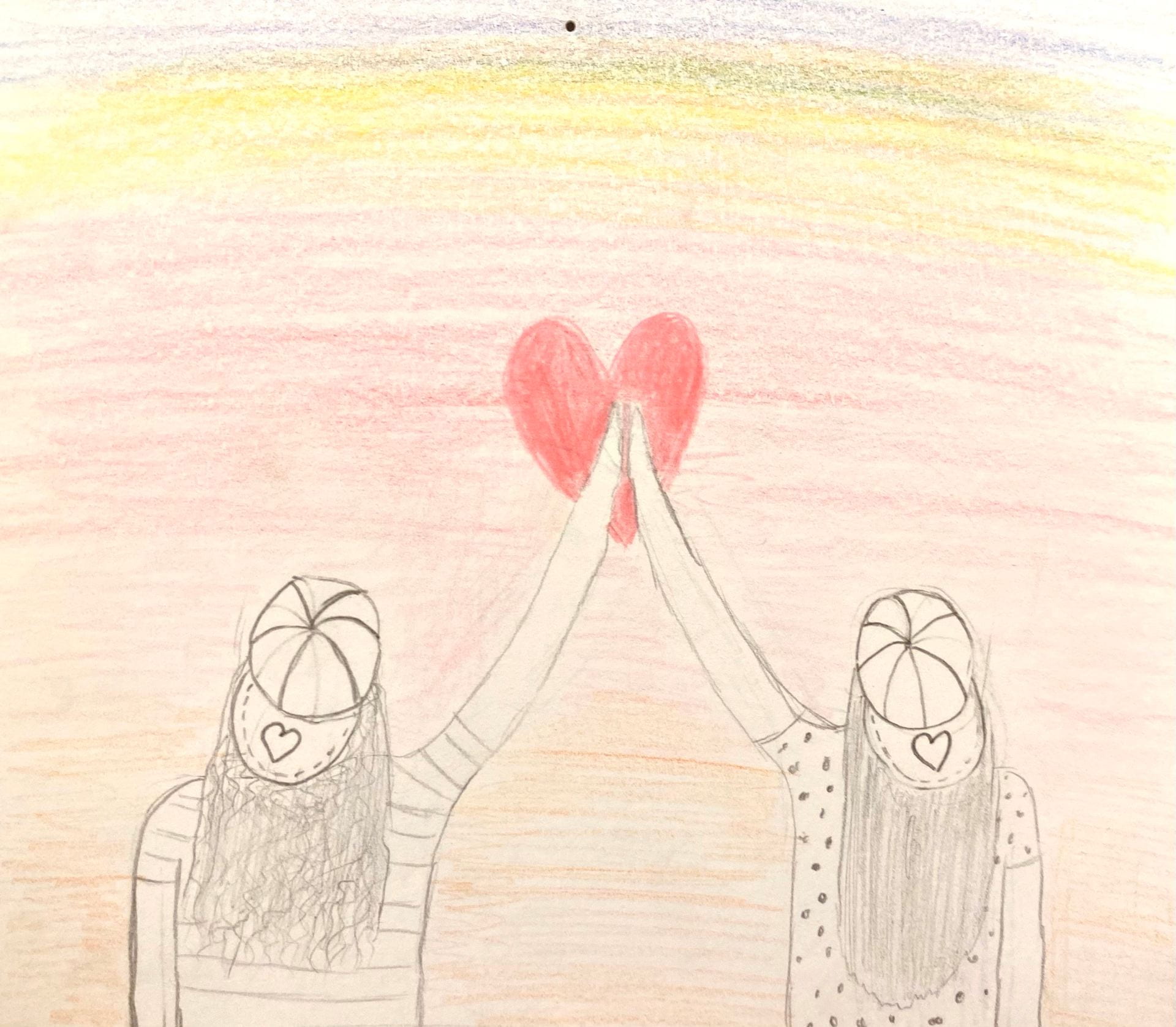
Marianna D. ’28
“Yes please!” I decided to take confidentiality as my reason for
“Alright. Take the elevator to the third floor then follow the hallway until you reach the drinking fountain, then take the hall across from the fountain until Room 313. That’s my office.”
“Thank you, Dr.”
“See you soon.” I hung up.
“Ready, Aurora?” I said to her. She looked terribly bored.
“Do I have to come?”
“Yes.”
She groaned. “You owe me for this, Porter Caldwell.”
I laughed. “I’ll add that to my list.”

Noah H. ’28
Dr. Seif’s room was fairly easy to locate, and we managed not get lost. We got multiple strange looks from people, likely wondering why two kids were wandering around a government building on holiday, but other than that we arrived at her room with ease.
I knocked on the door.
“Come in,” said a female voice from inside. I pushed the door open to see a regular office, with a desk facing the door and two chairs in front of the desk. Behind was a floor-to-ceiling window with a view of the rooftops of the city. Seated in a swivel chair behind the desk was a woman of maybe forty-two, with bobbed, straight black hair, olive skin, and a warm smile. A whiteboard on the wall was covered with pictures of what I presumed to be her kids and dog. “Ah! Porter, right?” said Dr. Seif, smiling warmly.
“Yes.”
“Pleasure to meet you, Dr. Seif.”
“Pleasure to meet you as well, Porter!”
“Aurora, could… could you stay out in the hall?” I asked shyly. She rolled her eyes but closed the door.
“Alright. So Porter, let’s get down to business. You said you had an issue with your cards.”
“Right. Umm…”
“This is a safe space, Porter, remember.” A tingly heat rose in my cheeks, and I fiddled with the cuff of my sleeve.
“I remember.” I said after a moment, feeling more and more nervous as I shifted my weight from side to side.
“What do you mean?”

Emma P. ’28
“I- I know that I switched.”
“Oh.” Dr. Seif managed not to look too shocked, but I could tell she was.
“Yeah.”
“And do you know everything about your past life or just that you switched?”
“Everything.”
“Goodness.”
“Yeah.” I twiddled my fingers. After a moment I said, “Has this… is there something wrong with me?” I felt like a child.
“No, no, Porter!” She said, back to her warm, comforting manner. “There’s actually a solution developed by the World Union Science Institute.” I let out a breath so big it was as if I had been holding it since I walked in the DPH. “But, you see, Porter, in order to prescribe you the vaccine – that’s the form the medicine comes in – I need to know why you need it.”
“Oh.” No.
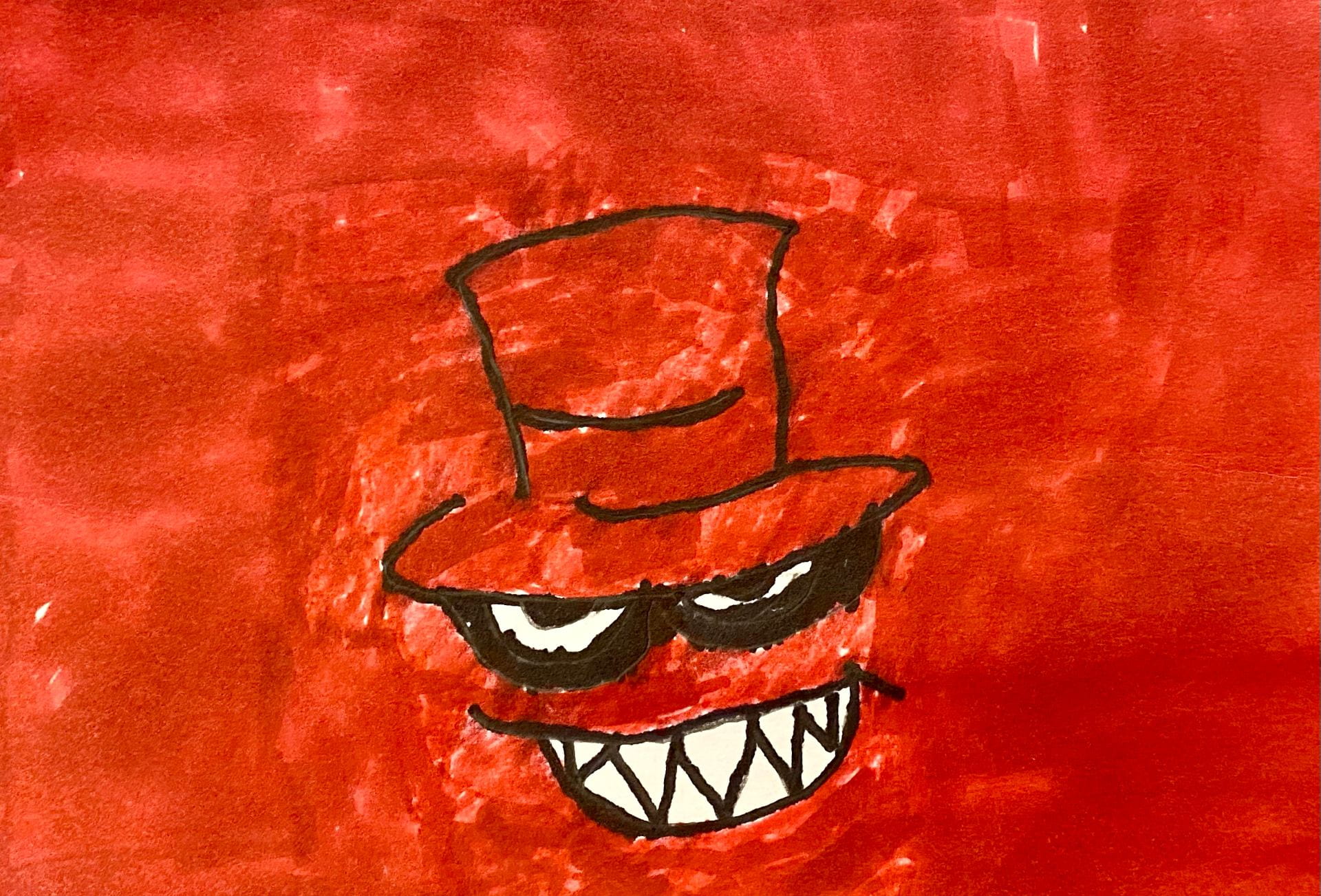
Ryan D. ’28
“I know this may be hard. But could you try?”
“I’ll try. So. Well, I had a difficult home life?” I twiddled with the cupcake squishy on the edge of the desk, squeezing the foam and watching it as it slowly crept back into its normal shape.
The smell of leather and bracken and manure assaulted my nose, memories of my past life. How Father would make me come on hunting trips with him. How Mother would refuse to give me dinner when I didn’t want to go to church. The sunburnt skin and callused hands.
“And- and I had a girlfriend…” I felt my eyes water. My throat choked up. “A girlfriend named…” Dr. Seif handed me the tissue box silently. I took it, grateful. Wiping my eyes, I continued.
“Caroline. And she was one of the reasons I didn’t just leave. She was kind and funny and understanding and everything you’d ever want, beautiful too.” The memory of Caroline pushed into my mind, how her red hair smelling of honey and sunshine would blow into my mouth that day on the beach, that eyeshadow palette of coppers that could only ever look good on her, that pearl choker she wore everyday and refused to take off. The kisses we stole at midnight, her horrible apple pie.

Farah G. ’28
“Then one day-” I started crying again, this time hard. “We were in the car,” I managed to choke out. “And this truck came and hit the car and she was in the passenger’s seat and she-” I sobbed into my hands. “She got hit,” I sniveled. “She got hit and she- she- she- um, died and it was all my fault! It was all my fault and I-” I hadn’t noticed it but the door had opened and Aurora, so unlike her, was patting my shoulder awkwardly.
“I’m so sorry,” said Dr. Seif. “I understand. And I know what to do. If you’ll just let me check your file we can get it to you right away.” She checked my file.
“Alright Porter. So this vaccine takes about twelve hours to work, and once it does the memories will be gone forever. By tomorrow, you’ll wake up feeling light and free, and you won’t remember a thing. And Aurora, I’m going to give you a pill to remove anything Porter may have told you about his past life. Same rules apply for about twelve hours. Okay?”
“Okay,” Aurora and I said in unison.
“Perfect. Here’s this, Aurora.” Dr. Seif handed her a small white pill and a paper cup. Aurora filled it with water and downed it in one gulp. She smiled at me.
“A nurse will come in in a minute.” She stepped out and left me and Aurora thinking as the sun streamed down, illuminating the room.
A nurse in elephant-patterned scrubs walked in with a cart.
“Porter?”
“That’s me,” I said.
“Alright.” She cleaned me up. I watched as the shot was lowered to my shoulder and punctured my skin.
“Done.”
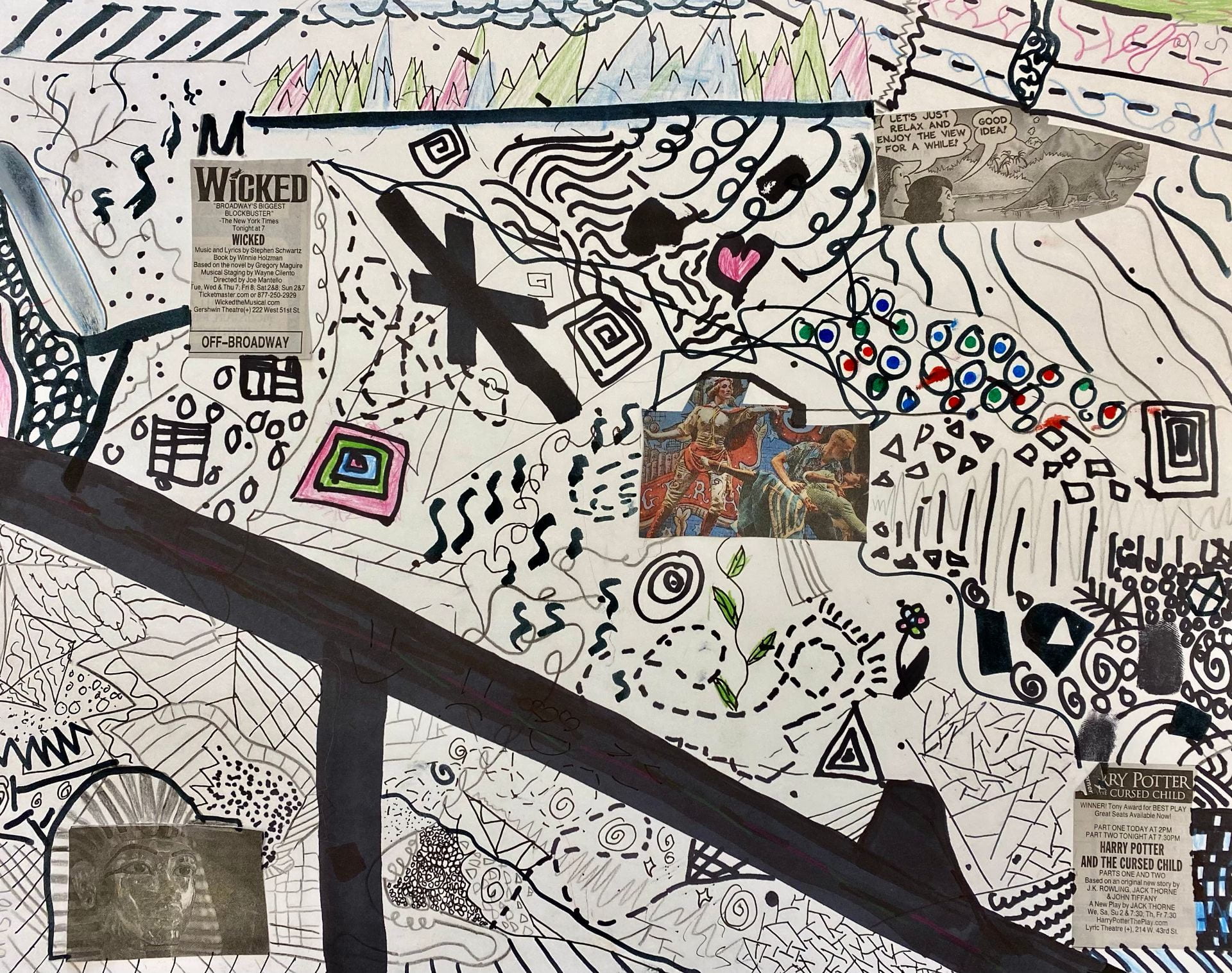
Saifan M. ’28
“Thank you,” I said. I felt free. Real. It hurt to think that by tomorrow I would forget the woman who saved my life, but then I reminded myself that by tomorrow my life would be free of the pain that had weighed down on me for thirteen years.
“C’mon, Porter. Thank you.” Aurora took me outside and led me down the street to a pedestrian bridge that curved over the Thames. We stood at the arc of the bridge, looking out over the river as it wound its way through the city. The sun was edging towards the horizon, making the sky as red as Caroline’s hair, red that would disappear by dawn.
“It’s beautiful, huh?” I said.
“Yeah.”
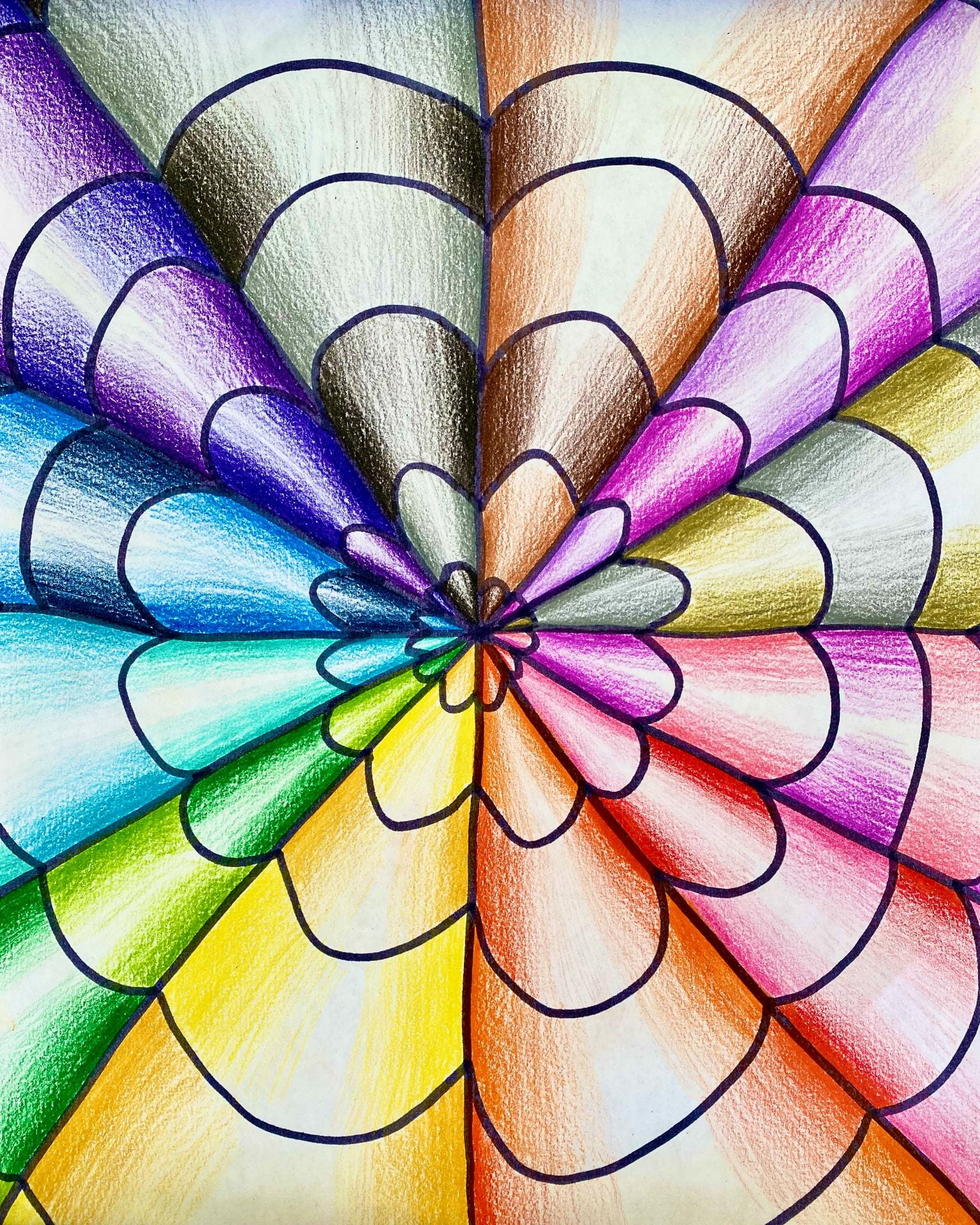
Evelyn W. ’28

